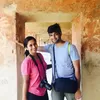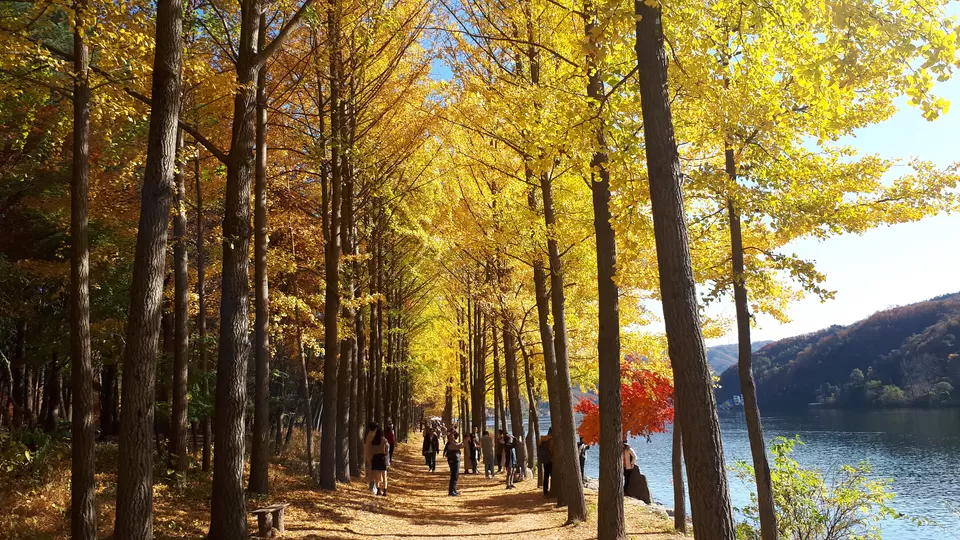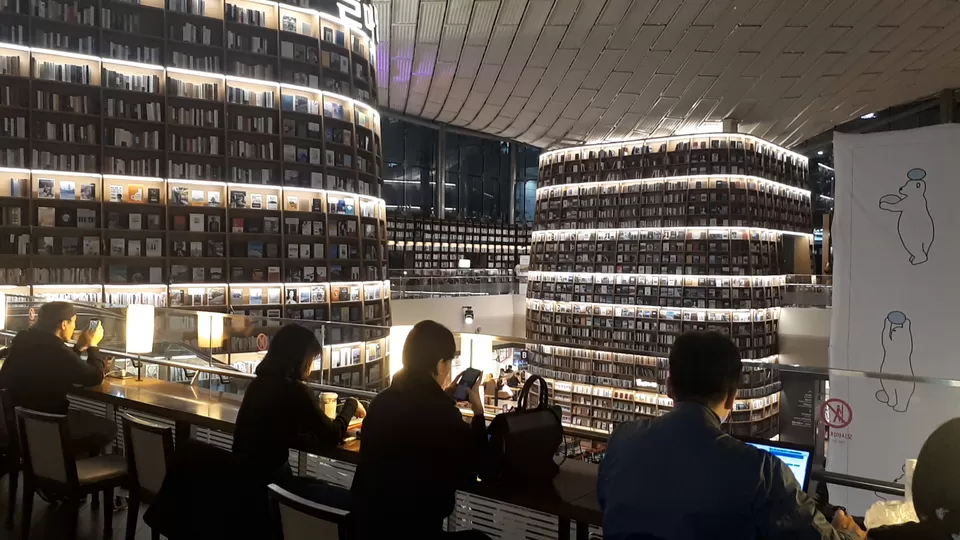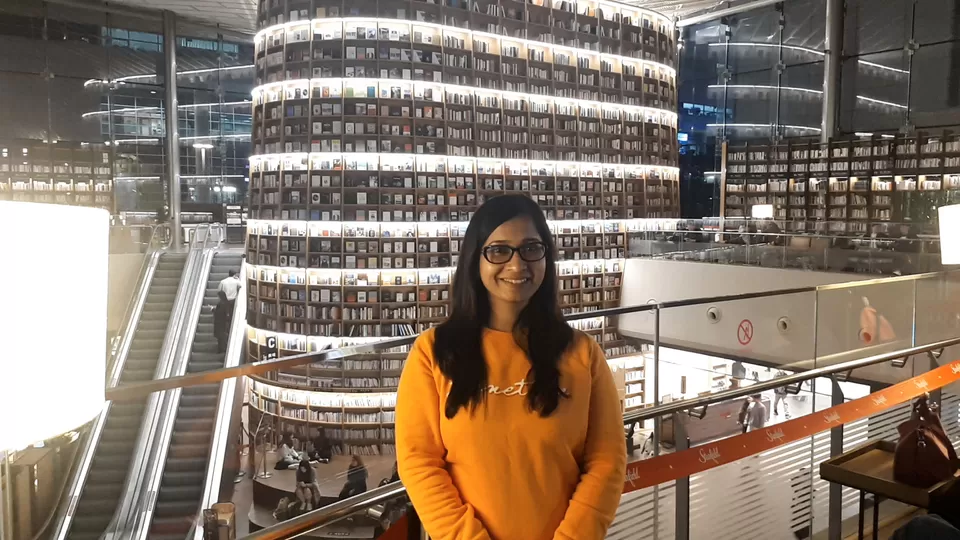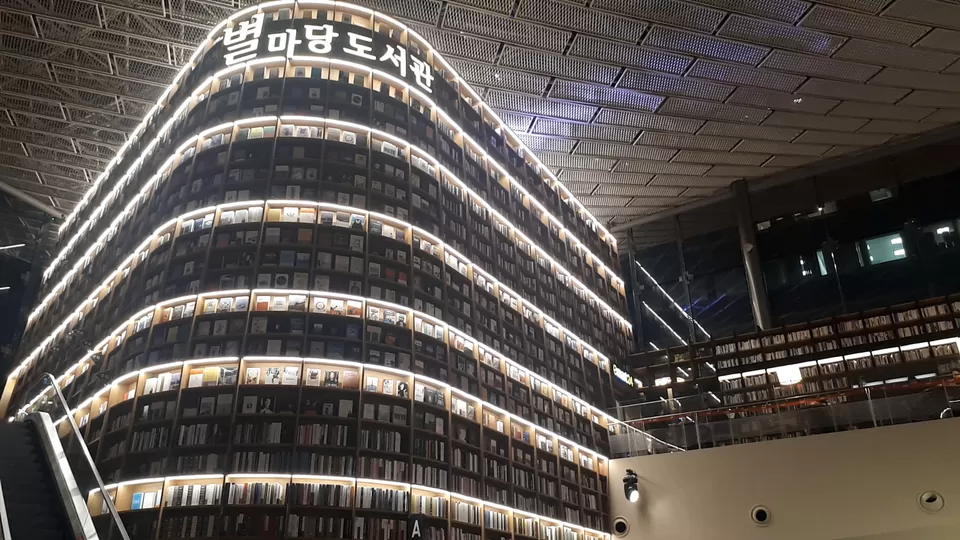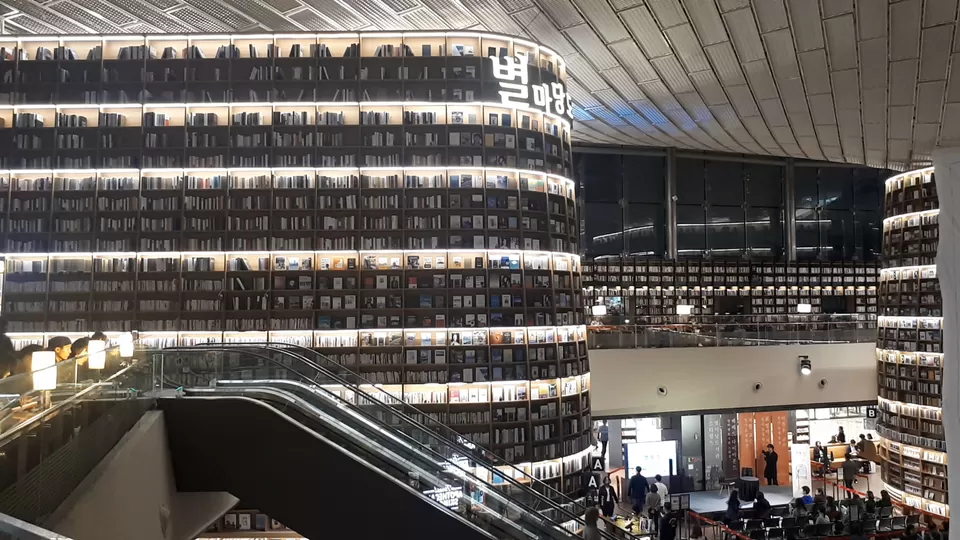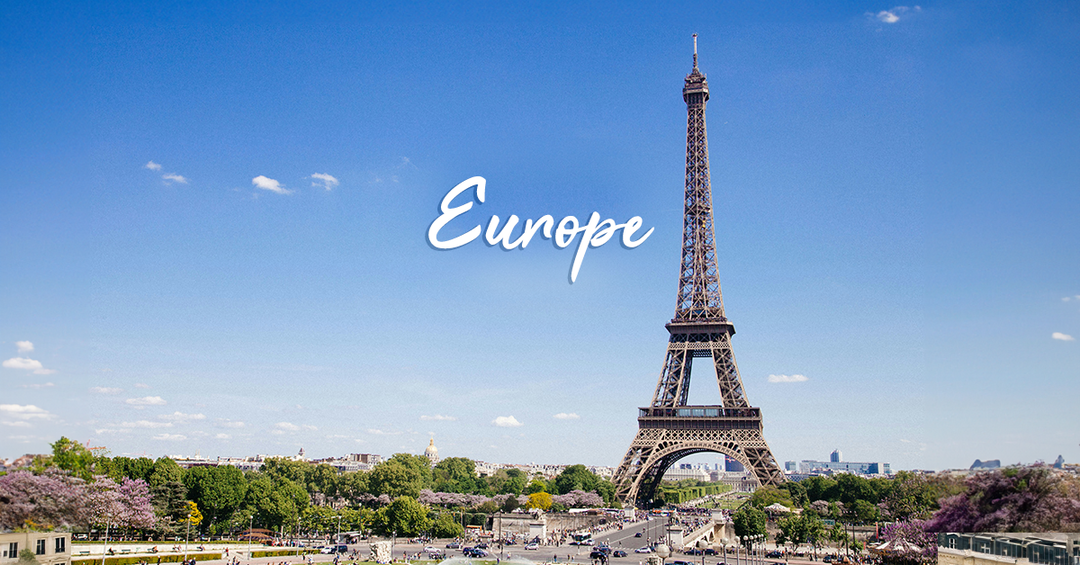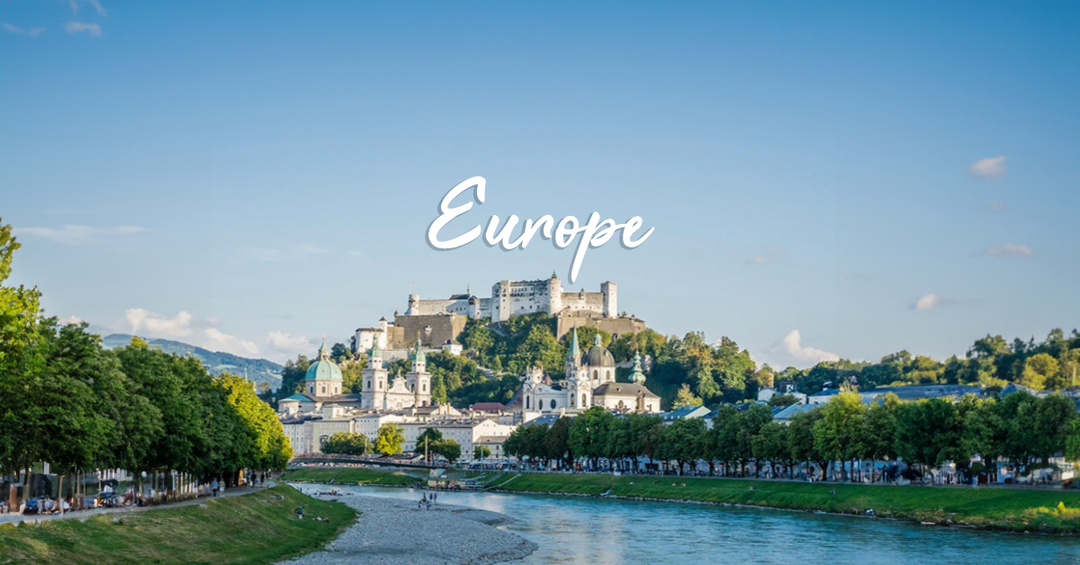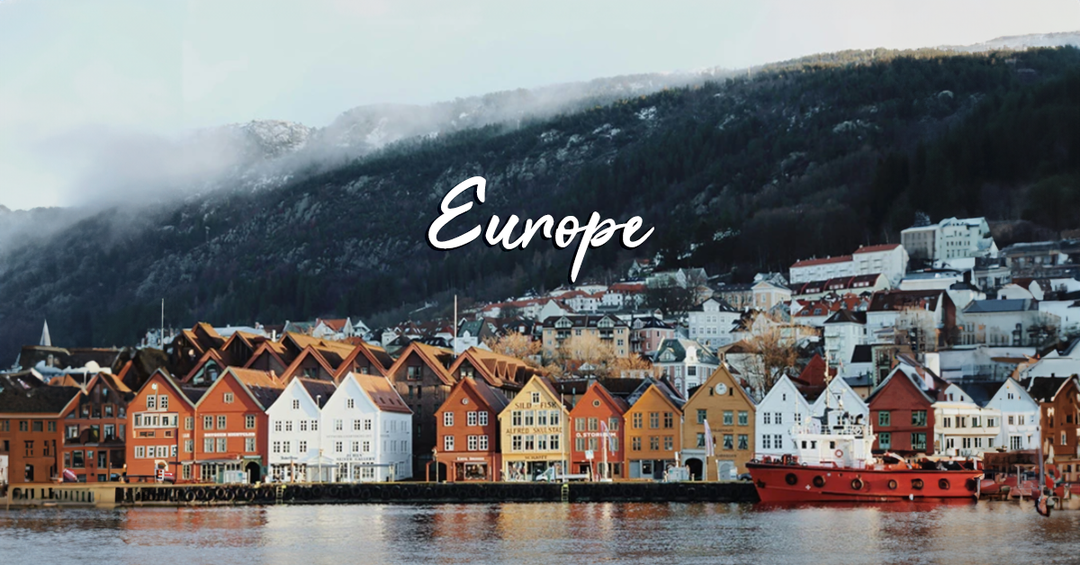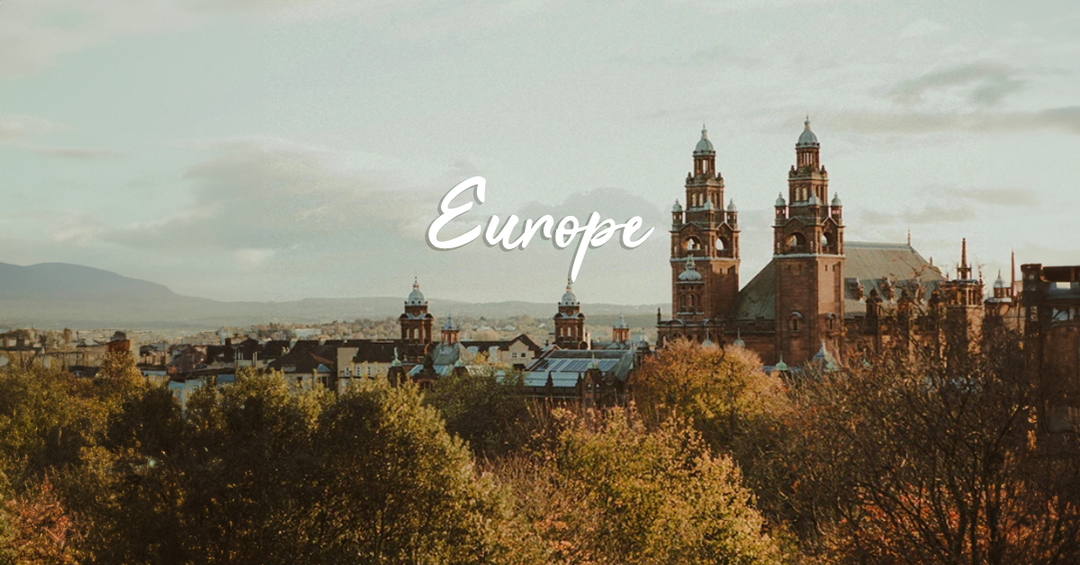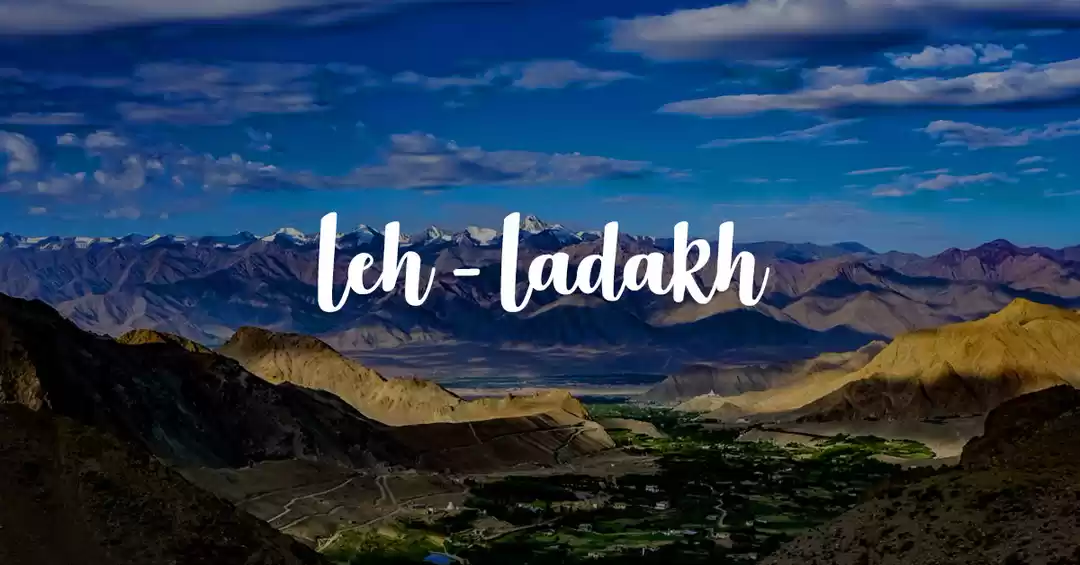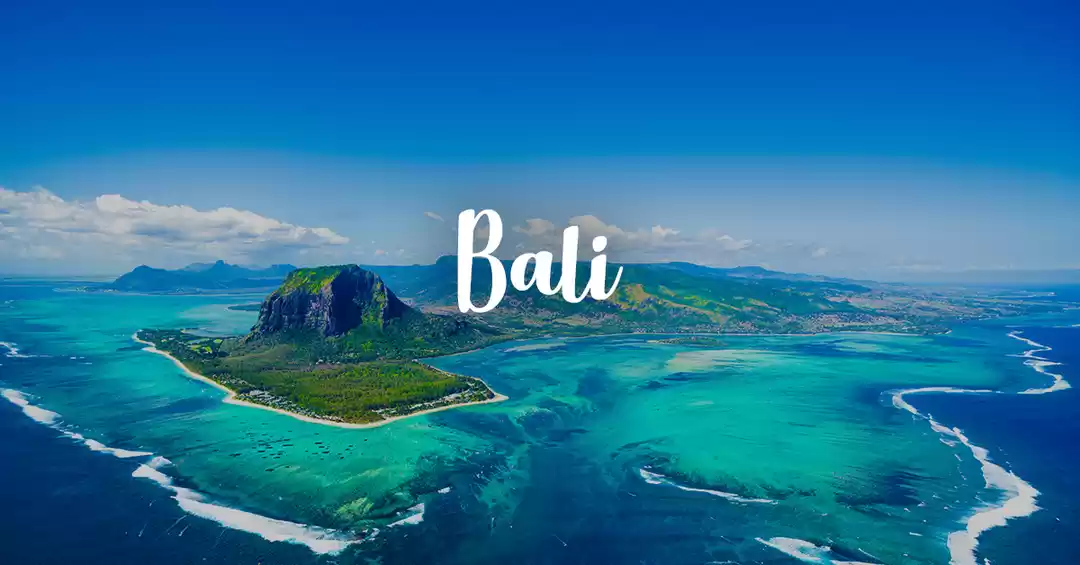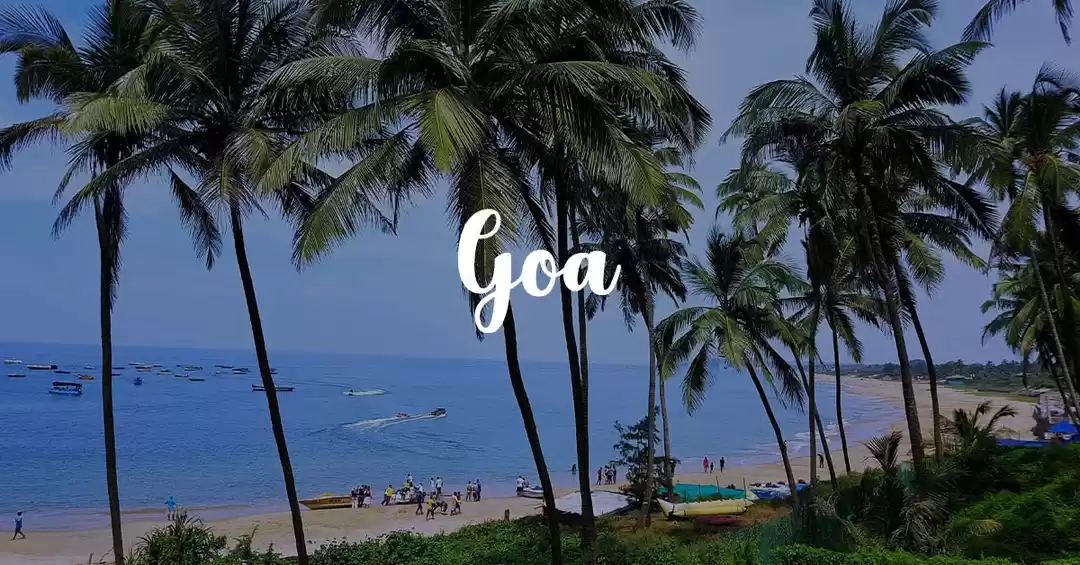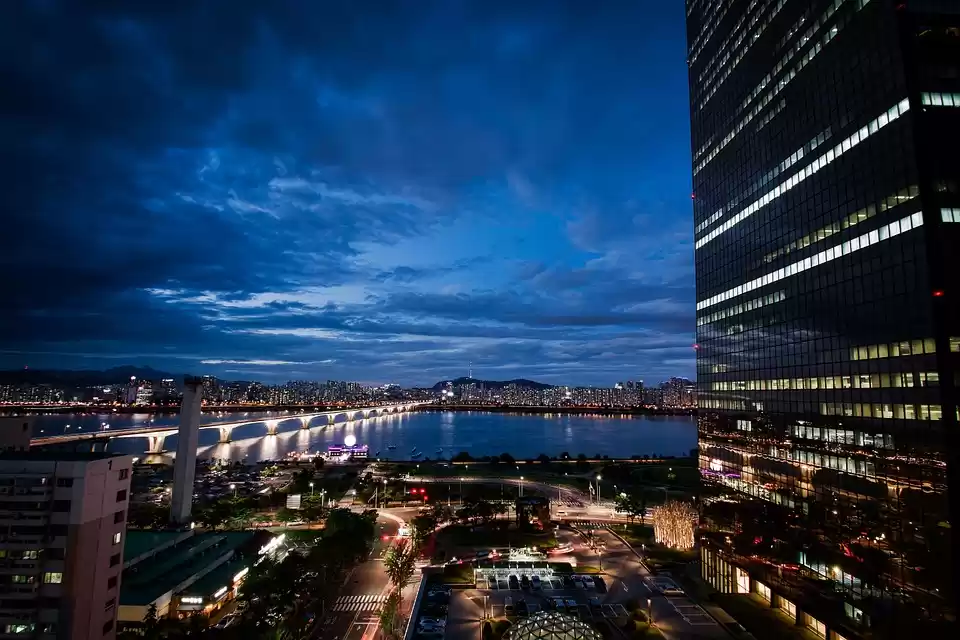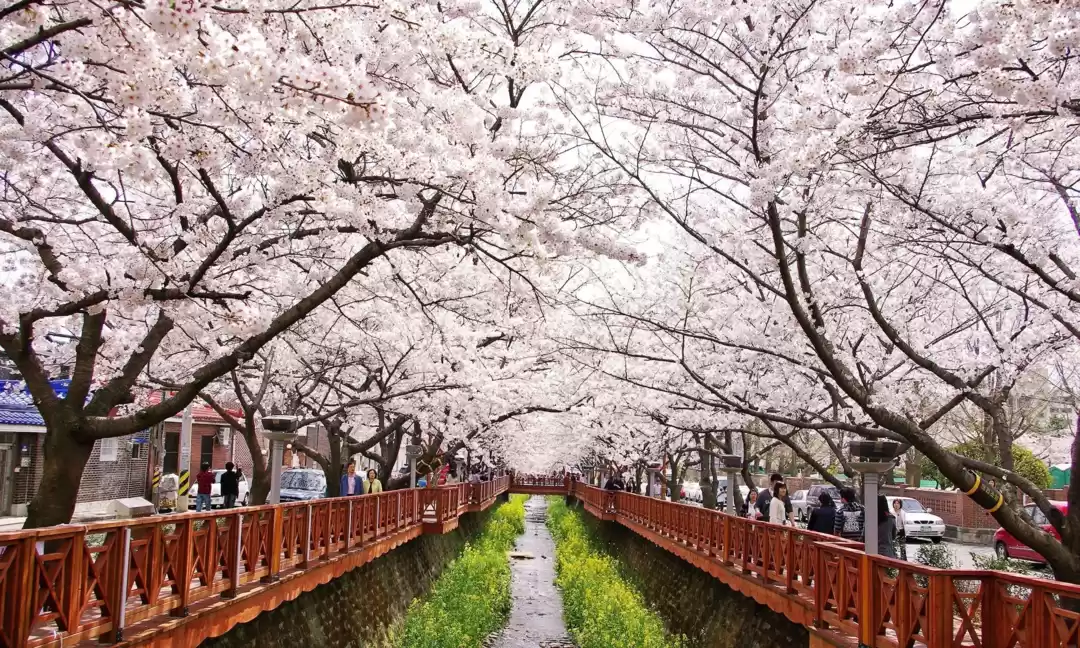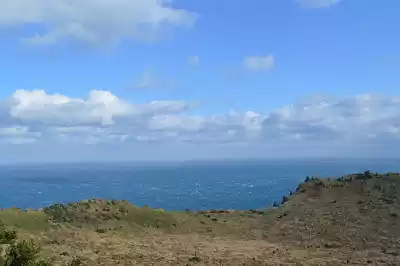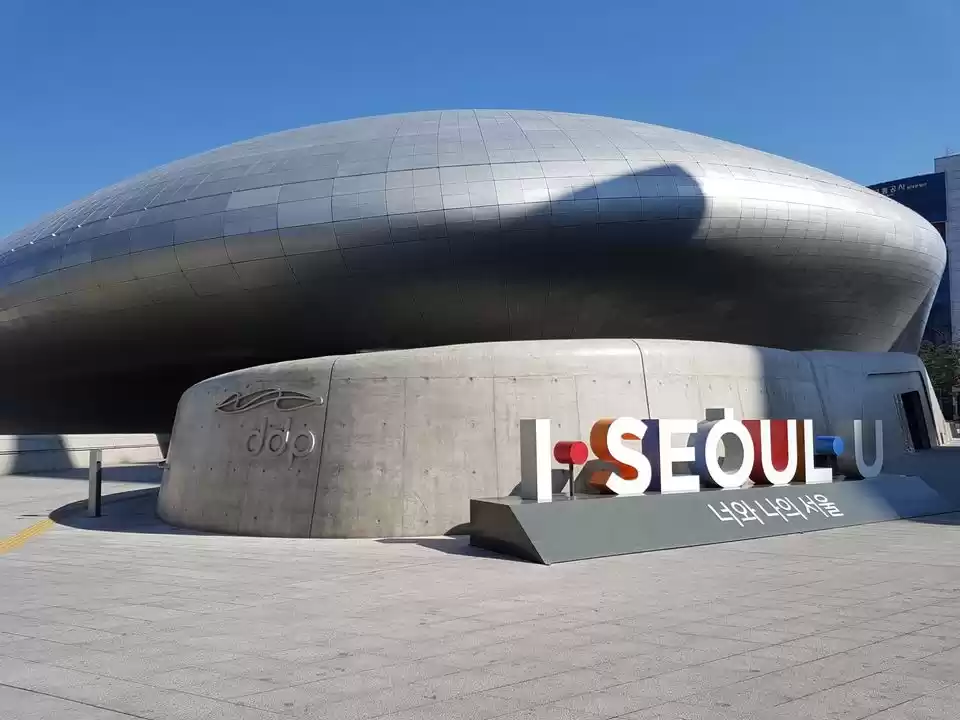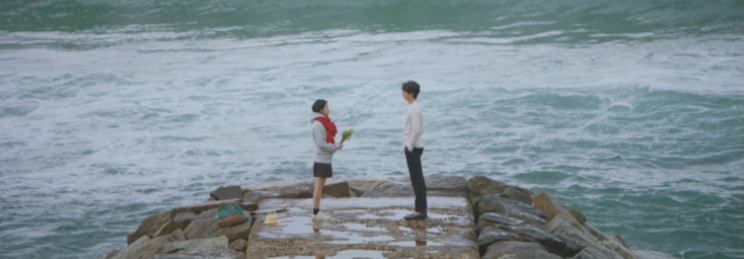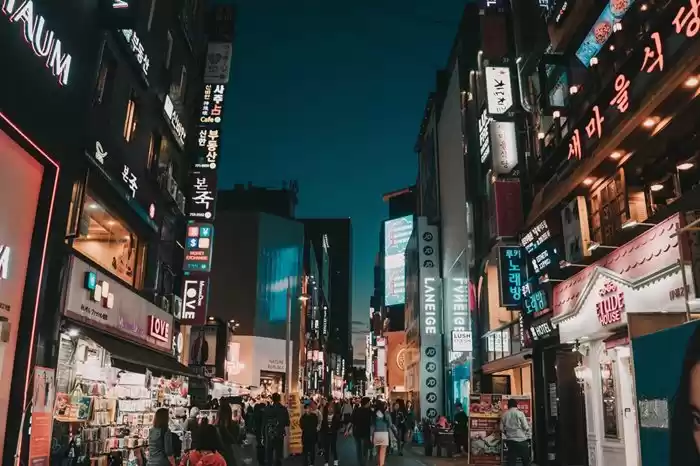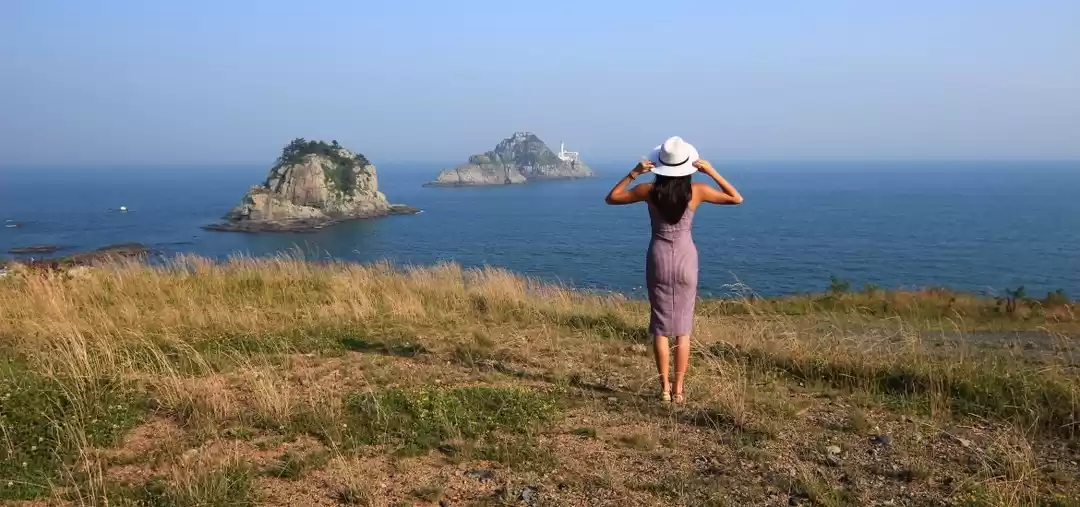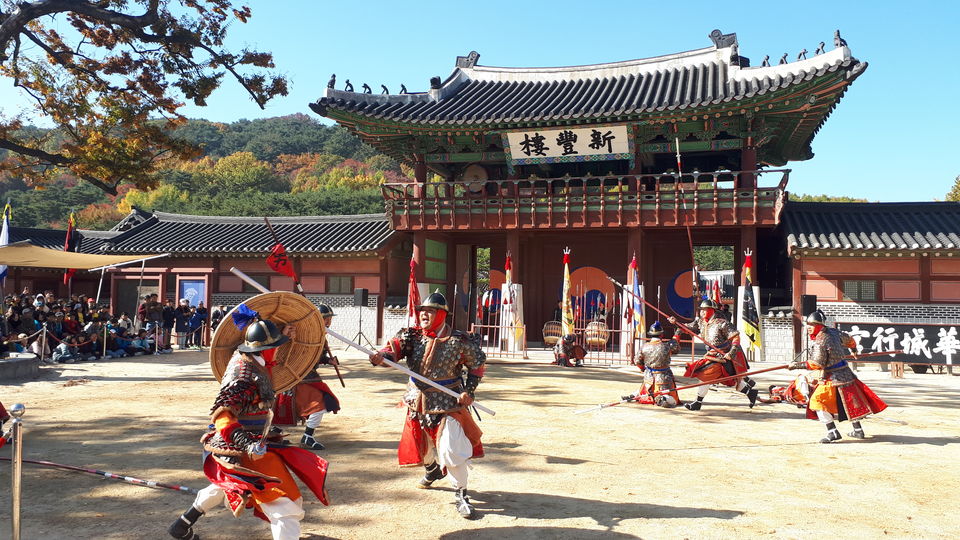
Anyong Haseyo ! (Hello in Korean)
India's Nobel laureate Rabindranath Tagore in his much reveared poem 'Lamp of the East' referred Korea as "In the golden age of Asia, Korea was one of its lamp bearers, and that lamp is waiting to be lit once again, for the illumination of the East."
From the moment when I first started researching about South Korea as possible travel destination, I could not help but be obsessed by it. The K-Pop,K-Dramas, the fabled Korean food and the awesome nightlife as seen on TV was something we wanted to experience first hand.
Fun fact: Millions of Koreans trace their origins to Suriratna, a princess from Ayodhya who had married the Korean king Kim Suro
Why visit South Korea
The Korean peninsula is a unique piece of unexplored part of Asia –mountains, Hanok villages, rice fields, and huge cities. While its troubled history has made Korea’s very existence nothing short of miraculous, amazingly its traditions and customs have largely survived intact – and for visitors, this highly distinctive culture is an absolute joy to dive into.
As for the Korean people themselves, they are a real delight: fiercely proud, and with a character almost as spicy as their food, they are eager to please tourist who come to live or holiday in their country.
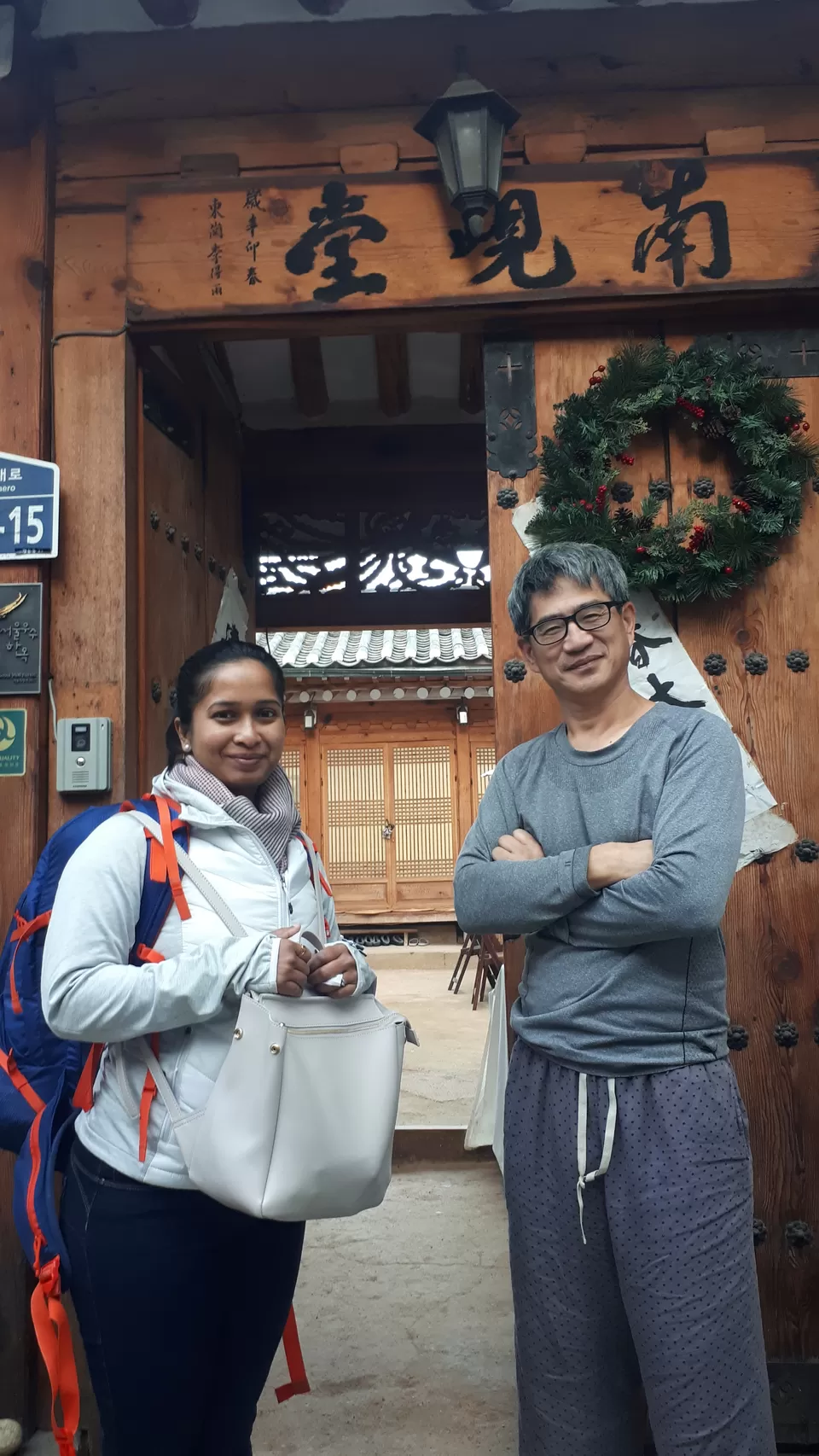
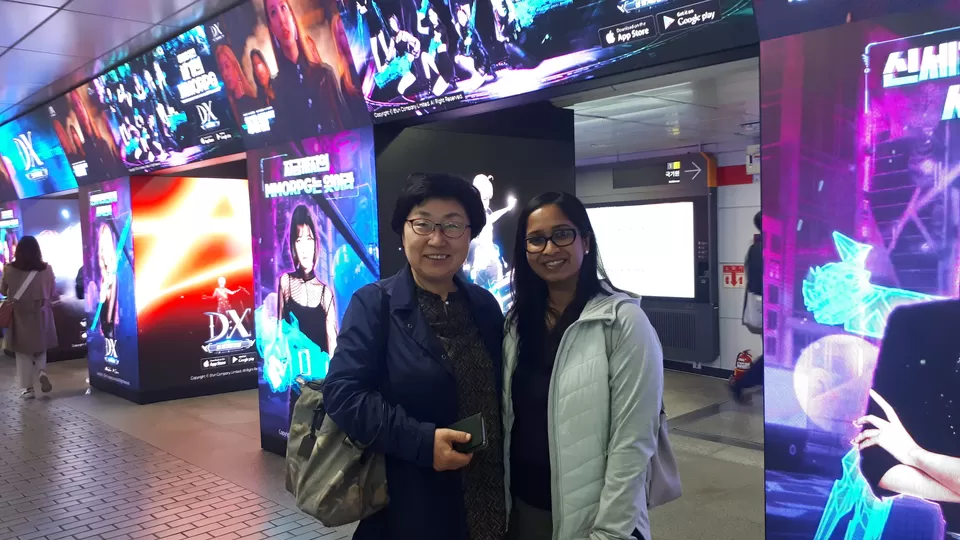
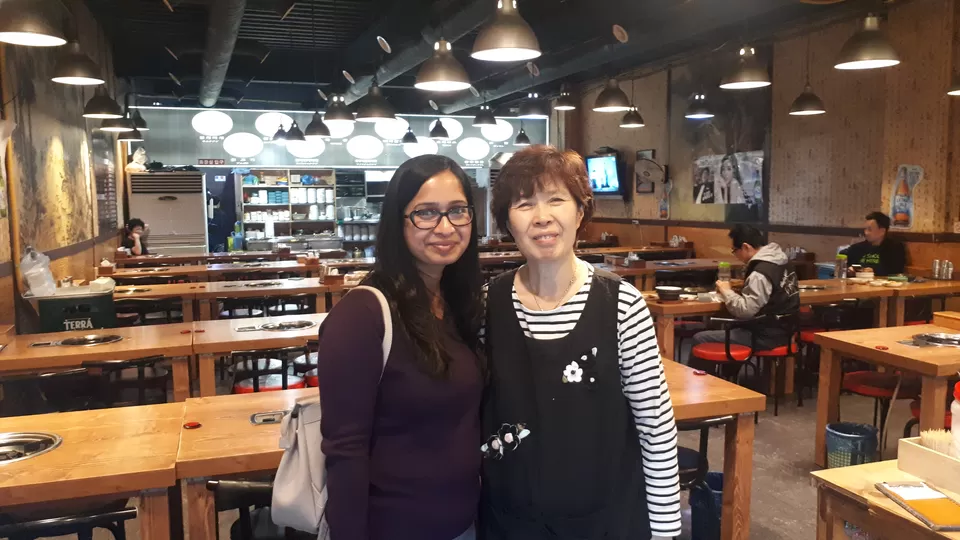
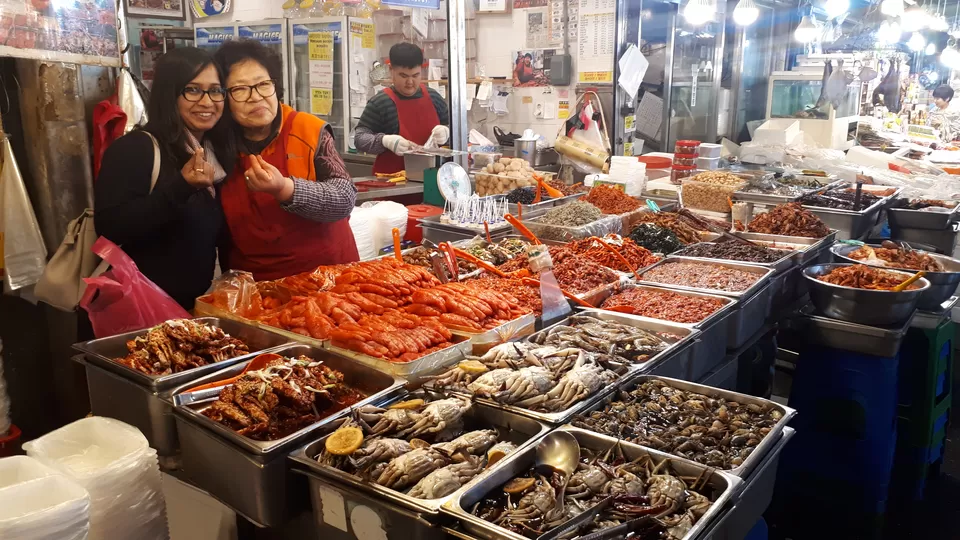
Seasons and Weather
South Korea’s climate is typically temperate with four distinct seasons. There is never a bad time to visit South Korea but travelers should time their visit according to what they want to see and do during their trip.
Why we choose November?
Once the rains have passed, however, the country is bathed in the most stunning shades of orange and red as the autumn leaves start to bloom. With mild temperatures, low rainfall and a wealth of unadulterated natural beauty, autumn (September to November) is a close rival to spring with regards to being the best period to visit South Korea.
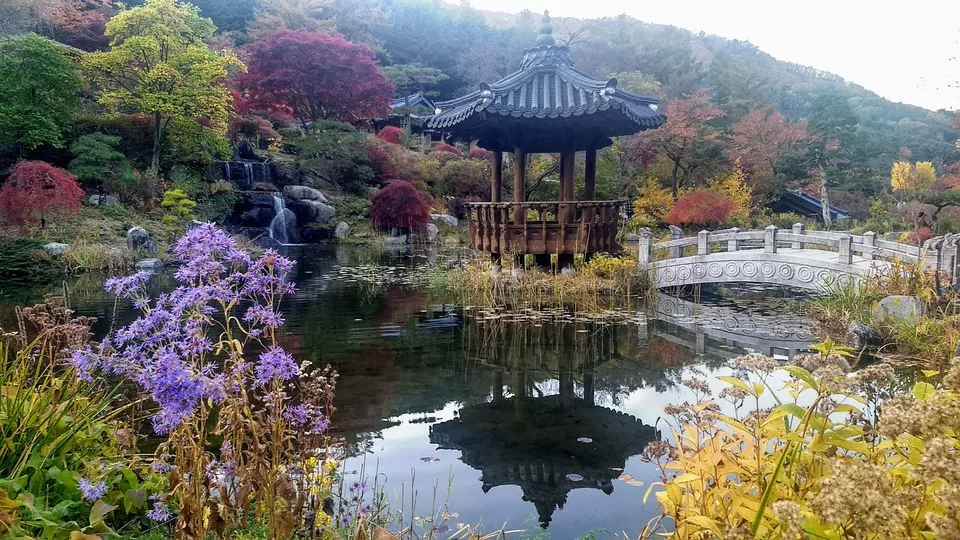
(September to November) This is the best time to visit Seoul because weather is pleasant, prices are more affordable, and crowds are thinner. Do take note to avoid Chuseok or Korea’s autumn harvest festival.
Climate | Seoul
Temp Min- 0 Degree, Max- 11 Degree, Rains- 46mm
Climate | Jeju Island
Temp Min- 10 Degree, Max- 16 Degree, Rains- 62mm
Important information and Travel Essentials
• Most places, museums, and shops close on Mondays and Tuesdays
• A lot of cosmetic stores hold sales starting on Thursdays and up to the weekend.
• Passport: Make sure your passport has at least six months validity and one empty page left.
• Flight tickets: When coming to Korea, you need to have a return/leaving flight otherwise you won’t be accepted onto the flight. It is also useful to have a paper copy to show to the airport staff.
• Hotel reservations: upon arrival in Korea you’ll be asked to fill in your first night’s hotel address on the landing card at immigration. Make sure you have a booking for the first night and having a paper printout is useful to refer to.
• Travel insurance is vital for Korea and indeed anywhere in the world. Korean health care is excellent but can get expensive. You also want to insure your luggage and flights in case there are damages or delays.
• Credit Cards and Debit Cards: Visa and MasterCard are accepted everywhere in Korea. Make sure to check with your bank if your card can be used abroad.
• Traveling In Seoul: When traveling around Seoul you need a T Money Transport card for using public transport.
• Naver Maps: Essential for exact locations and directions
T- Card Purchase details
In South Korea, travelers can buy a Single Journey Ticket or a rechargeable card called T-money Card. These cards can be used for all the buses, subway, and taxis. If you’ve forgotten to bring your wallet, you can even make payments with these cards in convenience stores.
Where to buy your T-money Card
Can easily purchase the basic T-money Card at retail convenience stores such as CU, GS25, and 7-Eleven. The card itself costs 2,500 KRW. Nowadays, Kakao Friends is gaining a huge popularity and it has released T-money Cards with totally cute Kakao characters. These cards cost 4,000 KRW
Visa application process
Foreign nationals entering Korea are generally required to have a valid passport and a Korean visa assigned by overseas branch of Korean embassy or consular offices. For Indian citizens travelling to Korea, a single-entry visa valid for 90 days is usually issued.
In India, Visa application centers are divided into 4 zones: North (Delhi), East (Kolkata), South (Chennai) and West (Mumbai).
• North & East zone applicants must apply through VFS office at http://www.vfsglobal.com/korea/india/
• South & West zone applicants can apply directly at their respective Korean consulate offices. We applied through Girikand travels- 2900 Visa fees + 1600/- processing fees per person
Documents required
• Original passport valid for a minimum period of three months after the expiry date of the visa (passports issued more than ten years ago are no longer accepted)* and 1 old passport if applicable plus one copy of the first and last page of the current passport. The passport should have 3 blank pages (either side).
• Visa application form.
• 2 recent photographs not older than 6 months. The photograph must measure 35 mm in width by 45 mm in length. 80 % face size, white background, ears should be seen, no specs.
• Covering letter mentioning details of the applicants, passport details, brief details of visit.
• Hotel Reservation.
• Confirmed Return Air ticket.
• Original personal bank for last 6 months updated with seal & sign on each page with healthy balance.
• Salary slips for last 6 months.
• Leave letter on company letter head with seal & sign
• Business proof , shop act registration proof, MOA etc. – if self-employed( covering letter on company letter head
• Retirement proof – if retired
• School / College Bona-fide if student
• Income Tax Returns or Form 16 for last 3 years.
• Day to day itinerary
Average food prices in South Korea in dollar (priceoftravel.com)
• Budget breakfast- if your hotel doesn't include breakfast there are plenty of fast and cheap options- 2.49 - 5.81 Dollars
• Budget lunch- Look for places where locals go for good-value and good quality lunches- 3.74 - 8.31 Dollars
• Budget dinner- Proper sit-down restaurants range in price greatly, but cheaper ones are there if you look-4.98 - 9.97 Dollars
Important Words to remember
Contrary to what we read everywhere, Korean people actually could speak and understand English very well. However, it always helps to at least learn the basic salutations in any country you visit.
• Hello/Goodbye – An-nyeong-ha-se-yo
• Thank you – Kam-sa-ham-ni-da
• I can’t speak Korean well – Han-guk-mal jal mot-hae-yo
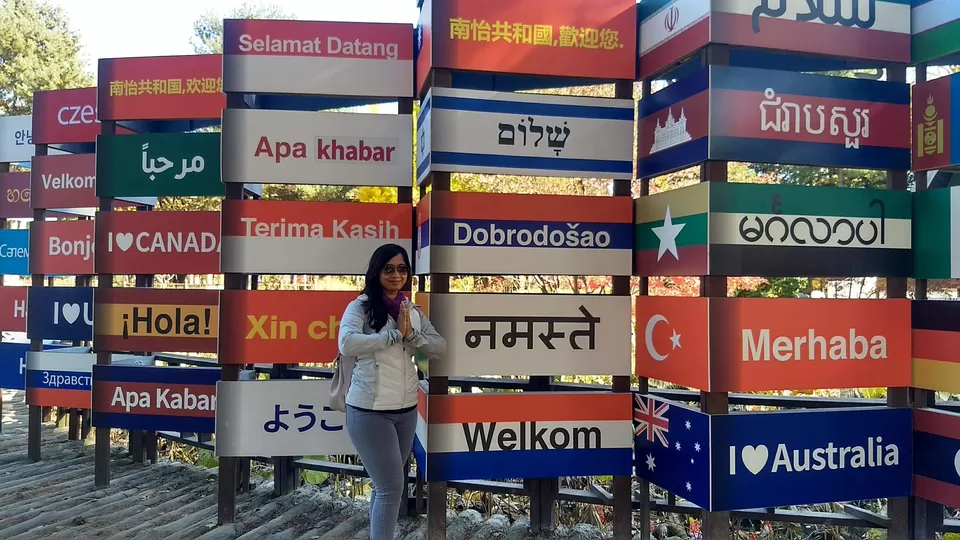
Apps to install
• Korean Subway App- Kakao Car
• Maps- Kakao Metro Maps, Naver Maps
Hotels we used with cost(Total Cost of booking all accomodations: 74,693/-)
Ibis Ambassador Seoul Insadong
Cost: 24649/-
Check-in: Saturday, November 2, 2019 (3:00 PM - 12:00 AM)
Check-out: Wednesday, November 7, 2019 (7:00 AM - 11:00 AM)
Typical Korean-traditional house- Booked on Airbnb
Date: 7 November-9 November
Payment: 12,194/-
Address: Seoul, 종로구 경운동 23 110-310, South Korea (23, kyungun-dong, jongro-ku,Seoul)
Ibis Ambassador Busan City Centre
Hotel Cost: 17,500/-
Check-in: Saturday, November 9, 2019 (3:00 PM - 11:00 PM)
Check-out: Tuesday, November 12, 2019 (until 11:00 AM)
Cost: 10,689/-
Check in: Tuesday, November 12, 2019
Check out: Friday, November 15, 2019
Cost: 5837/-
Check in: Friday, November 15, 2019 (from 3:00 PM)
Check out: Saturday, November 16, 2019 (until 12:00 PM)
Airline Bookings:(Total Cost: 80974/- for 2 including return on all airlines)
Singapore Airways (Mumbai to Seoul return)
Mumbai 1 November 11 PM- Seoul 2 November 10 PM
Seoul 16 November 9 AM- Mumbai 16 November 9 PM
Korean Air (Busan to Juju and return Seoul) Check out their super cool Safety K-pop video
Busan 12 Nov 3 PM- Jeju 12 Nov 4 PM
Jeju 15 Nov 11 AM- Seoul Gimpo 15 Nov 12.30 PM
Other advance bookings
Travel Insurance:
Cost: 3100/-
Company: TATA AIA Insurance
KTX train from Seoul to Busan- http://www.letskorail.com/ebizbf/EbizBfTicketSearch.do
Train: KTX 117(Seoul to Busan)
Date: 9 November’19 Time: 9AM-11.15 AM
Cost: 59800 Won pp
4G Portable Internet- Important for directions
Buy from: SK Telecom (Suggested to reserve online in advance)
Approx. cost: 5000/- INR
Where to pick:
• Arrival/Departure: Incheon International Airport Terminal 1 (1st floor) Arrival / Incheon International Airport Terminal 1 (1st floor) Departure
• Address: Between Exit 5 and 6 on the ground floor (For reserved phone pickup & rental phone / T-Wifi) Rental and Return - Business hours: 24hours
• Between Exit 9 and 10 on the ground floor: Rent/return rental phone or T Wifi - Business hours: 06:00 ~ 22:00
Tours
Koridoor Tours DMZ tours ( this was unfortunetely suspended due to tensions between North and South, but its a must do)
Tour Title: DMZ/JSA & 3rd Tunnel Tour (Seoul 08:00am)
Departure: 2019-11-05
Cost: ₩193,200 (2 person)
Yeha Bus Tours for Jeju island 2 day guided tours
Detailed Itinerary
Below are details of our 2 weeks of absolute mermarising travel in South Korea.
Our itinerary is for mid budget travelers and has a lot packed in. You can easily tweak the itineray and even make it better as required.
Mumbai to Seoul flight
Total time available at Singapore Airport layover: 4 Hours
Things to do at Singapore airport: We had a layover for few hours at Changi Airport.
Grab a FREE Massage (T1, 2 & 3)
Get a FREE (foot) massage at multiple points throughout terminals 1, 2 and 3. As you walk down the corridors to the departure gates in each terminal, you will notice several banks of 2 automatic foot massage chairs by OSIM. Whilst most people walk past thinking this is a pay-for machine, the fact is that you can just sit down, pop your feet into the booties and get yourself a 15 minute foot and calf massage – which is why it is one of the best things to do in Singapore airport
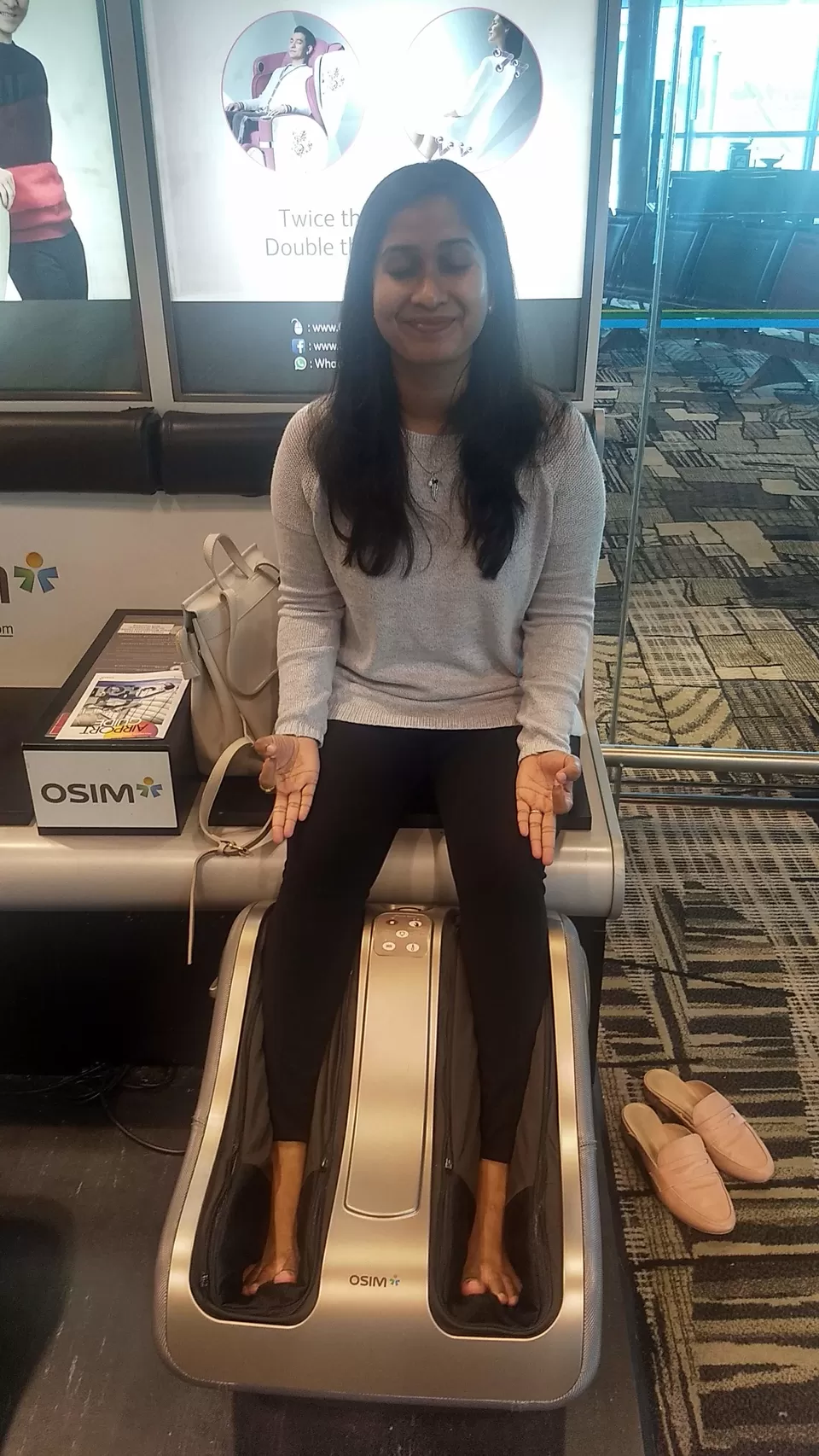
Visit the Butterfly Garden (T3)
One of the best Changi Airport things to do is visit the amazing Butterfly Garden. It is located on the roof of Terminal 2 and it is free to enter for all passengers. Home to over 1000 butterflies, and up to 40 different species (at various points in the year) visitors can learn about their lifecycle at Education Corners throughout the tropical enclosure, and even see the breeding and feeding of butterflies at close range in individual enclosures. Oh, and did I mention there’s a 6m grotto waterfall. Its an instagrammers dream! It is easily one of the best things to do at Changi Airport, one of the many FREE things to do in Changi Airport and a must visit on your layover in Singapore Airport.
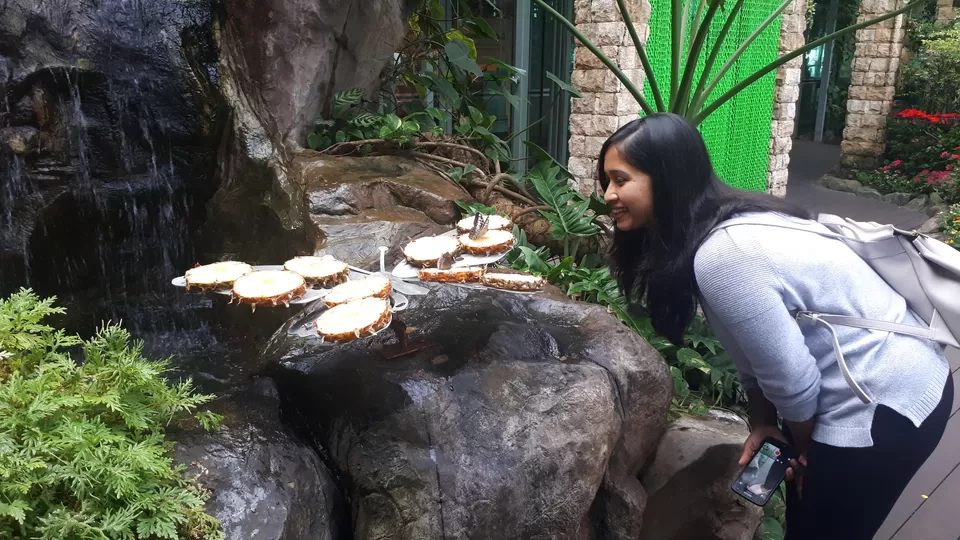
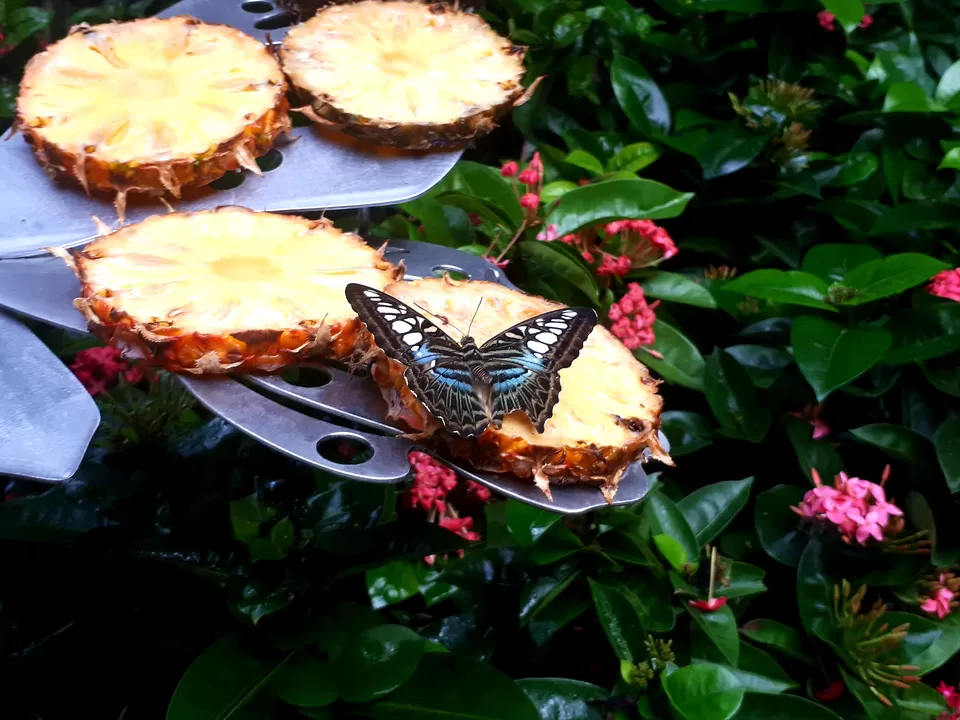
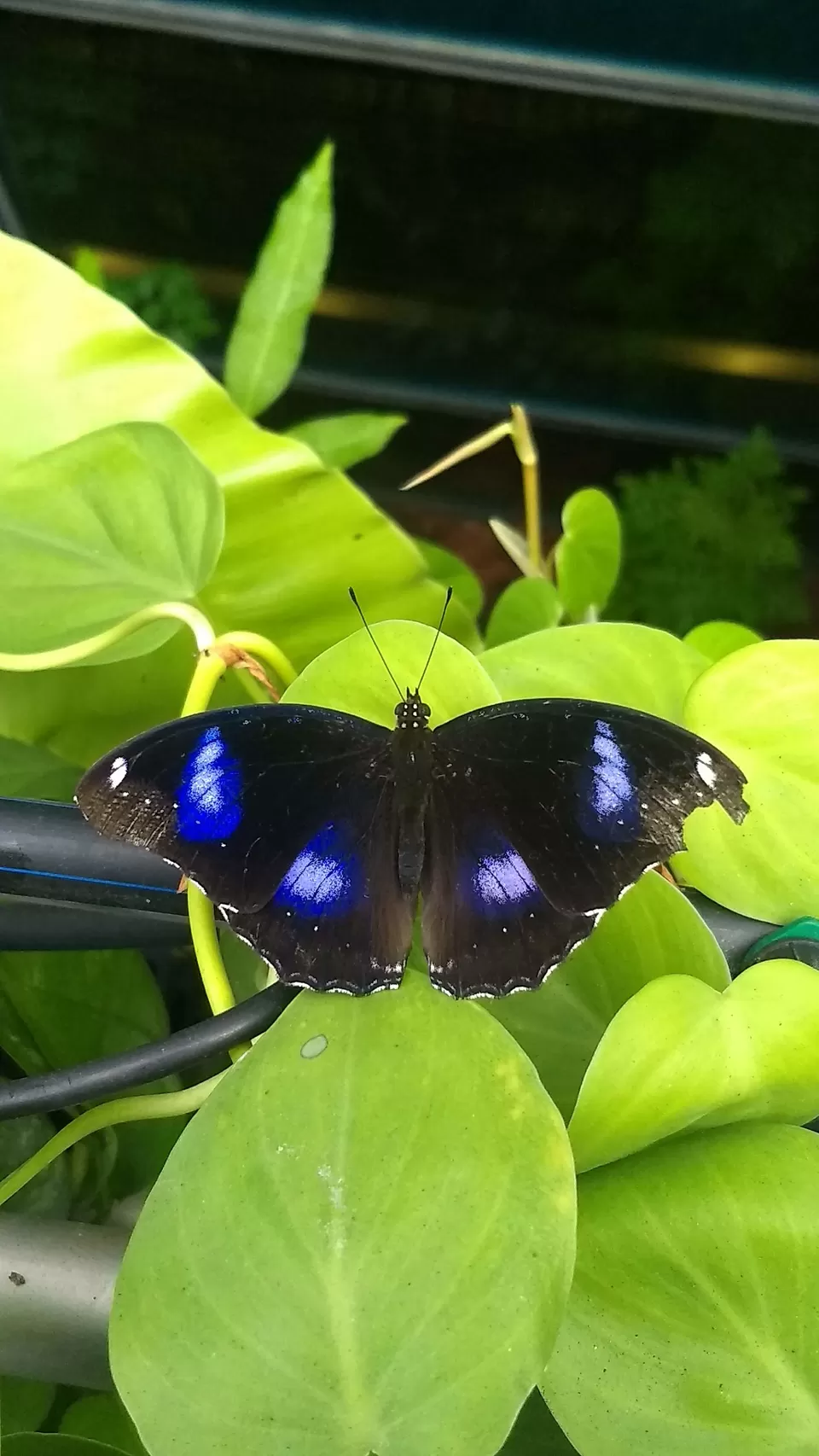
Landing at 10PM night at Seoul, immigration, Go to Hotel and Sleep.
Stay at: Ibis Ambassador Seoul Insadong (2 to 7 November)
How to reach hotel from airport:
Bus fare: KRW 10,000/- pp (1200INR)
Bus No. 6011: After Customs, exit Gate 5, buy ticket from Bus ticket office and then head towards Bus Stop 5B to board Bus # 6011. Get off the bus at the Anguk Stn. stop. The trip will take approximately 60 minutes.
In the same direction the bus departs, walk approximately 50m and make a right at the intersection. Walk for another 150m and cross the street at the crosswalk heading left. Make another right after crossing for approximately 150m, and Nagwon Tteok-jib will be visible. Taking the side street from Nagwon Tteok-jib, walk straight for approximately 100m and the hotel will be on the left. From the bus stop, it will take approximately 8 minutes to walk to the hotel.
Bus No. 6002: Please get off the bus at the Jongno 3-ga Stn. stop. The trip will take approximately 60 minutes. In the opposite direction the bus departs, walk approximately 50m and turn right by crossing the intersection. Walk straight for approximately 5 minutes and Nagwon Tteok-jib will be visible. Taking the side street from Nagwon Tteok-jib, walk straight for approximately 100m and the hotel will be on the left. From the bus stop, it will take approximately 10 minutes to walk to the hotel.
National Museum of Korea
Time to spend: 3 Hours, Entry Fees: Free
In order to truly know the history and culture of a country, you must visit its museums. It is there that you will find traces of the lives of the past, which enable us to better understand the present and anticipate the future. Visitors to the museum can understand and appreciate Korean history and culture through diverse experiences, events, and exhibitions. The permanent collection offers a fascinating journey through thousands of years of history, from simple hand axes of the Paleolithic Age, to a splendid gold crown from the Three Kingdoms Period, exquisite celadon from the Goryeo Dynasty, masterful paintings from the Joseon Dynasty, and photographs from modern times.
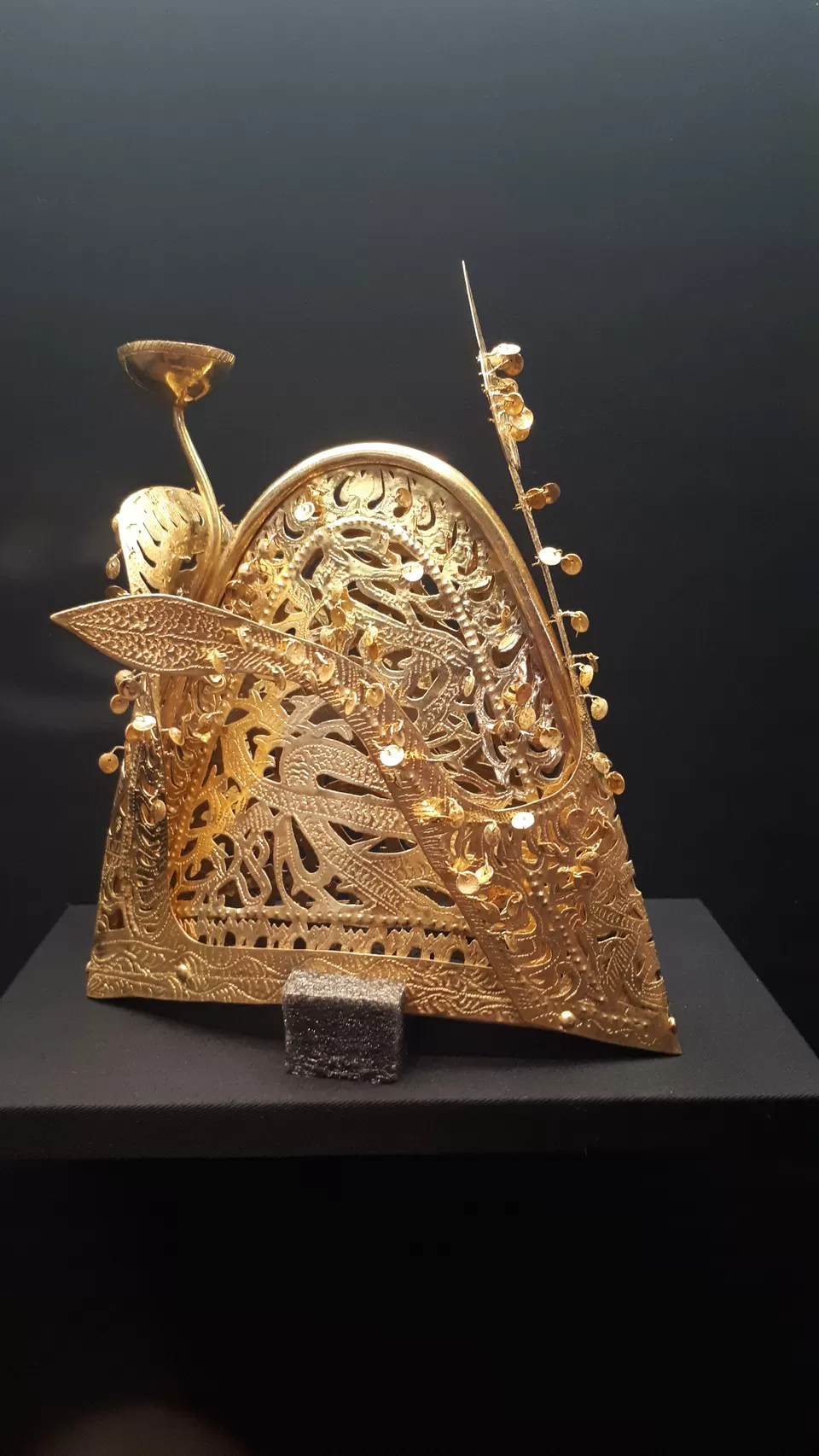
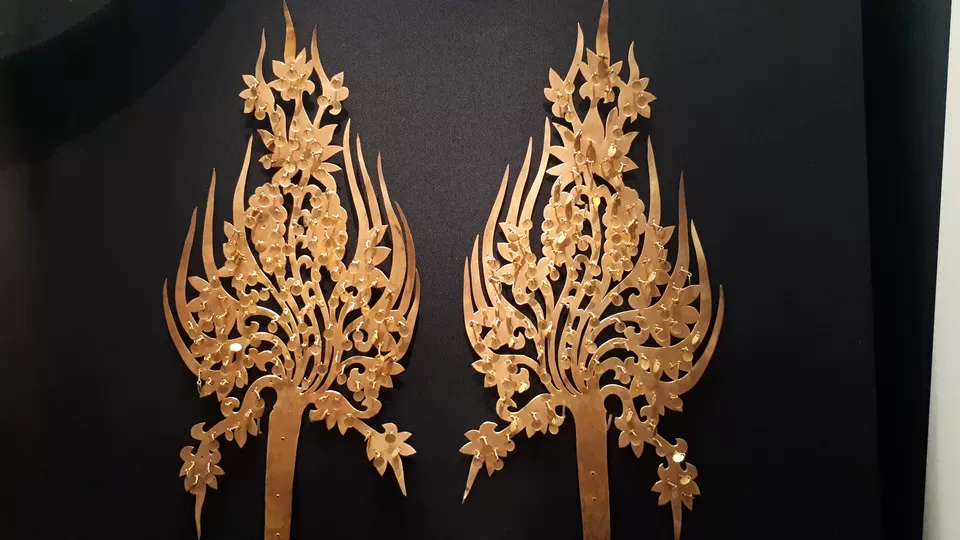
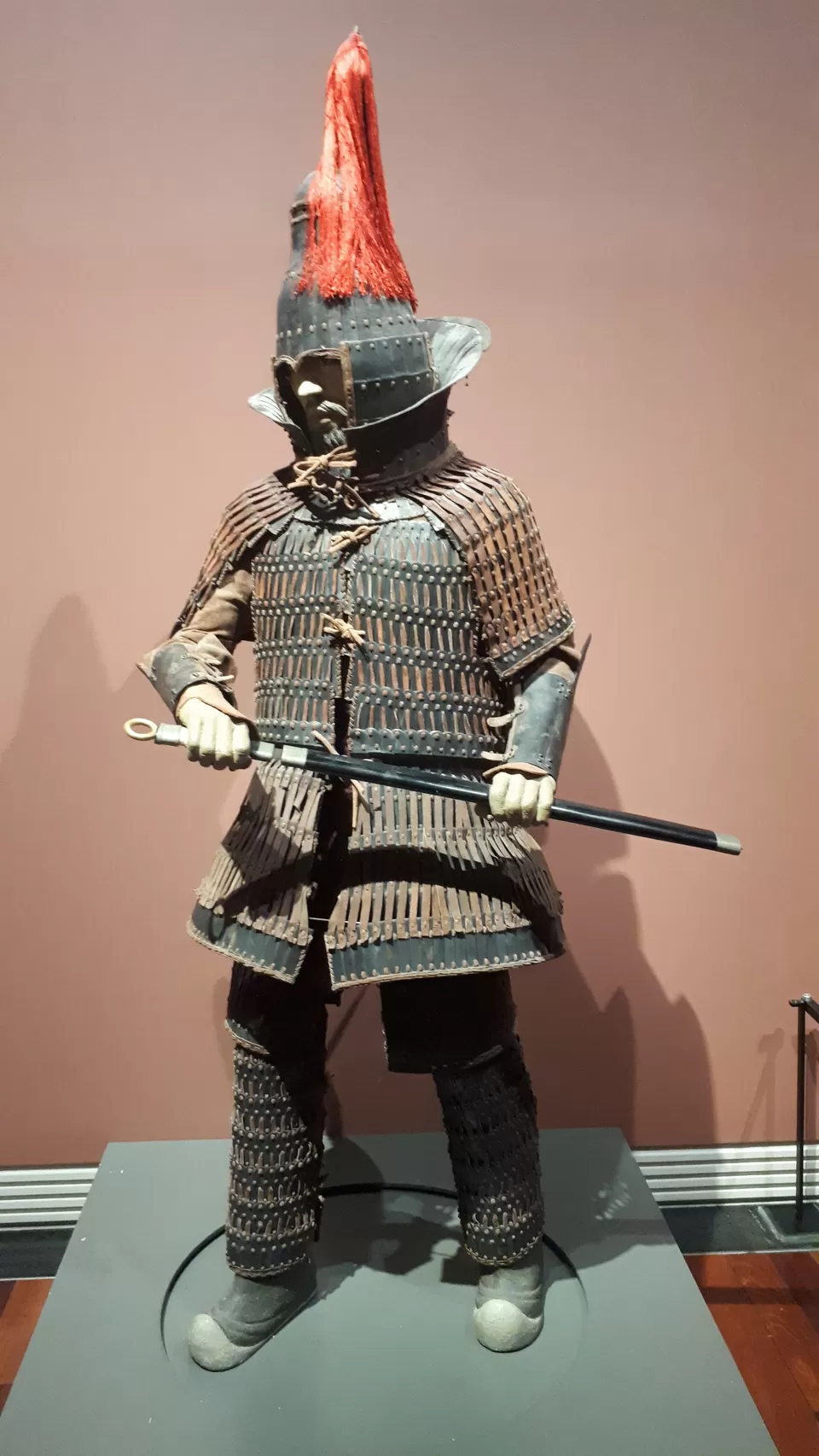
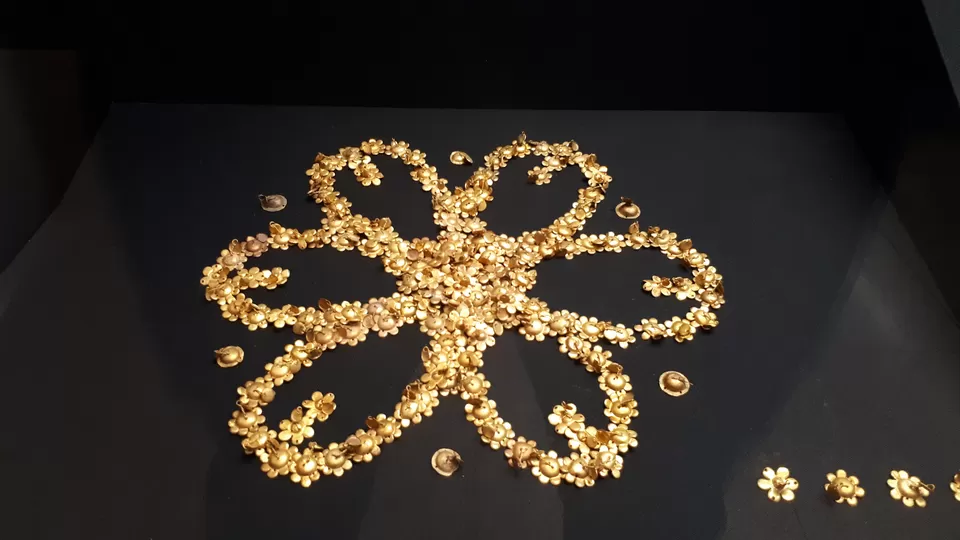
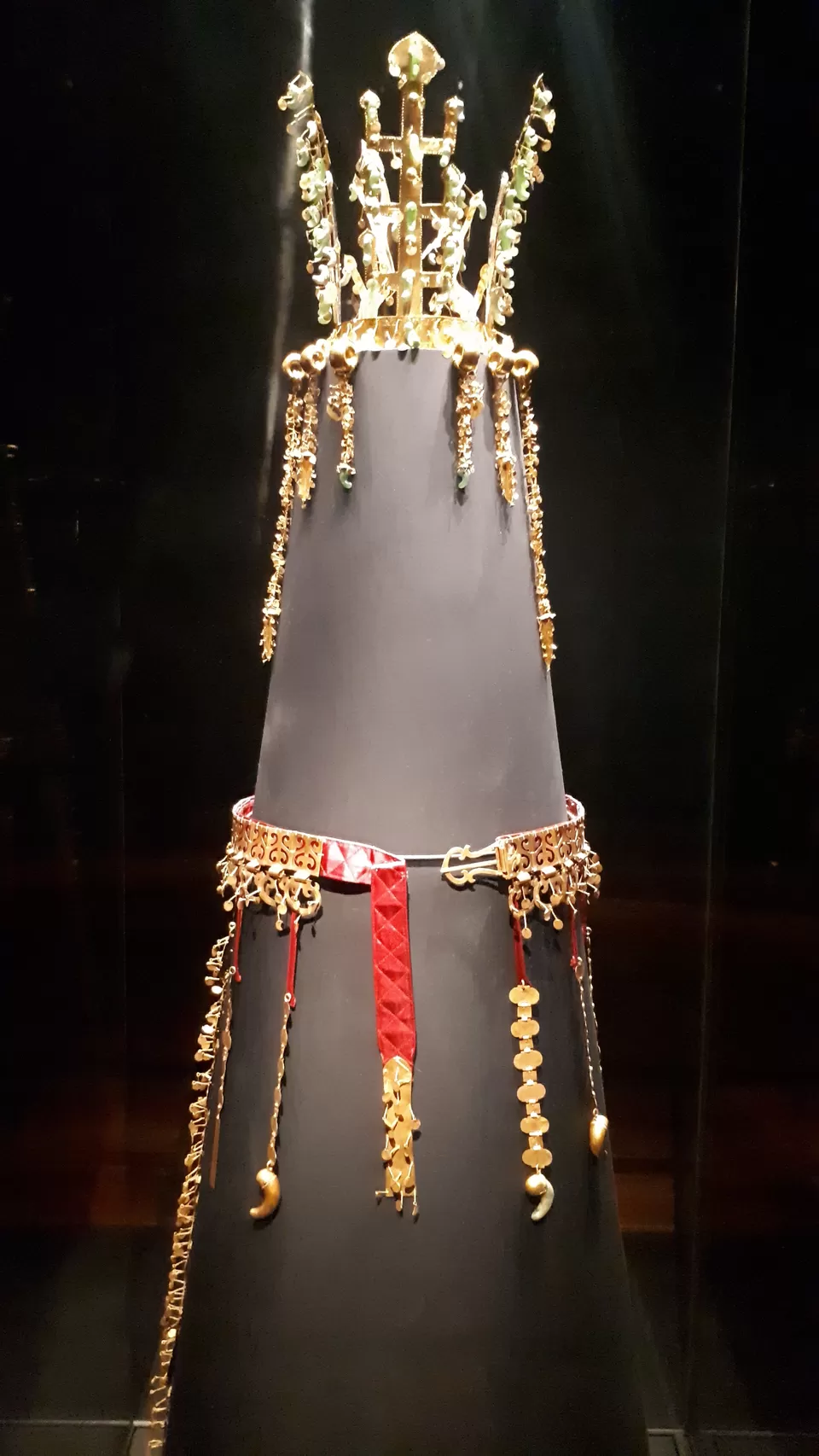
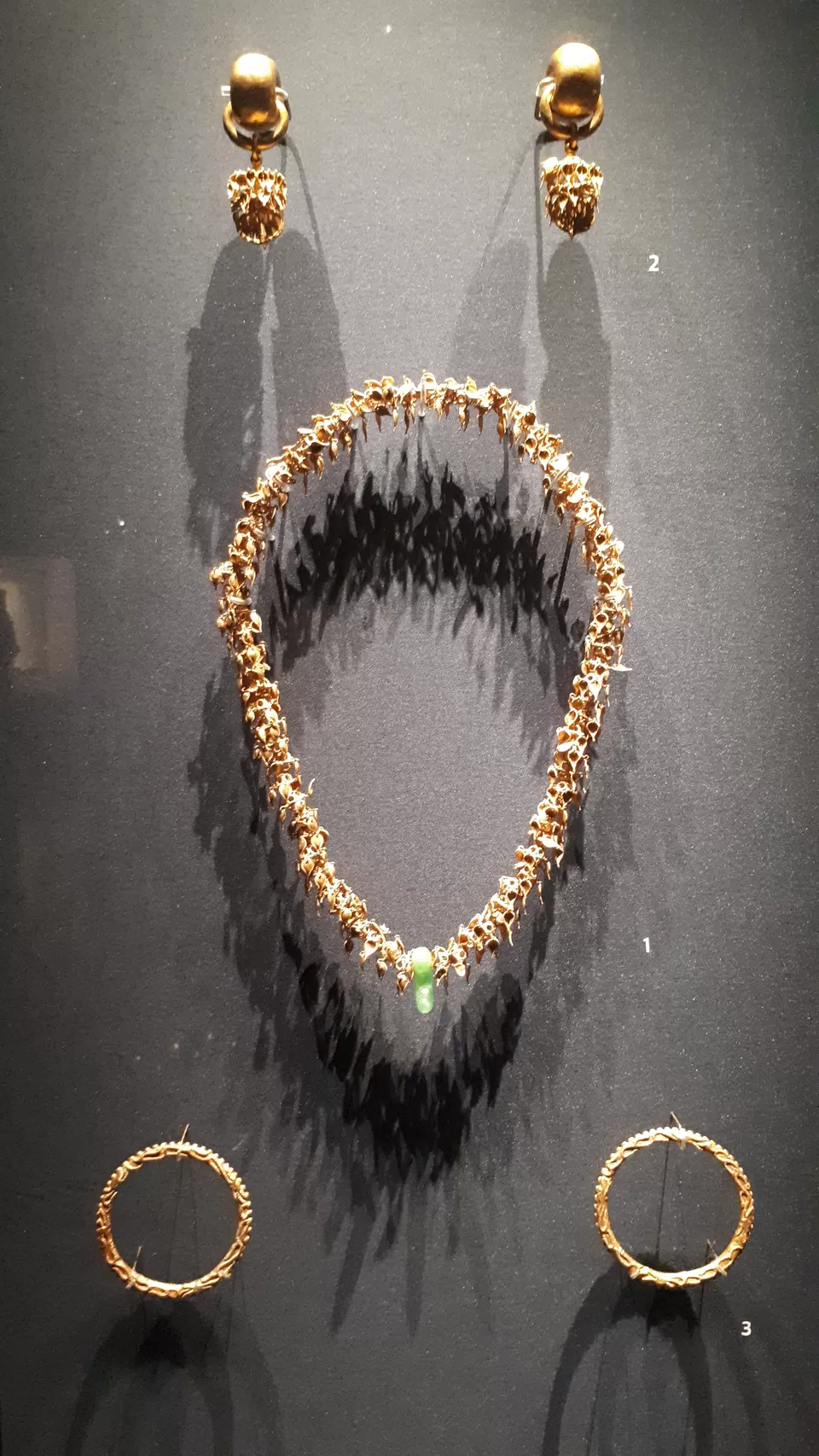
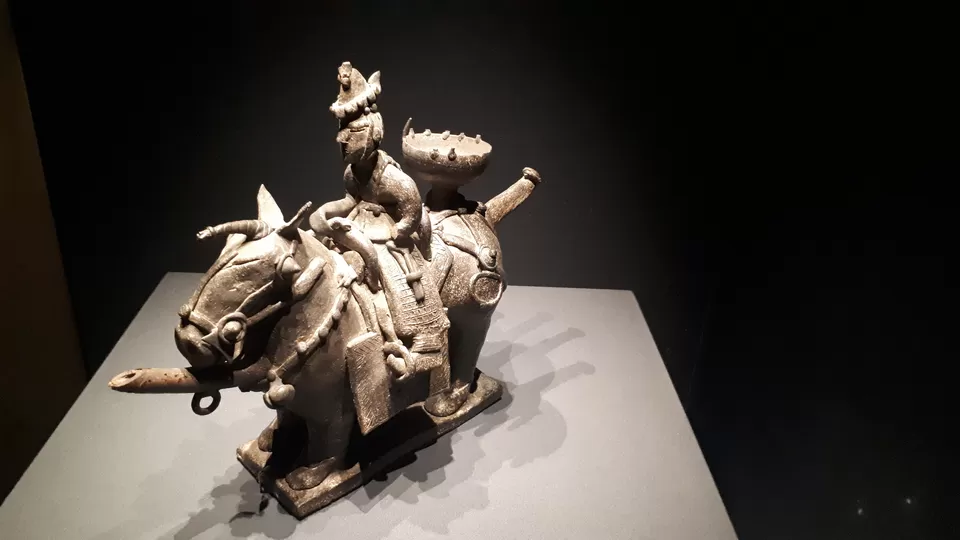
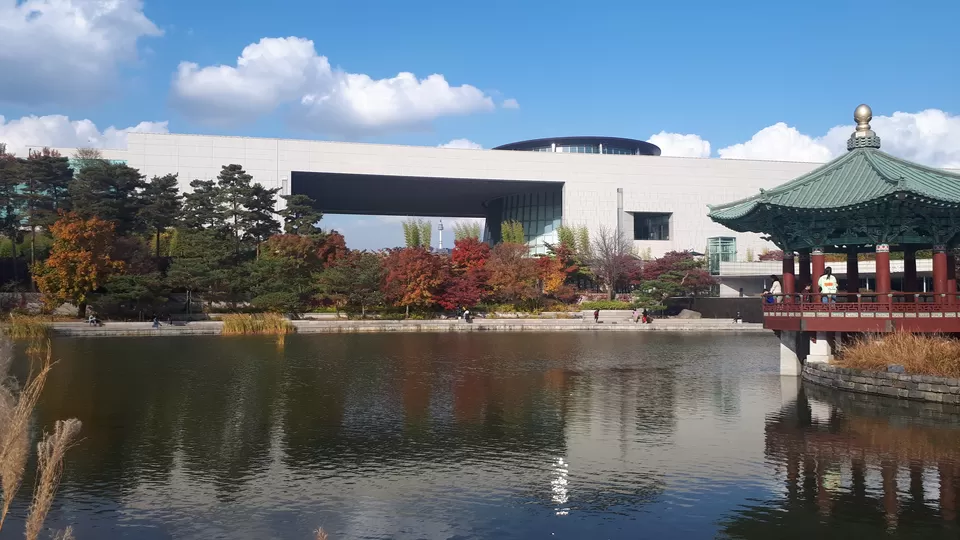
Visit the War Memorial of Korea
Time to spend: 2 Hours, Entry Fees: Free
The Korean War doesn’t get as much international recognition as The Vietnam War or even the Gulf War, but it’s very much a part of the fabric of the nation. The War Memorial of Korea is a somber tribute to those who lost their lives fighting for the freedom that Kim Il-Sung sought to snatch away from them, as well as to Koreans who have lost their lives in subsequent conflicts. It is also a museum of Korean military history, and visitors can wander the more than 13,000 item exhibition as well as a large outdoor area displaying aircraft, tanks, and naval vessels.
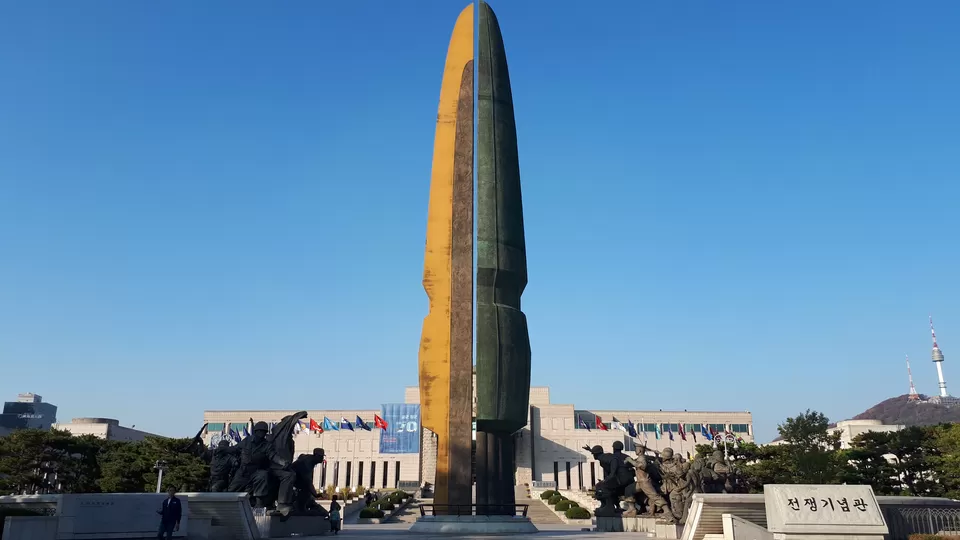
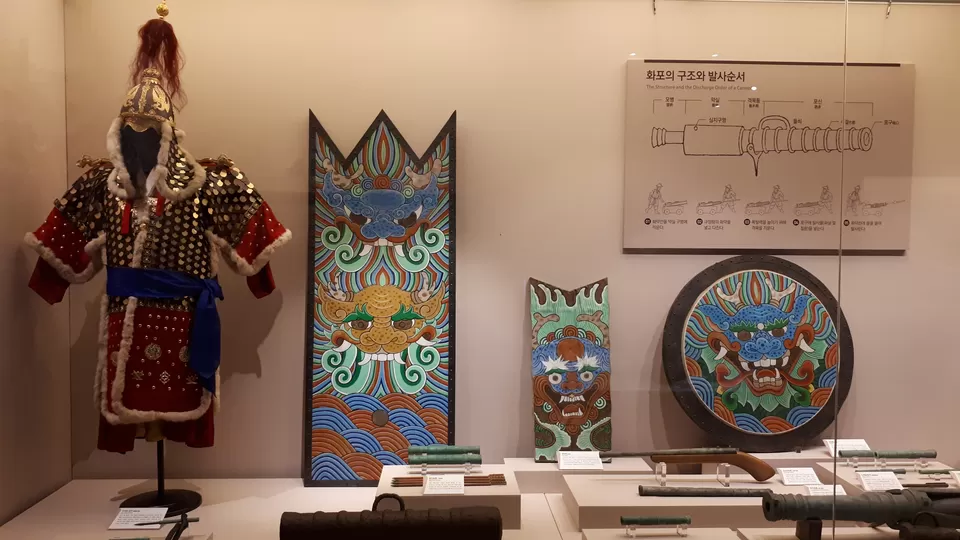
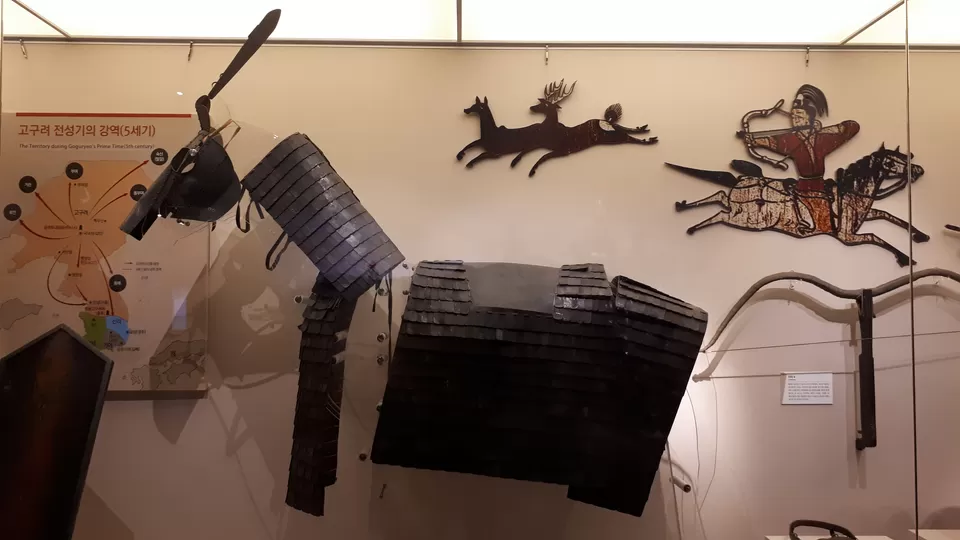
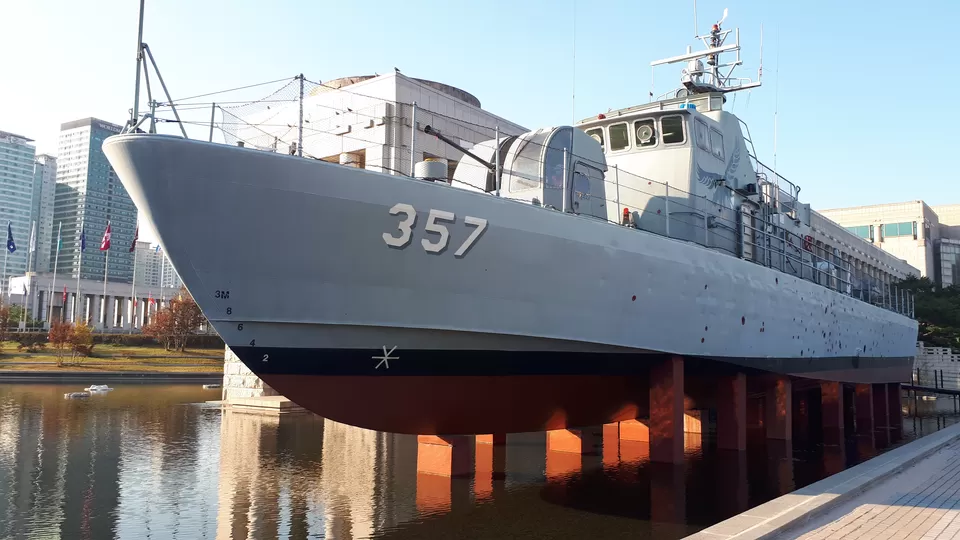
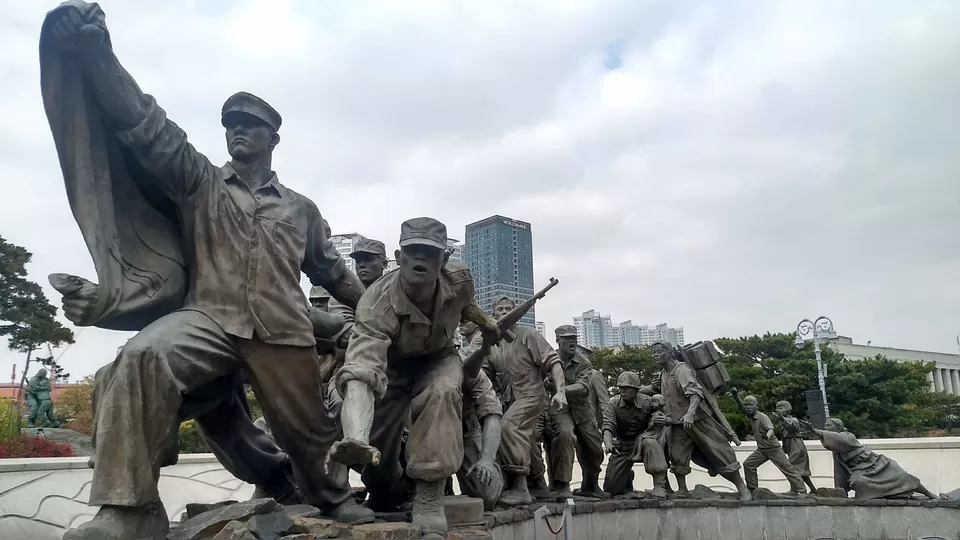
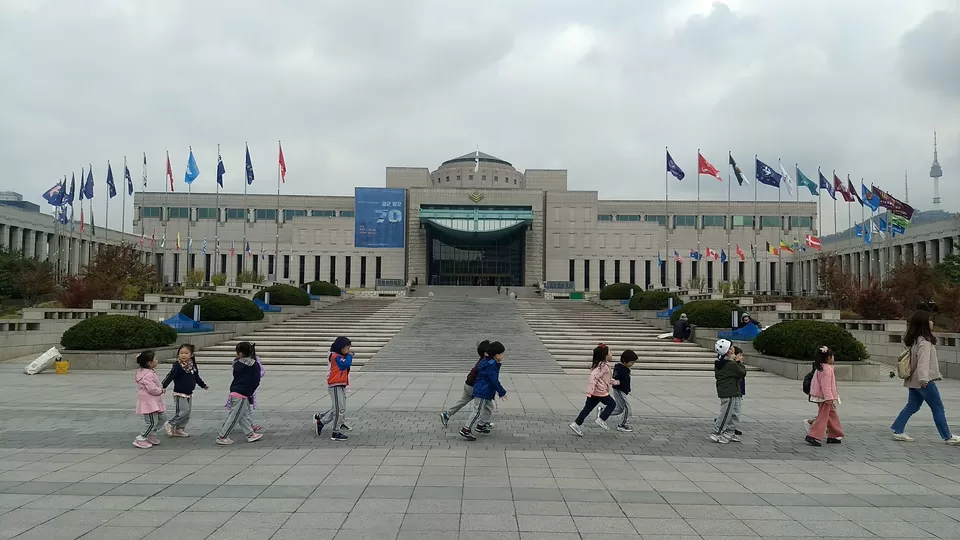
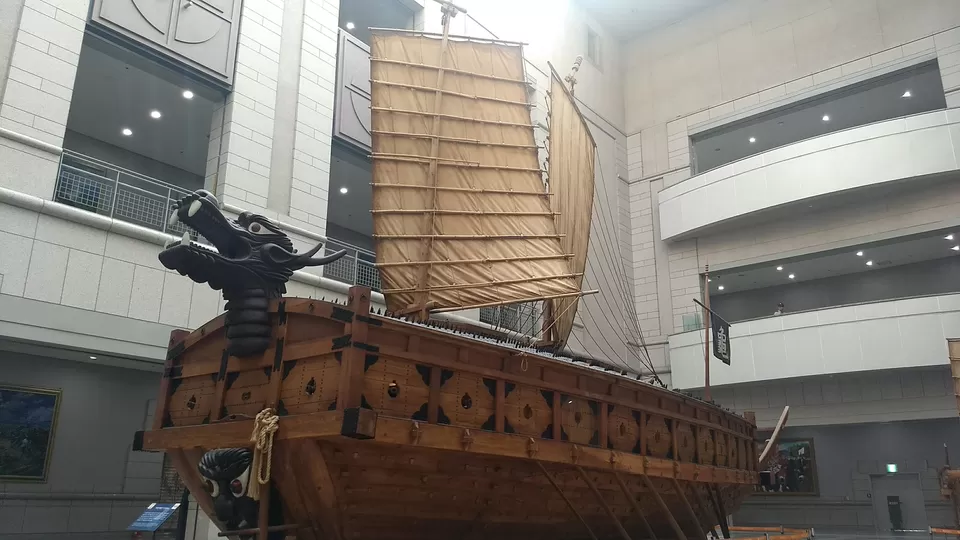
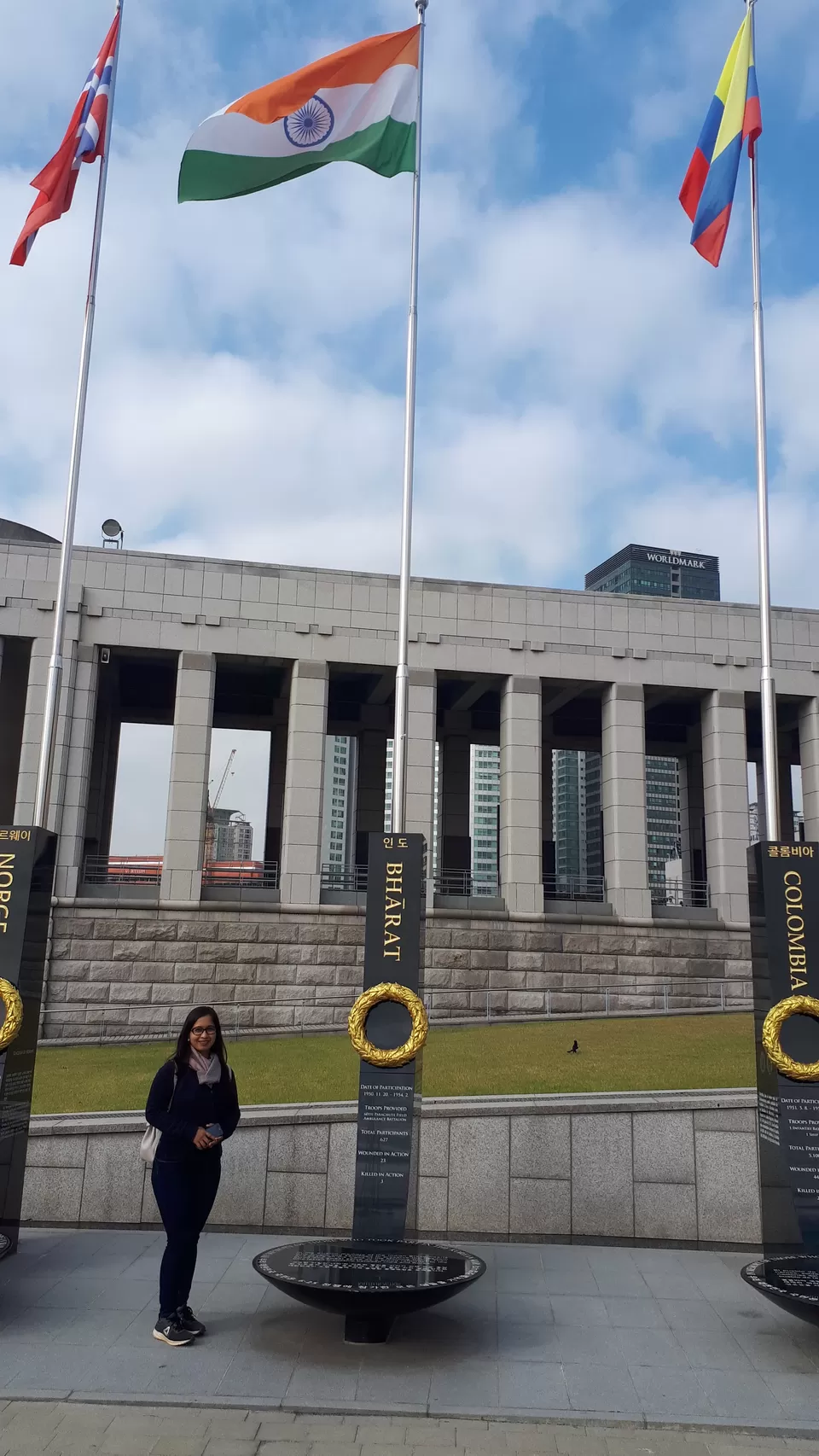
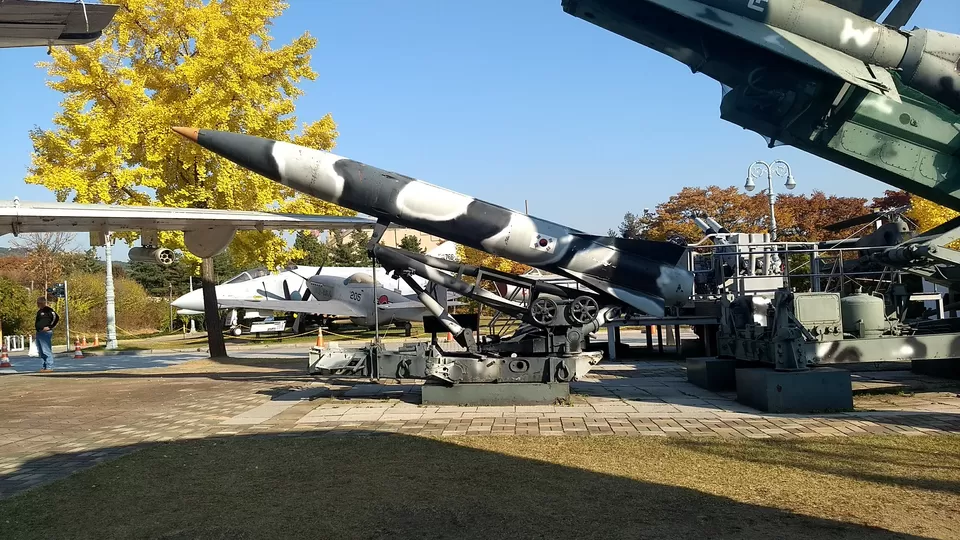
Gangnam
Get on stage outside Gangnam Station Exit 5 and record yourself dancing the “Gangnam Style” while the song plays in the background. Take the subway to Gangnam Station (Green Line 2, Red Sinbundang Line. Other places to visit: Samsung D'light, Shop at Artbox, Line Friends Café and Store, Shop at Gangnam underground station
Gyeongbokgung Palace (Tuesday Closed) – Visit Gwanghwamun Square en-route the palace
How to get there: Take the Subway to Gyeongbokgung Station and Exit #5
Time to spend: 3 Hours 9 AM-12.30 PM
Entrance: 3,000 Won ($2.63), closed on Tuesdays
This stunning palace was constructed over 700 years ago and is the oldest and biggest palace in the city. The main gate is facing south towards the statue of King Sejeong, whom invented the Korean alphabet back in the days. Open daily except Tuesdays.
Changing of the guard ceremony is at 11 AM and 1 PM. check English guided tours -11:00, 13:30, 15:30
Free Guided Tour Tours depart from in front of the information center at Heungnyemun Gate. Duration: About 1 hr-1 hr 30 min
Royal Guard Changing Ceremony-The Royal Guard changing ceremony started since 1459 during the Joseon Dynasty. After extensive research from historical records, the ceremony has been reenacted since 1996 allowing visitors a rare insight of this traditional royal palace ceremony. The ceremony takes part at Gwanghwamun Gate, the entrance of Gyeongbokgung Palace where the king rule the country.
Performance Times
• Sumunjang (Royal Guard) Changing Ceremony: 10:00, 14:00 / 20 minutes per ceremony
• Gwanghwamun Gate Guard-on-Duty Performance: 11:00, 13:00 / 10 minutes per ceremony
• Sumungun (Gatekeeper) Military Training (outside Hyeopsaengmun Gate): 09:35, 13:35 / 15 minutes per ceremony
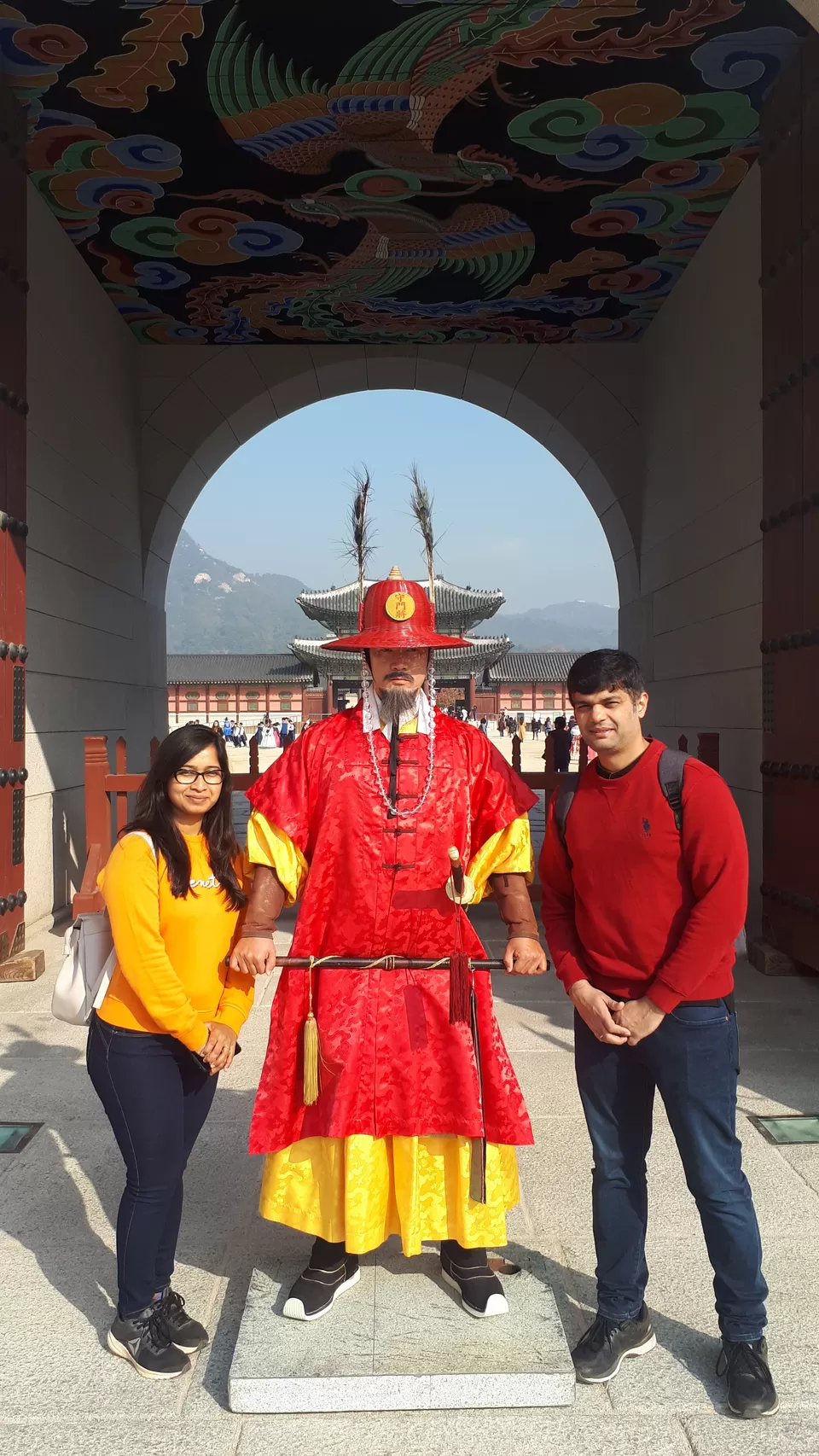
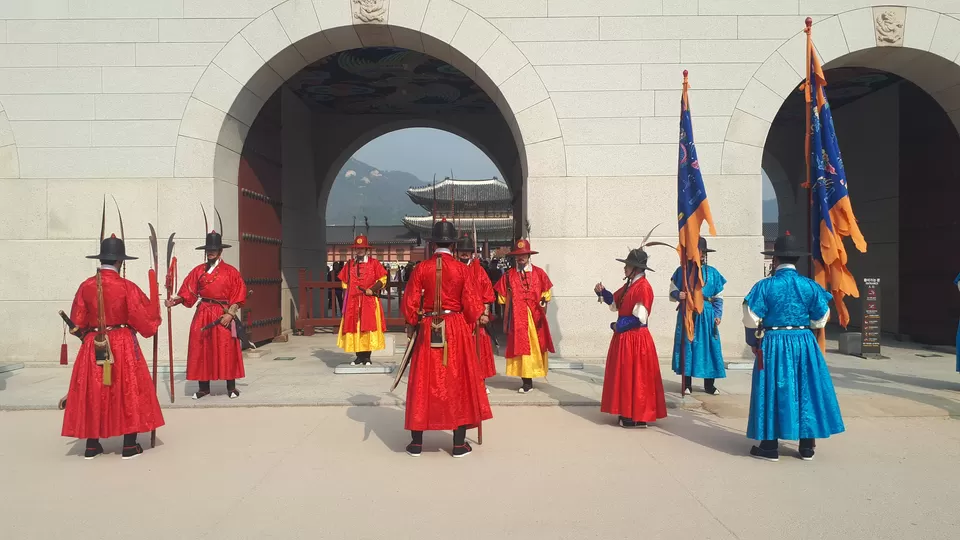
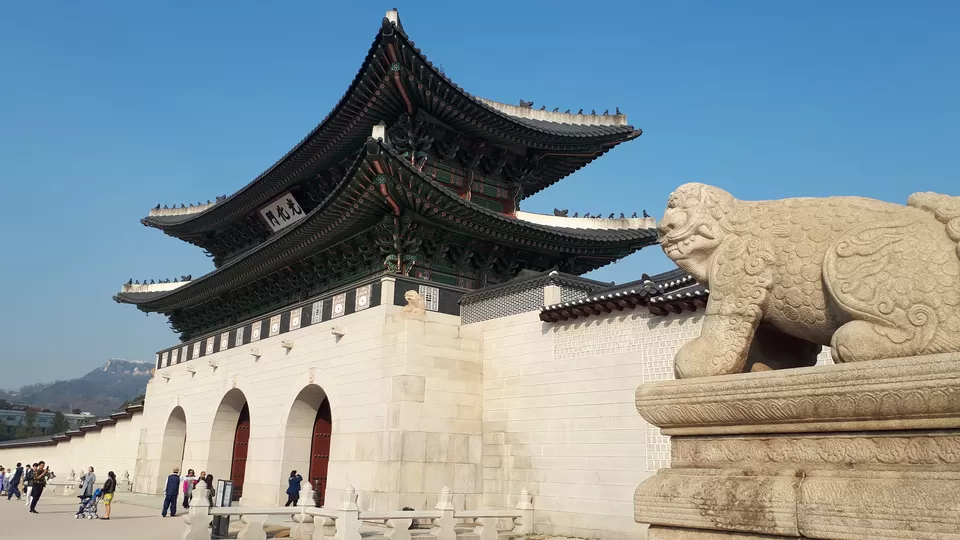
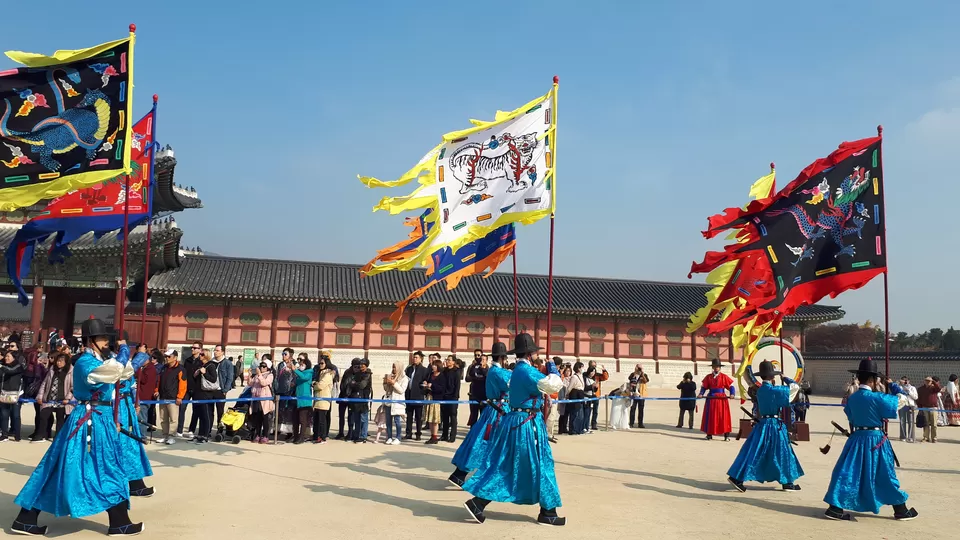
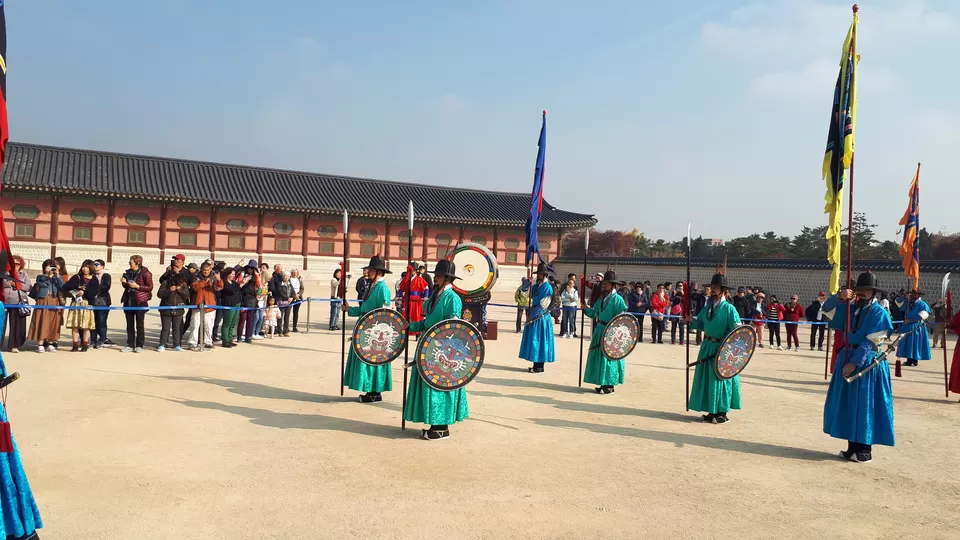
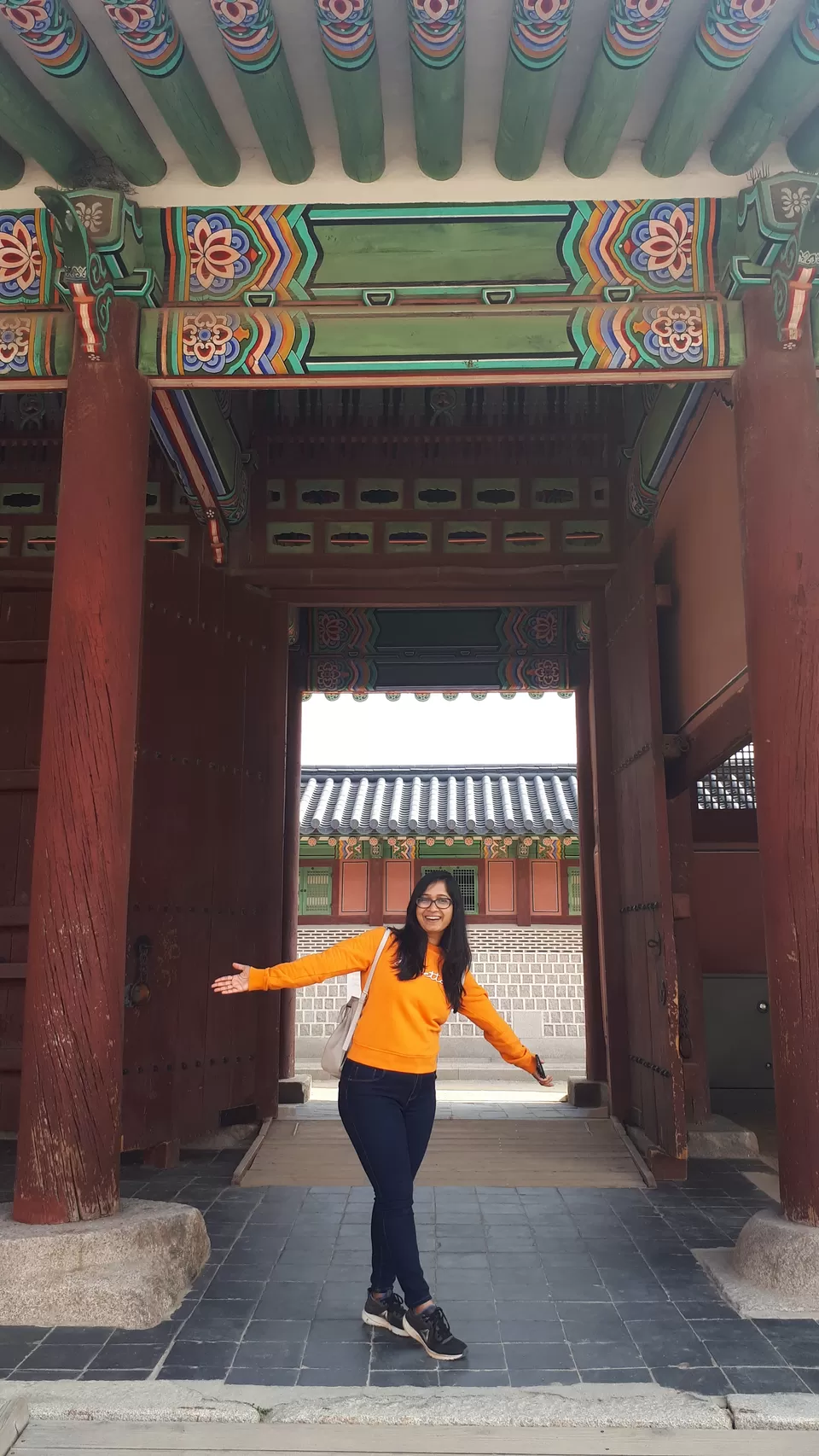
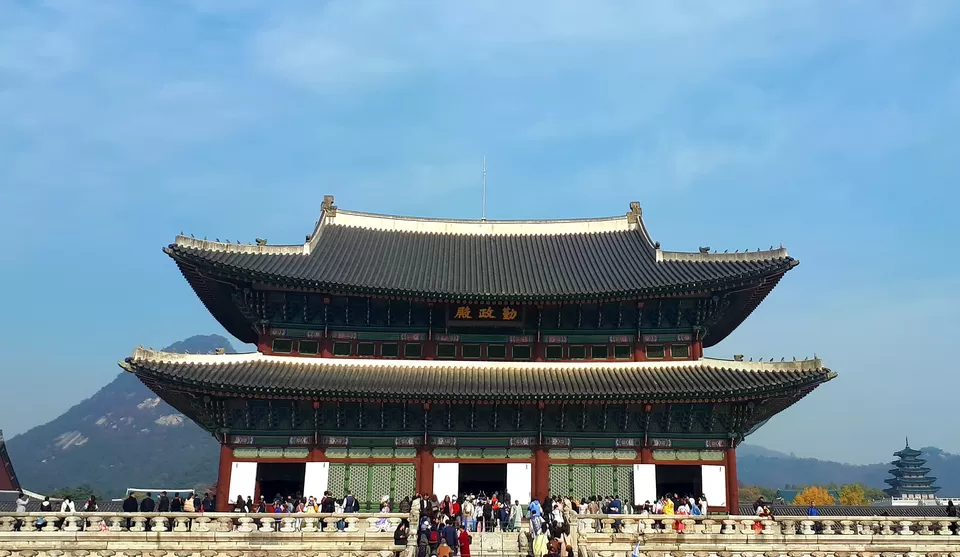
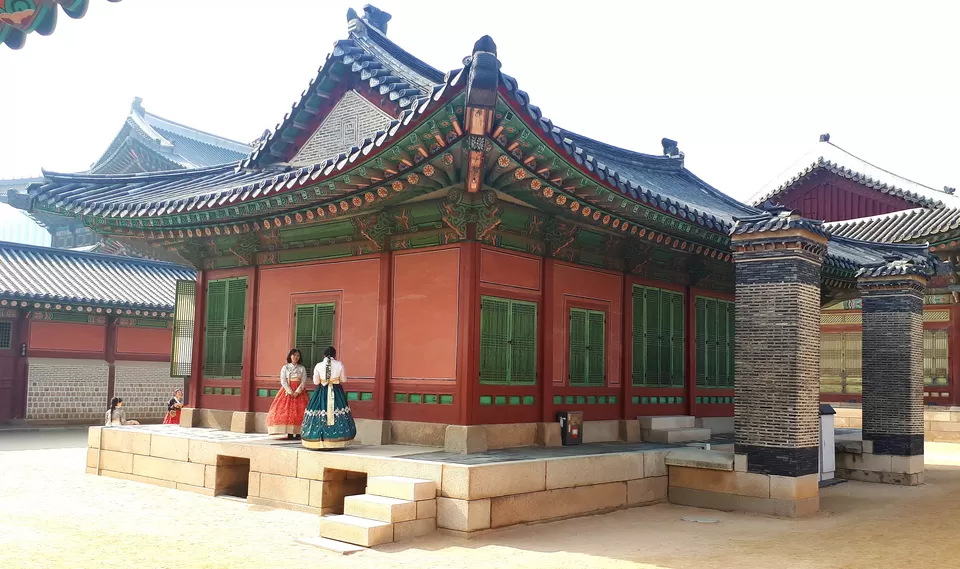
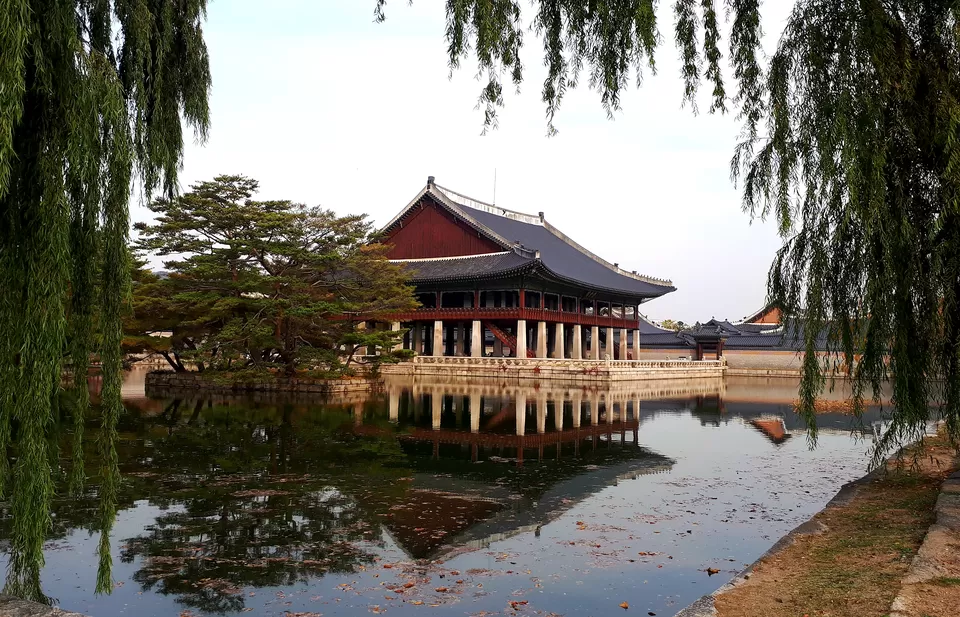
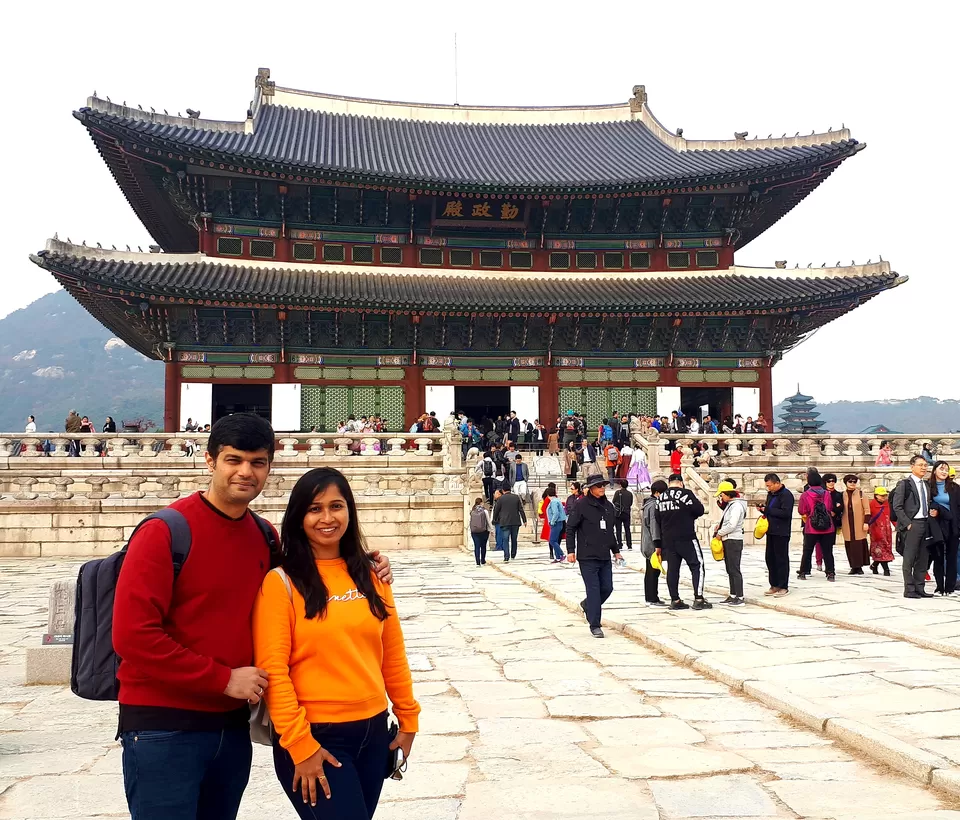
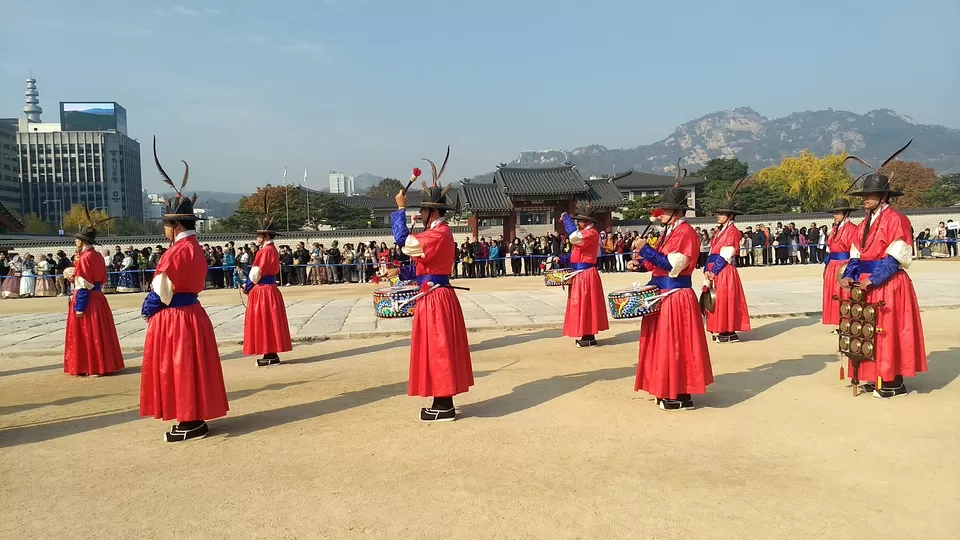
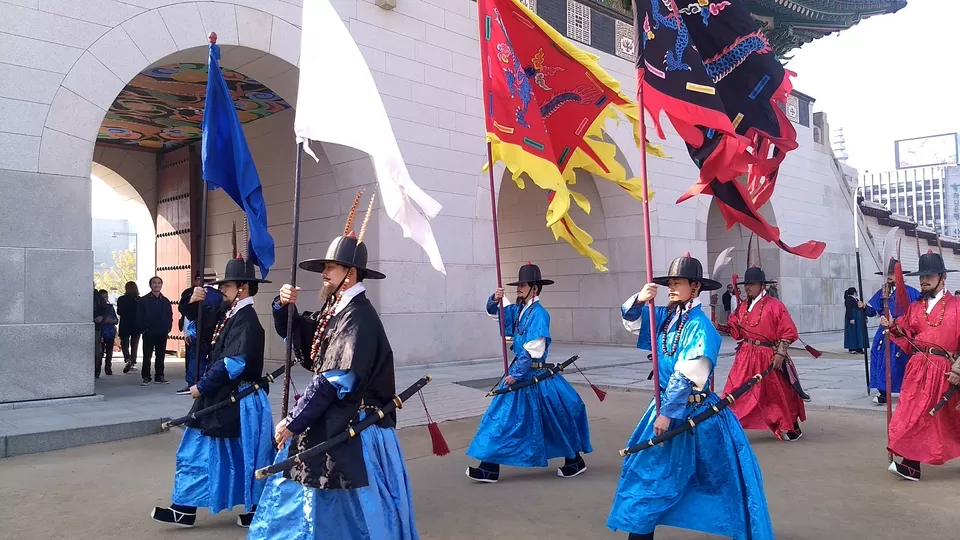
Bukchon Hanok Village
Time: 2 Hours , Entrance: Free
Bukchon Hanok Village in Seoul, located adjacent to the Gyeongbukgung Palace, is one of the most interesting things to do in Seoul. Exploring the streets and checking out the Korean traditional homes is fun. Within the village there are also a few homes that have opened their doors as guest houses
How to get there: Suggest that after visiting Gyeongbukong Palace, head towards Subway Gyeongbukong Palace, leave exit 2 and head to Tosochok for the famous Ginseng chicken for lunch(approx. 1500/- per person).
After lunch taking the subway 1 stop to Anguk and take the exit to Bukchon. Walk on the main road northwards for about 5-10 mins. You will reached the entrance of the village on the left. Do remember to cross over to the other side and see the other parts of the village. By the time you walked over the other side you will be near Anguk station again.
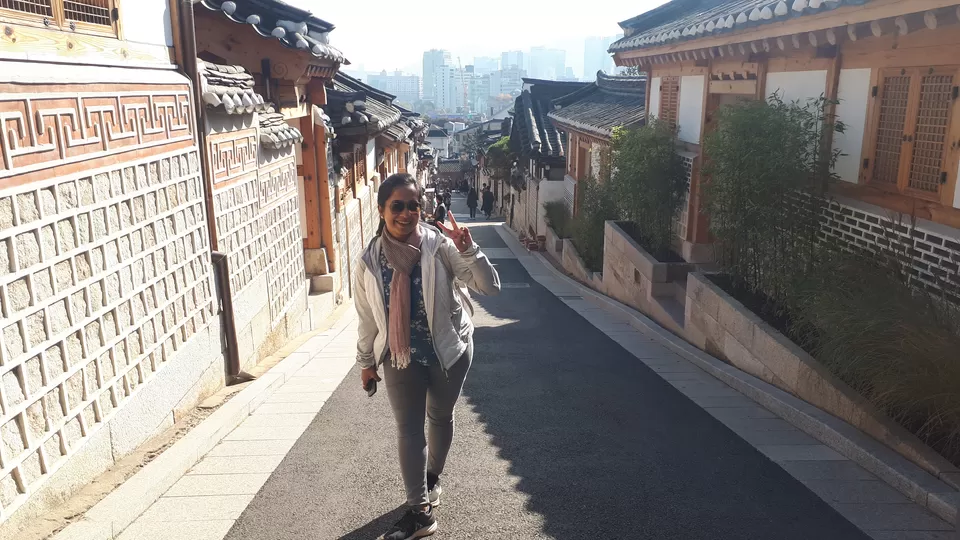
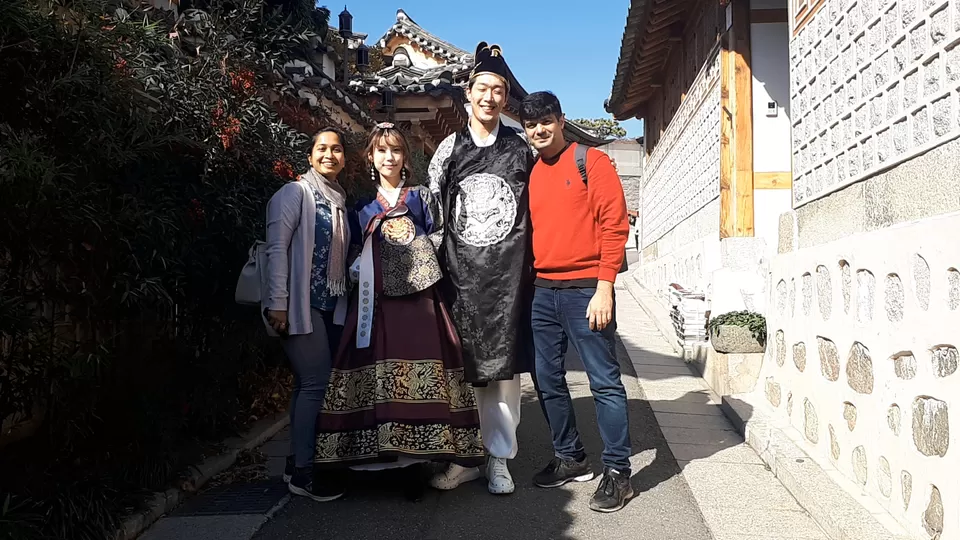
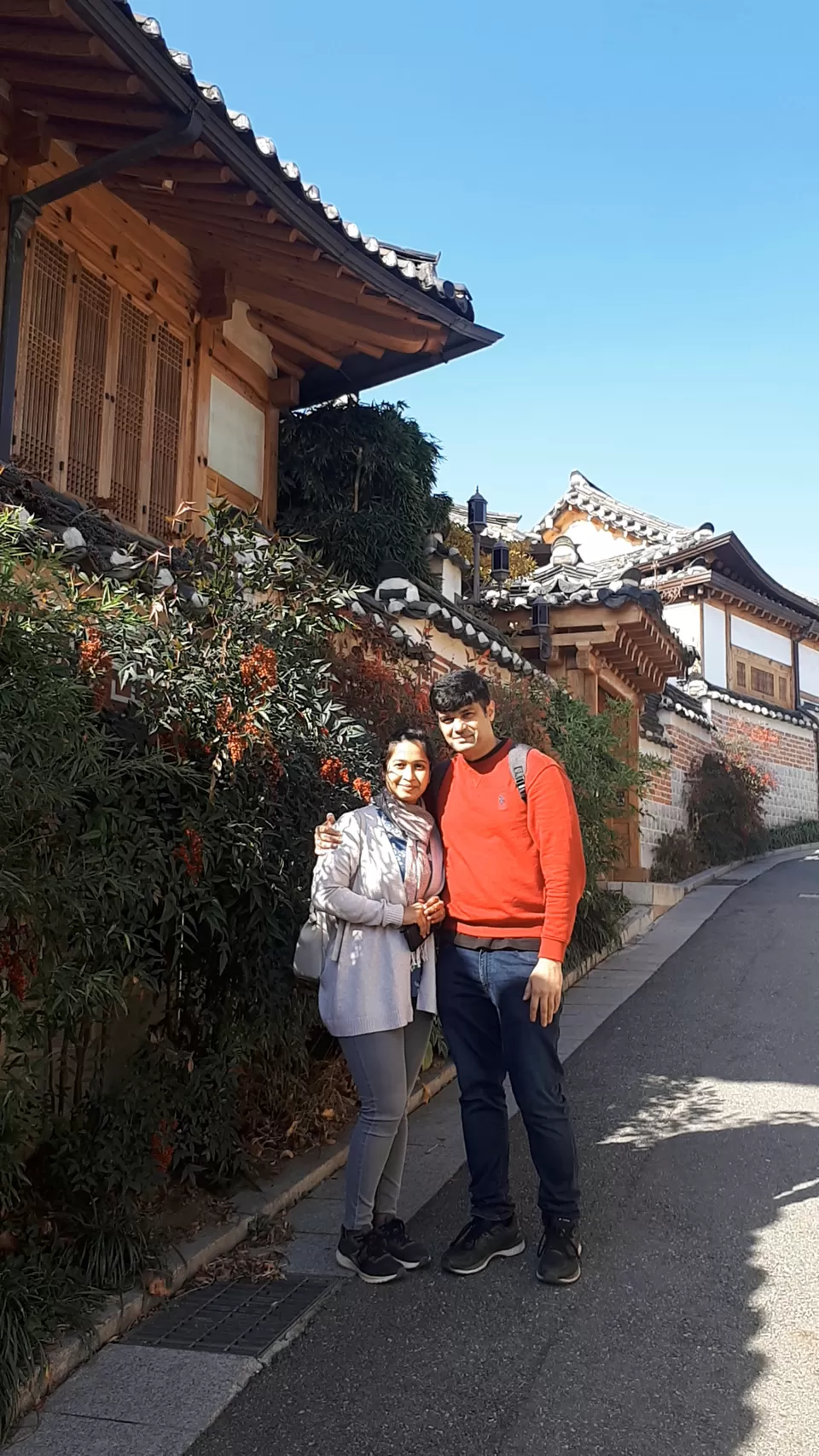
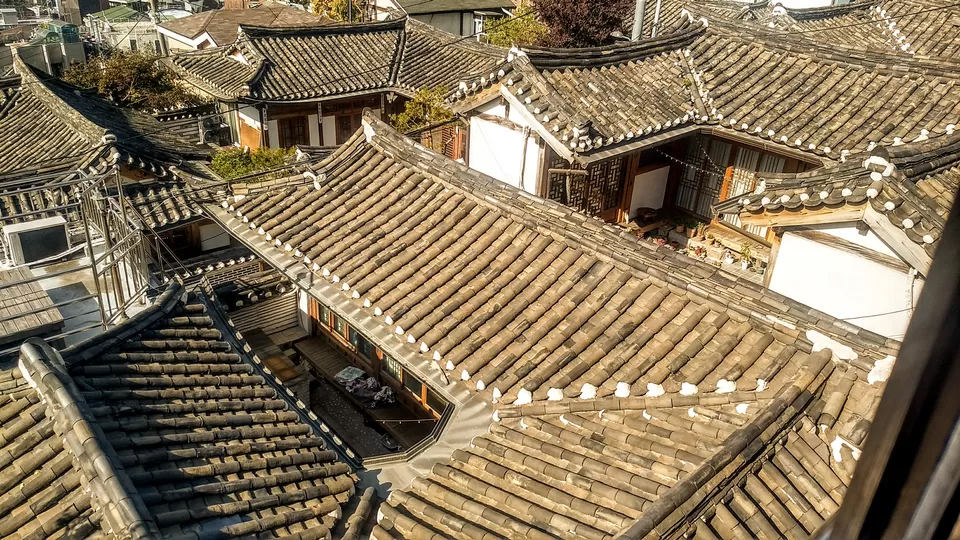
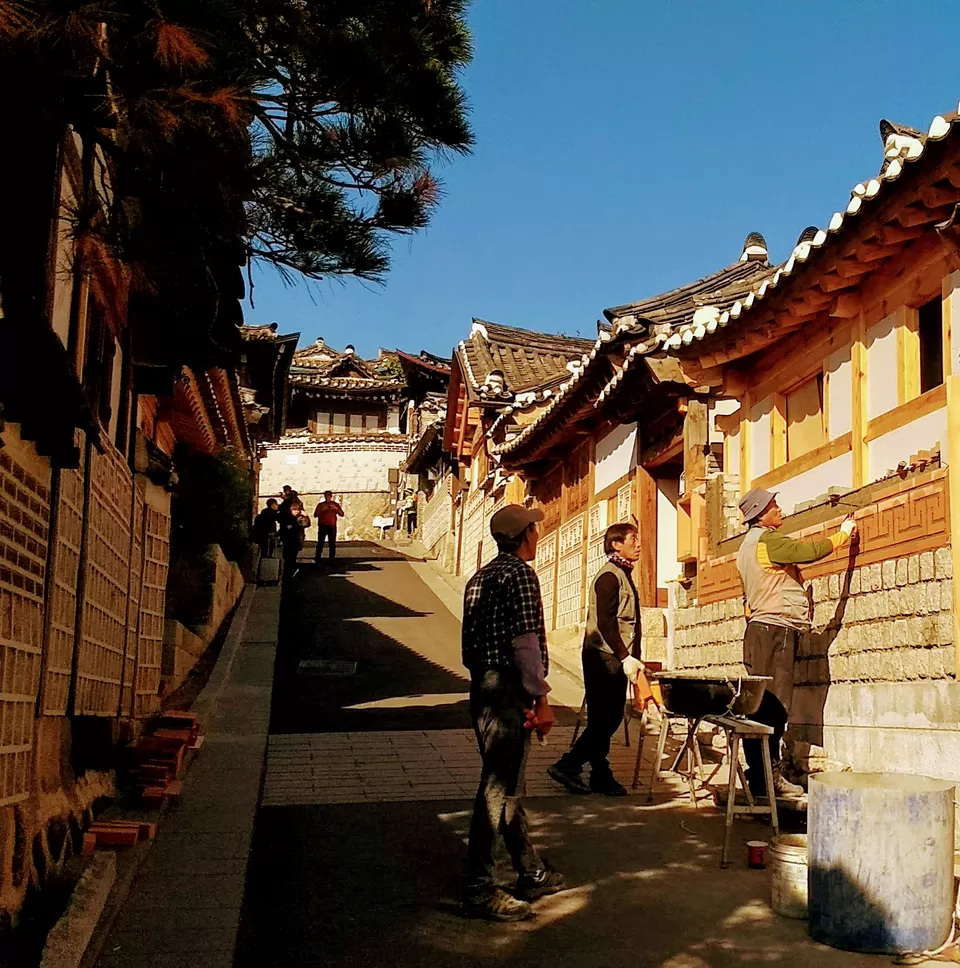
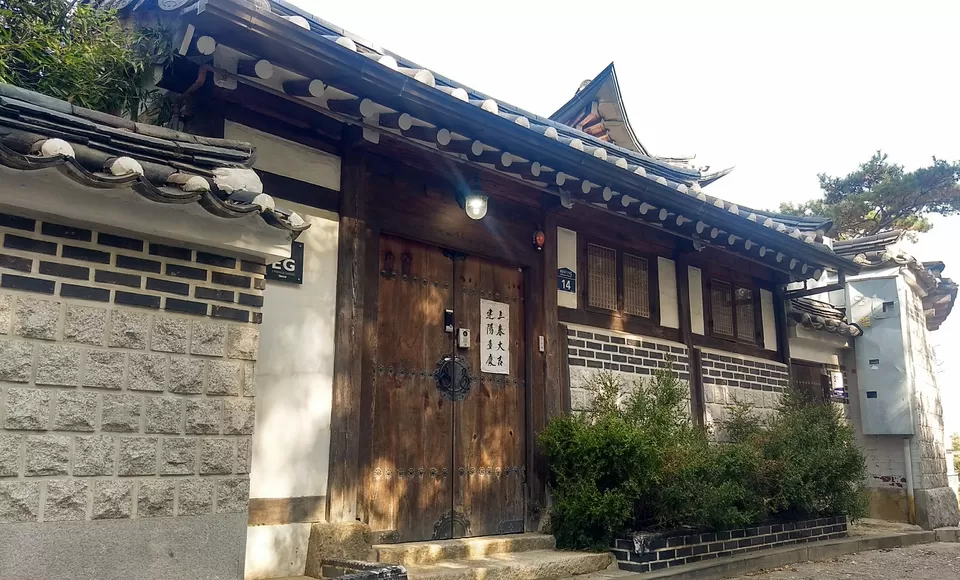
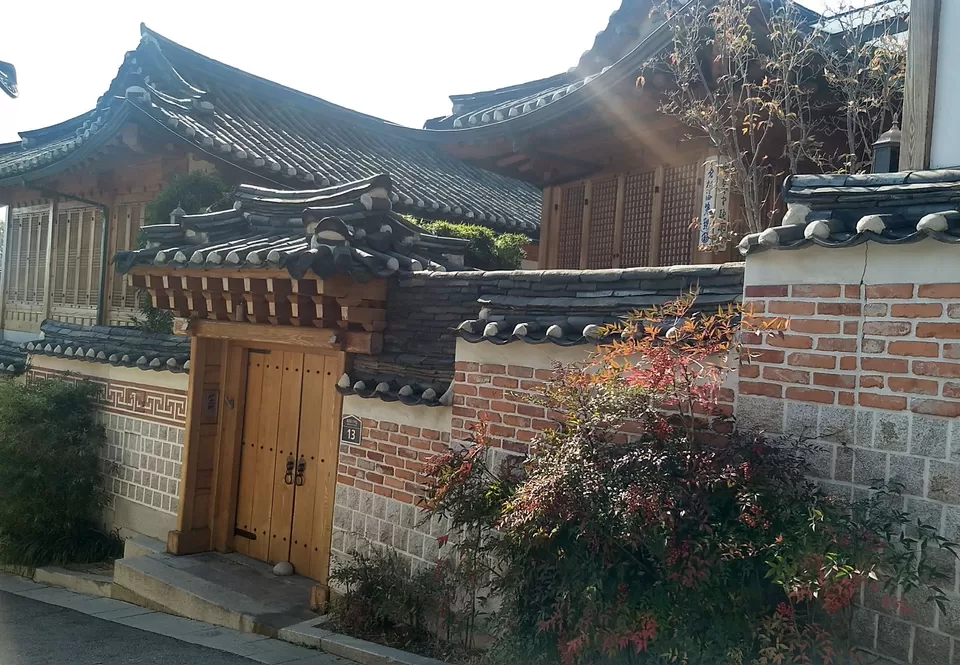
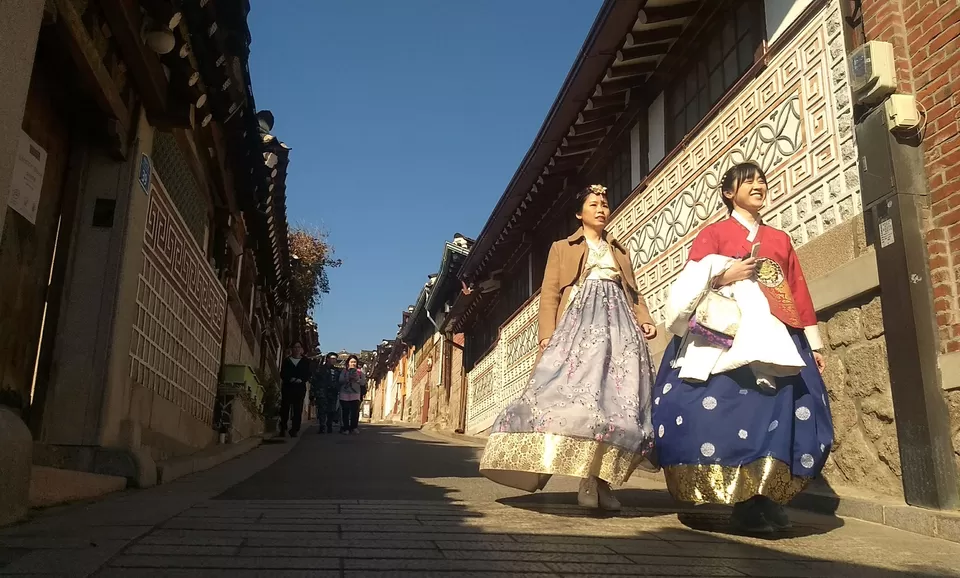
Seoul Lantern Festival
Location: Cheonggyecheon Stream until Cheonggye Plaza and Supyogyo Bridge
Every year, Seoul Lantern Festival takes place from the first Friday of November to the third week of November. From 5 pm to 11 pm, lanterns light up along the Cheonggyecheon Stream until Cheonggye Plaza and Supyogyo Bridge. Furthermore, it always promotes a specific theme every year.
In addition to the spectacle of lanterns, the festival offers several activities to enjoy. You can put up a wish lantern, write a new year’s wish note or even make your own lantern. Likewise, you can enjoy Korean street food and see fantastic parades illuminating the night of Seoul!
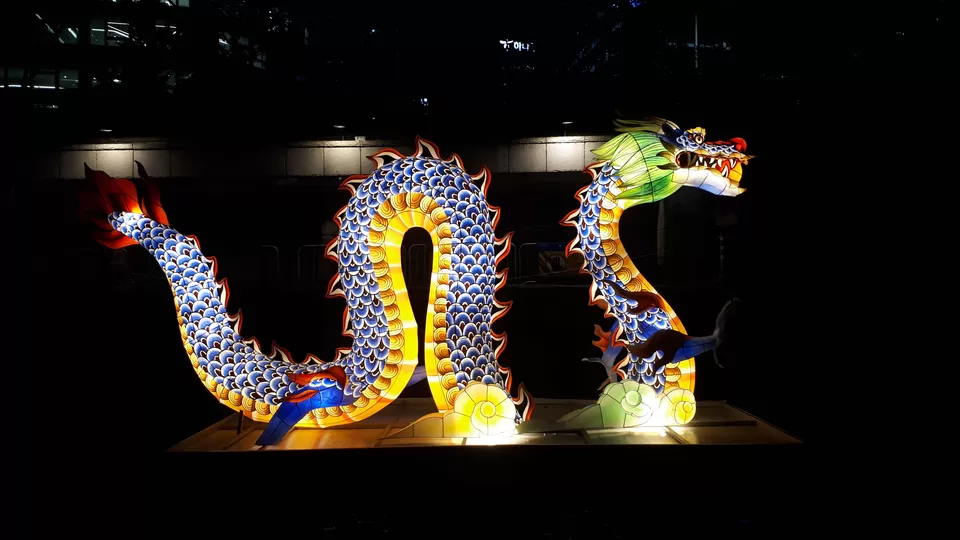
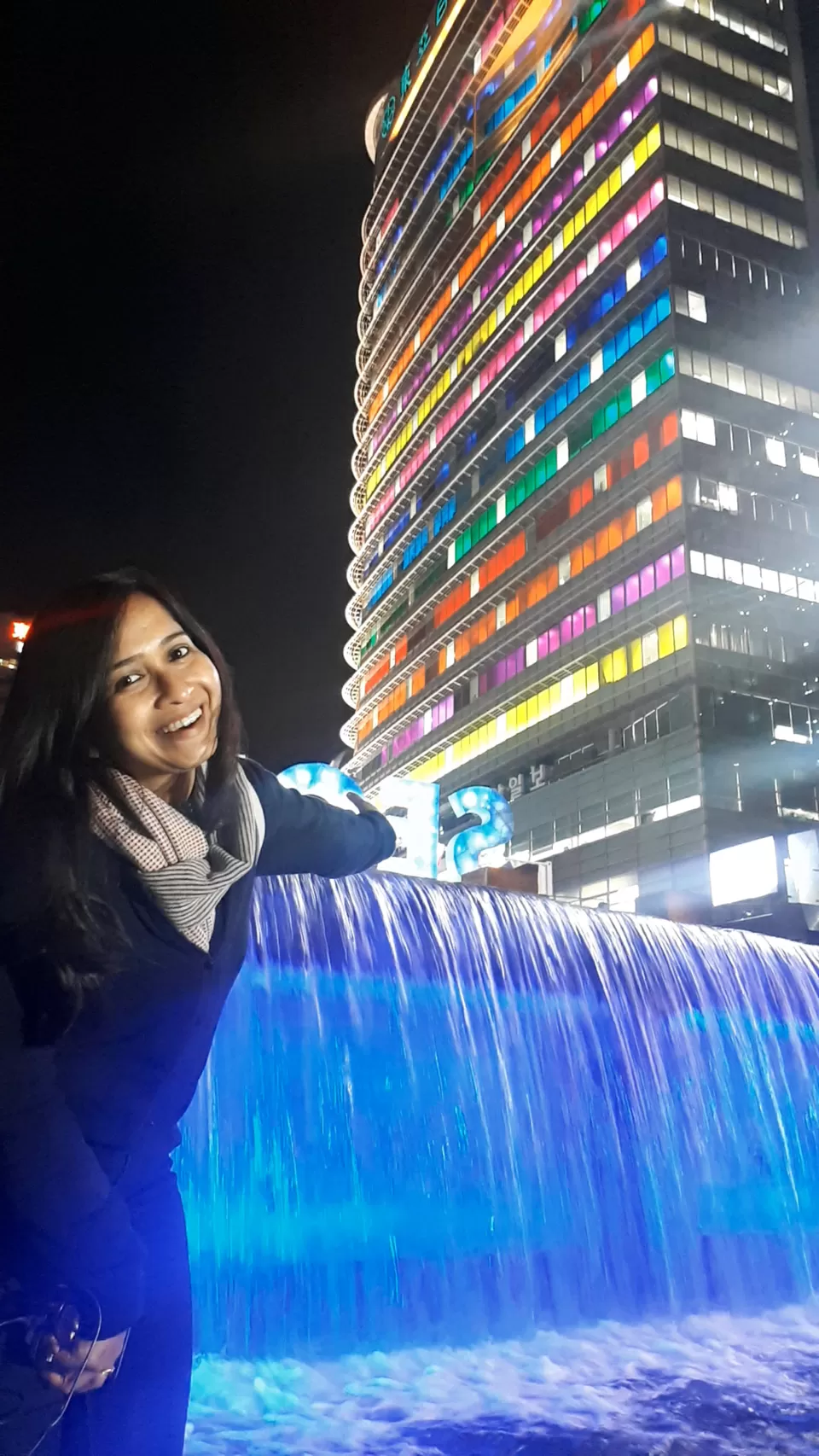
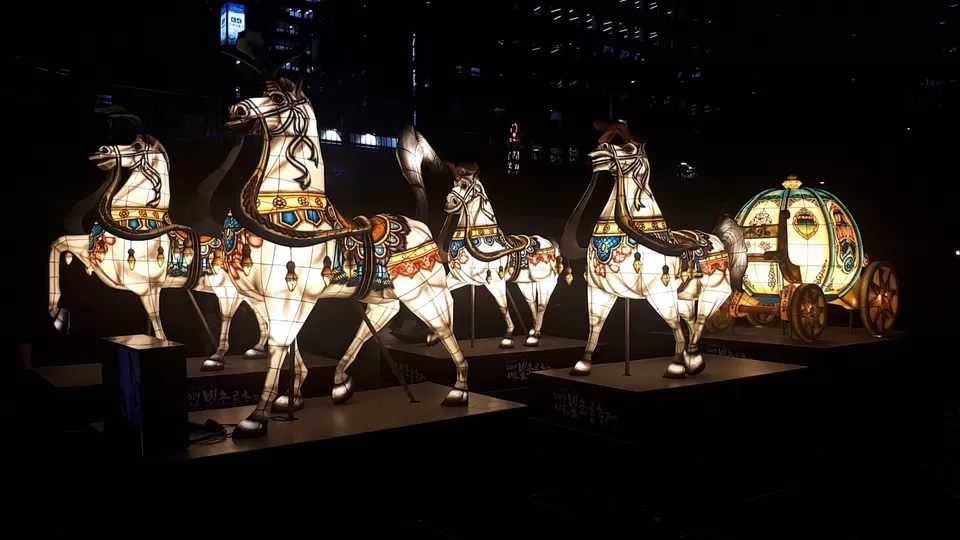
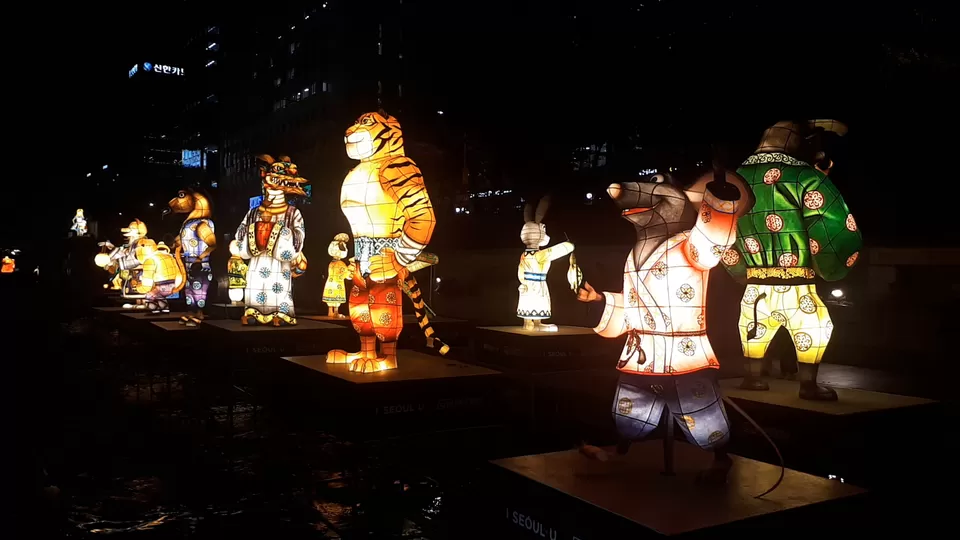
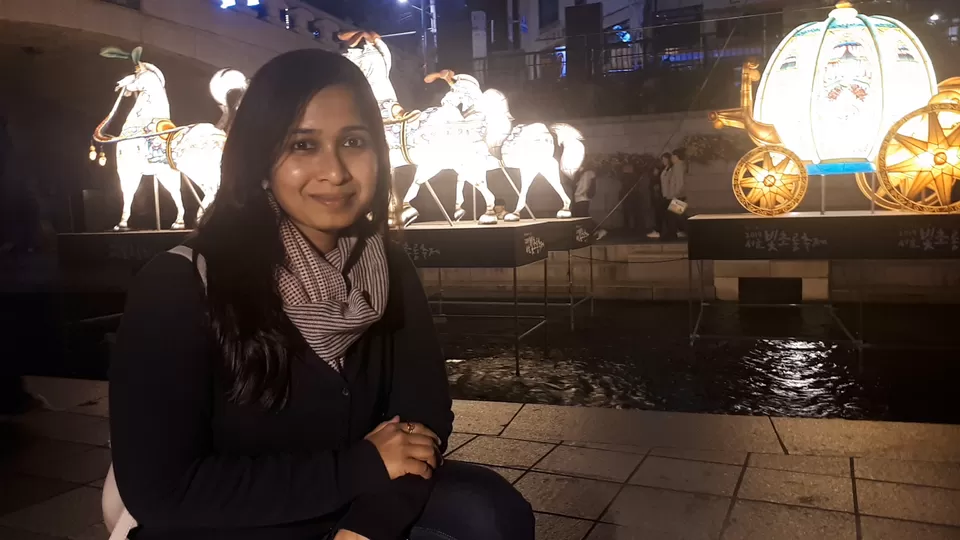
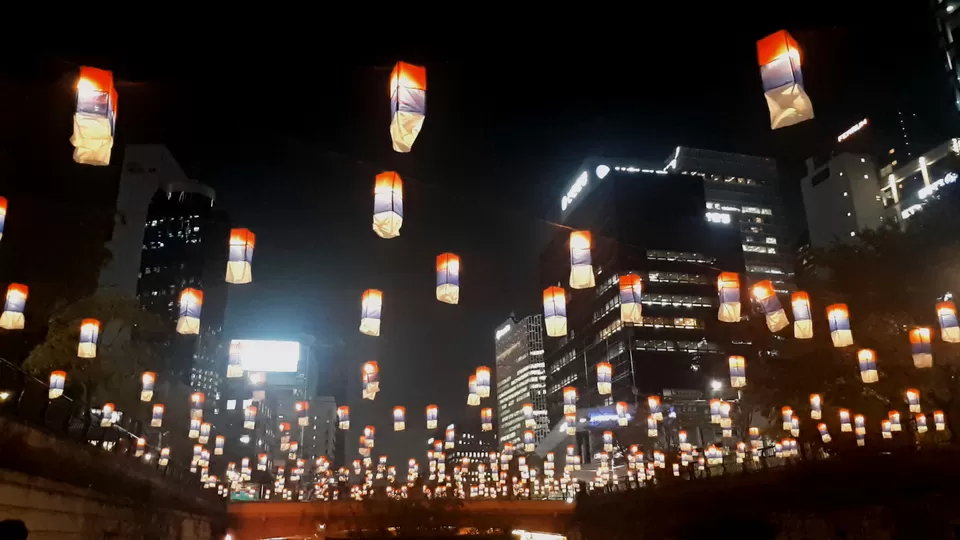
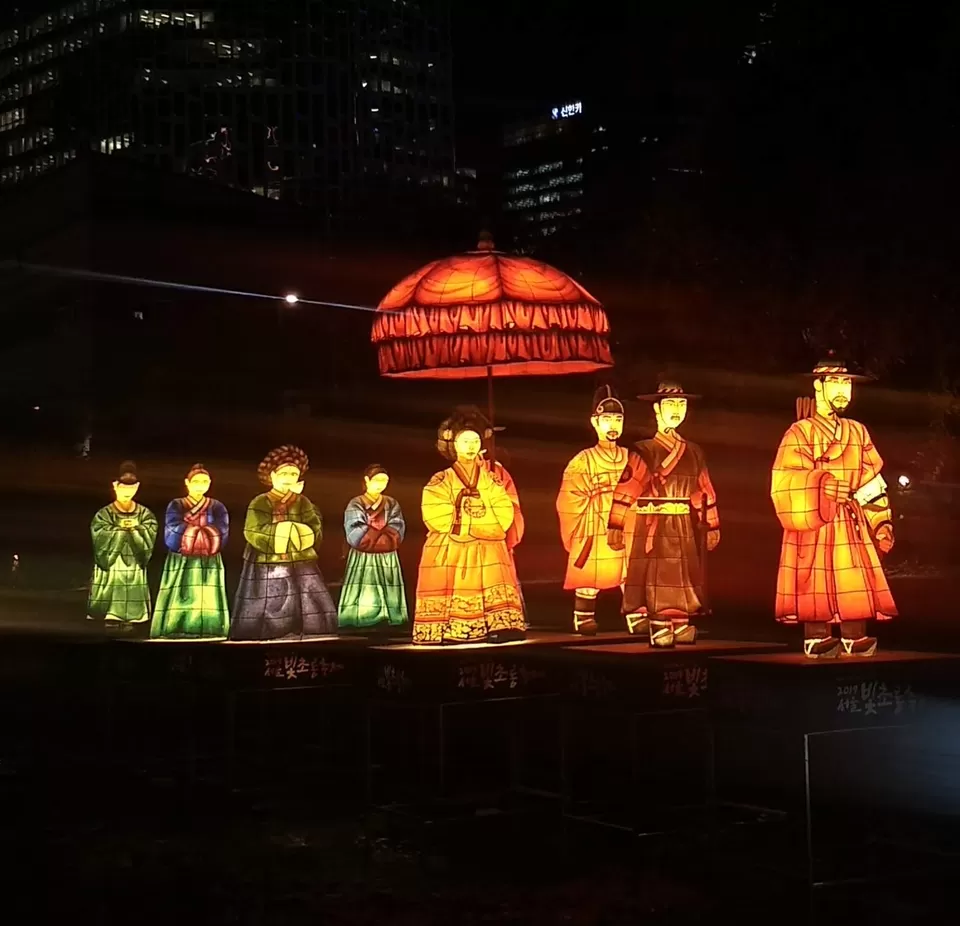
Day trip to DMZ
Unfortunately for us due to then tensions between North and South Korea, the DMZ tour was cancelled. This is however a must do, and have shared all details above.
But it gave us a wonderful opportunity to explore SEOUL on foot without a plan.
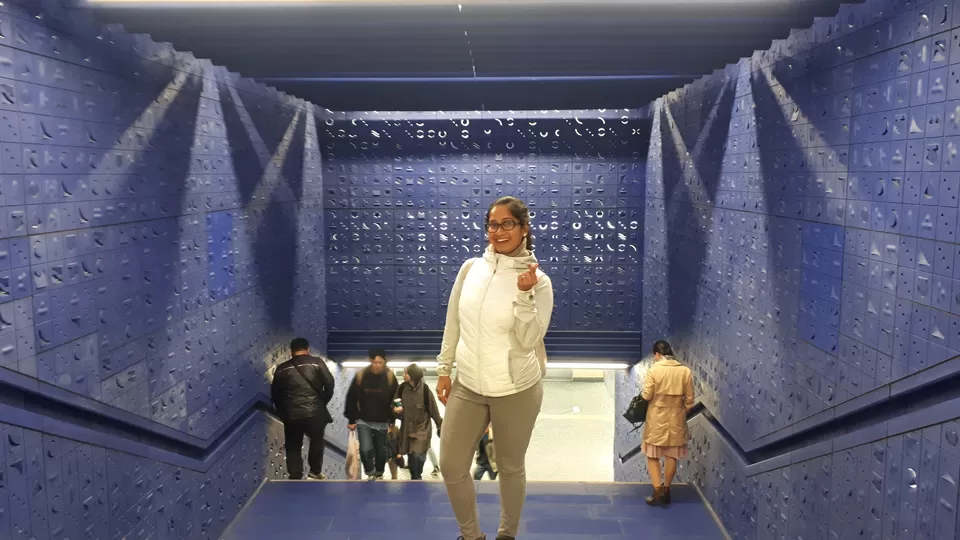
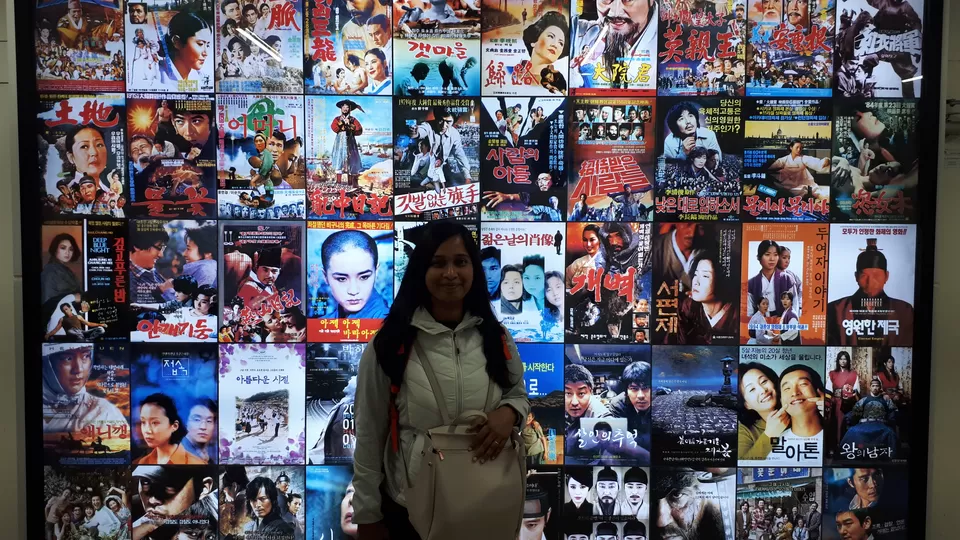
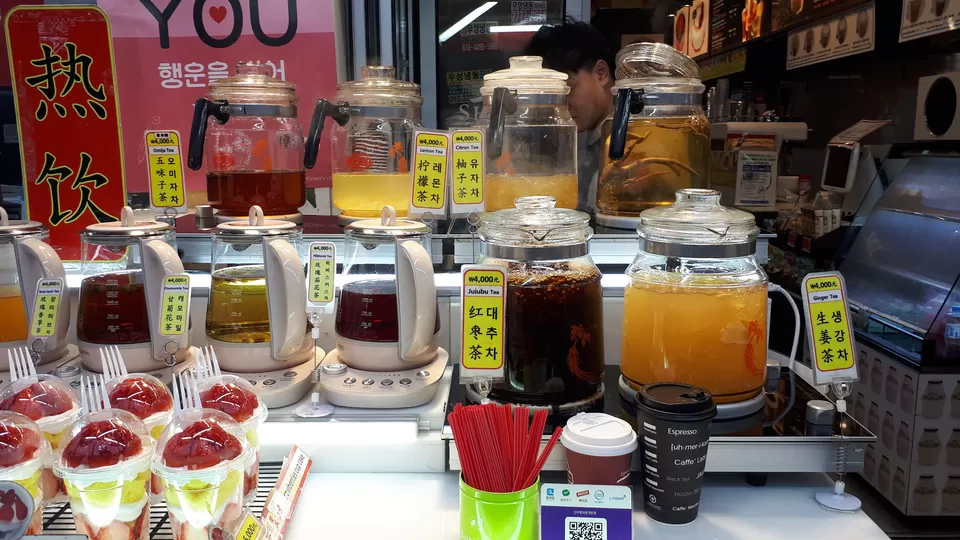
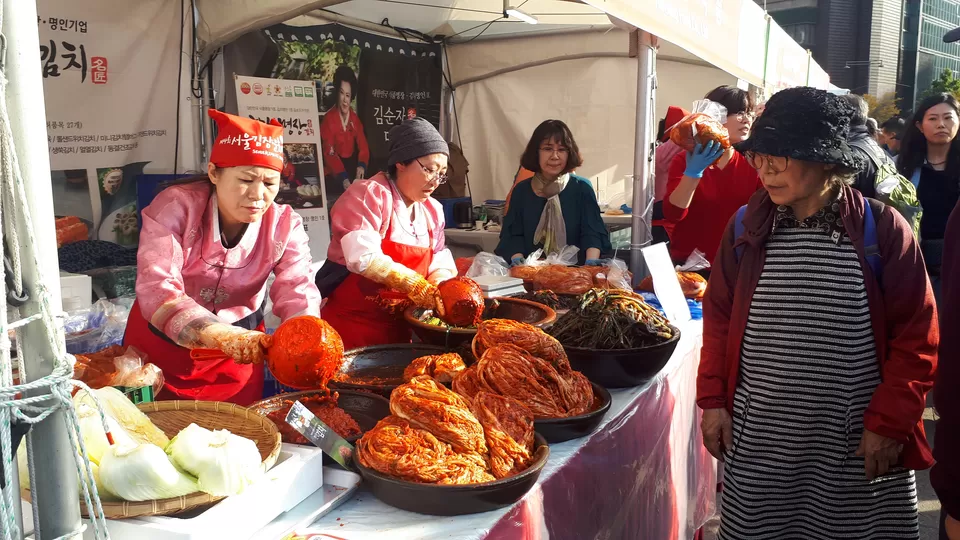
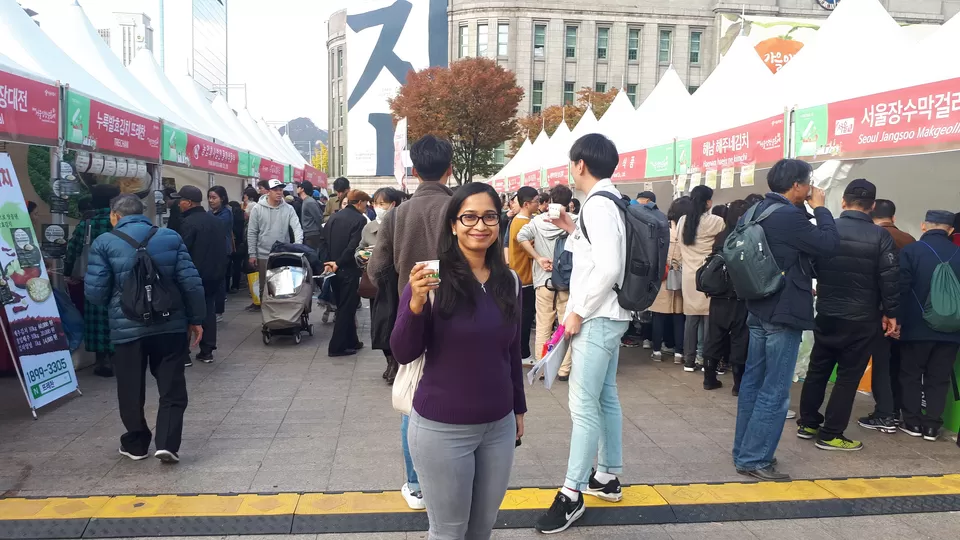
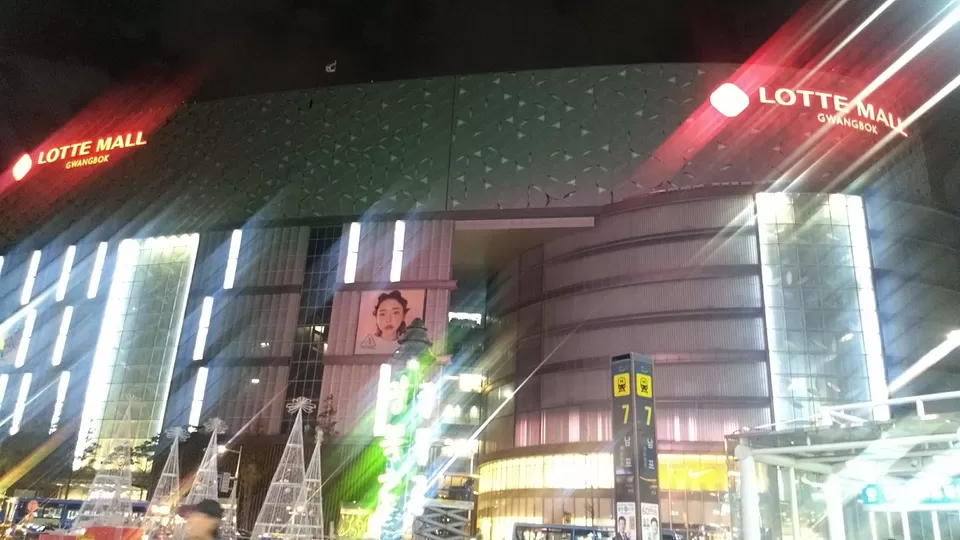
Nami Island - Instagramers delight !!!!!
Time: Full Day (Takes 1 Hr. 30 min by Metro)
Nami Island covers an area of 430,000 square meters. This half-moon shaped island in the middle of the Han River is a reforested and transformed island into the resort town that it is today. From mid-September to November, visitors can enjoy spectacular fall foliage across Nami Island. The reed beds on the riverside are another nature’s gift you will be able to enjoy during fall.
How to reach: Travel by train to Gapyeong Station- Walk or take a cab from the station to the ferry wharf- At the wharf, buy tickets to the island, which costs ₩13,000. The 13,000-won fee already covers both the entrance fee and roundtrip ferry fare.
Entry: 8000 KRW pp
• The Central Korean Pine Tree Lane: A scenic path lined with thick pine trees leading to the center of the island.
• Ginkgo Tree Lane: A must-stop spot for enjoying the splendor of vivid yellow ginkgo leaves during autumn.
• Metasequoia Lane: A path lined with giant redwood trees, offering magnificent scenery.
• Riverside Paths: The wooden walks around the water’s edge where you can take in the stunning views of the lake and surrounding mountains.
Bus details for tour
The best way to go to Petite France from Nami island is taking “Gapyeong tour bus“. By using this tour bus you can also visit The Garden of Morning Calm and Gapyeong Rail Bike which are also very popular tourist spots.
Ticket for Tour bus- 6000 won pp. Purchase from bus driver
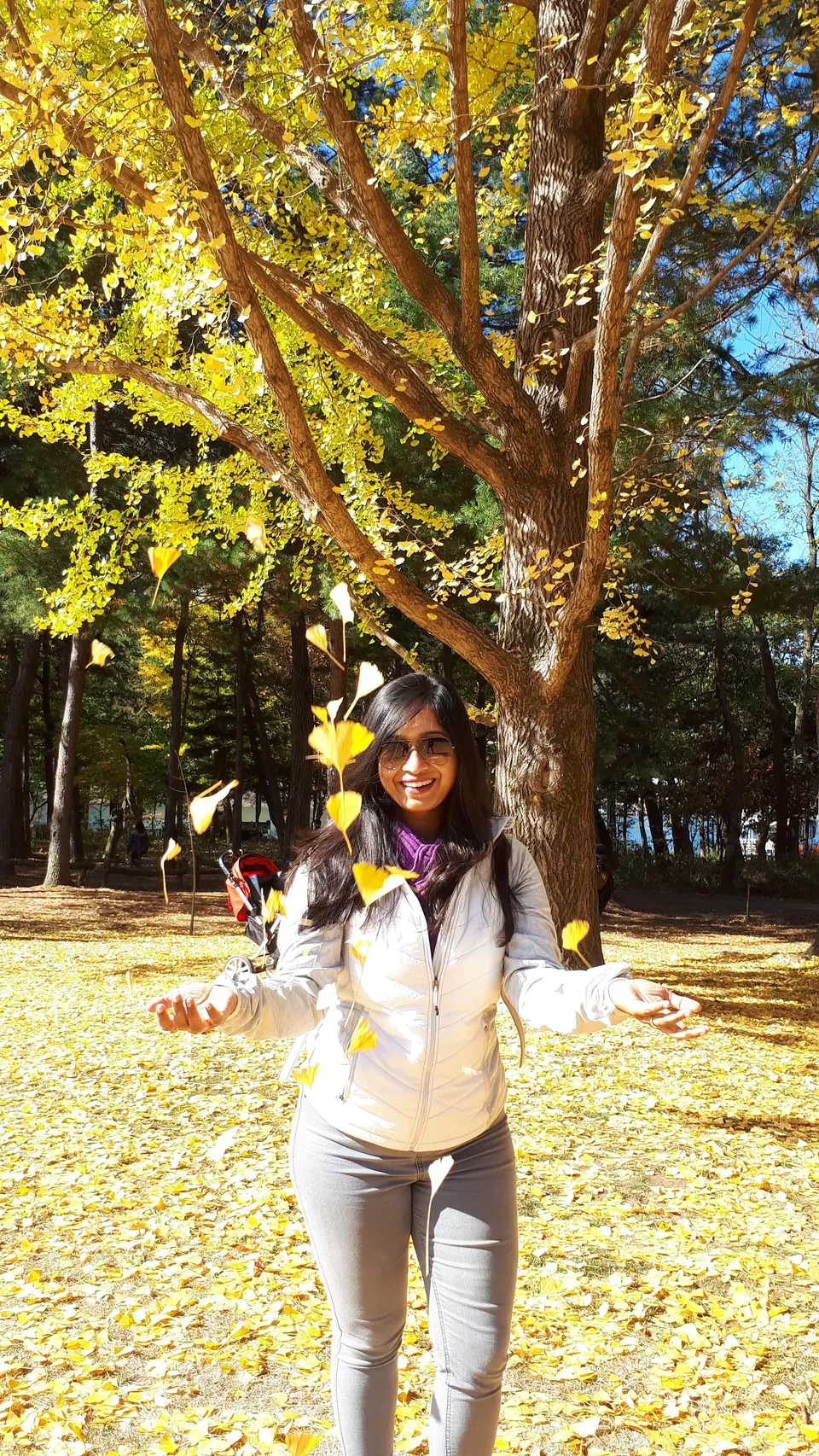
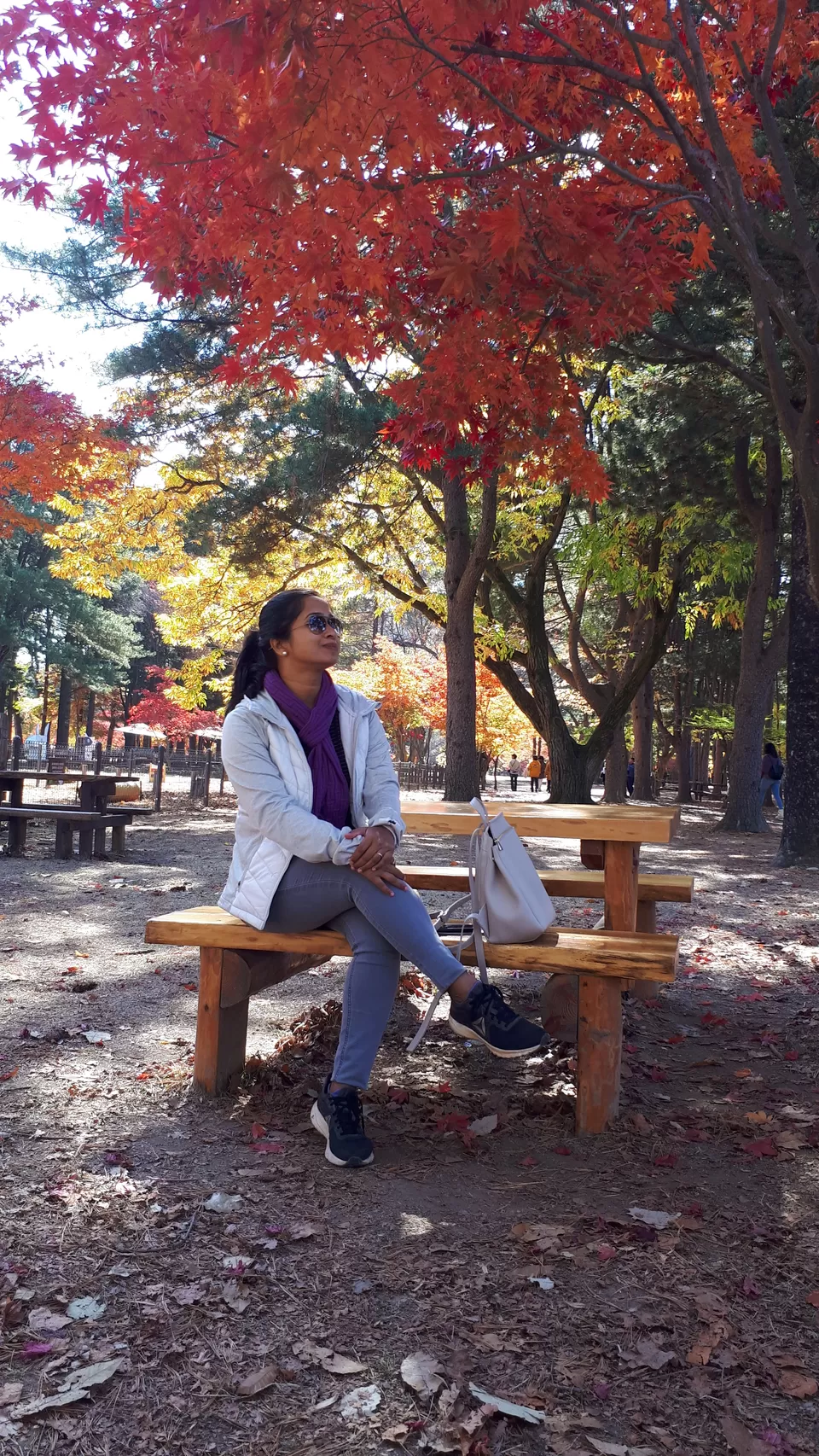
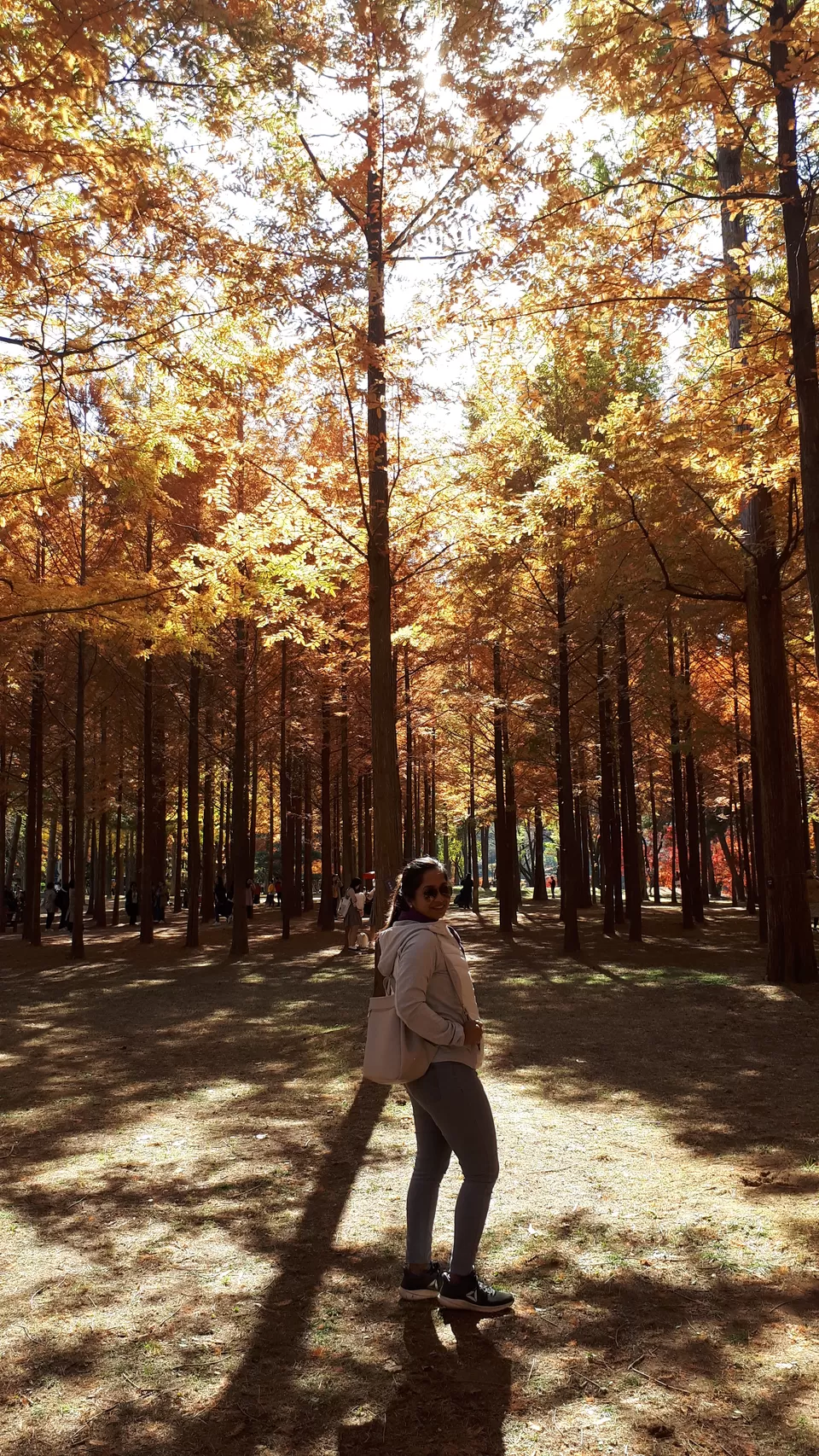
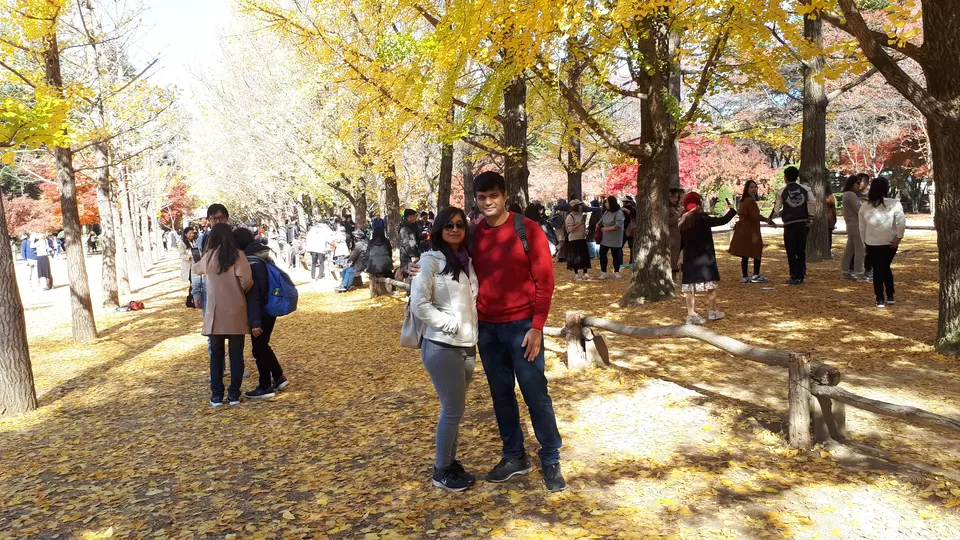
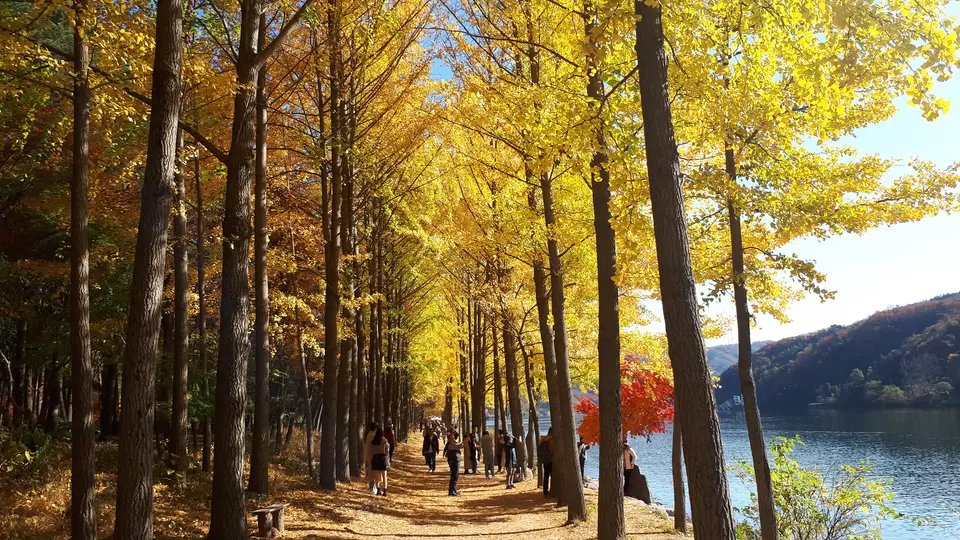
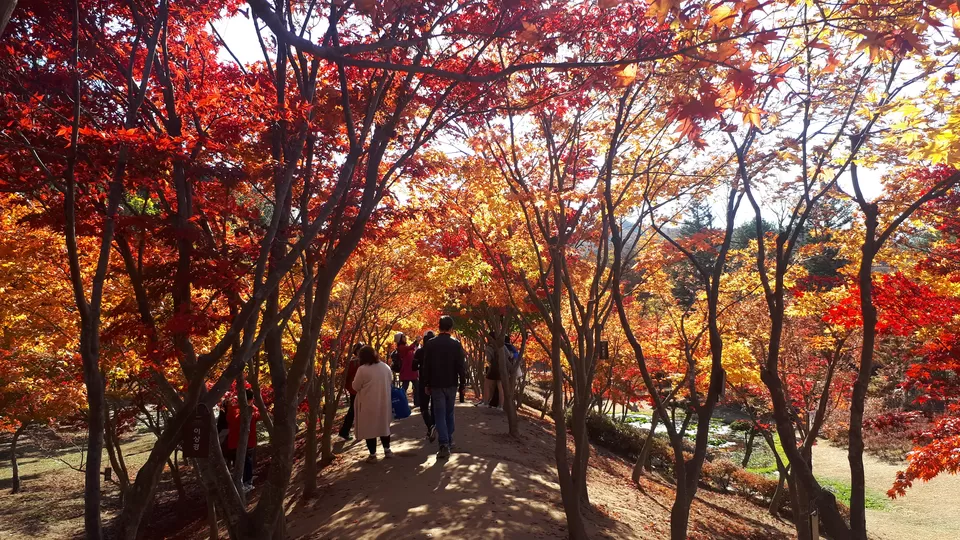
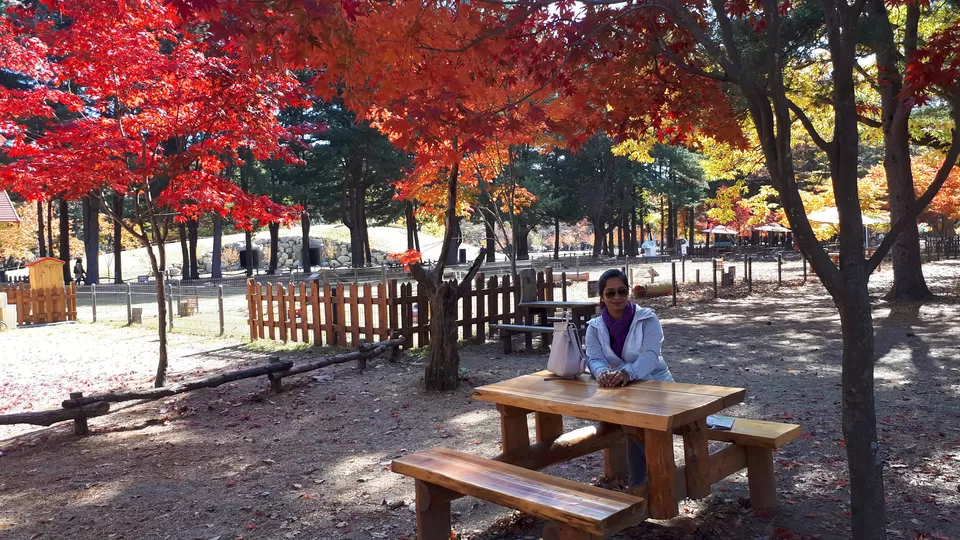
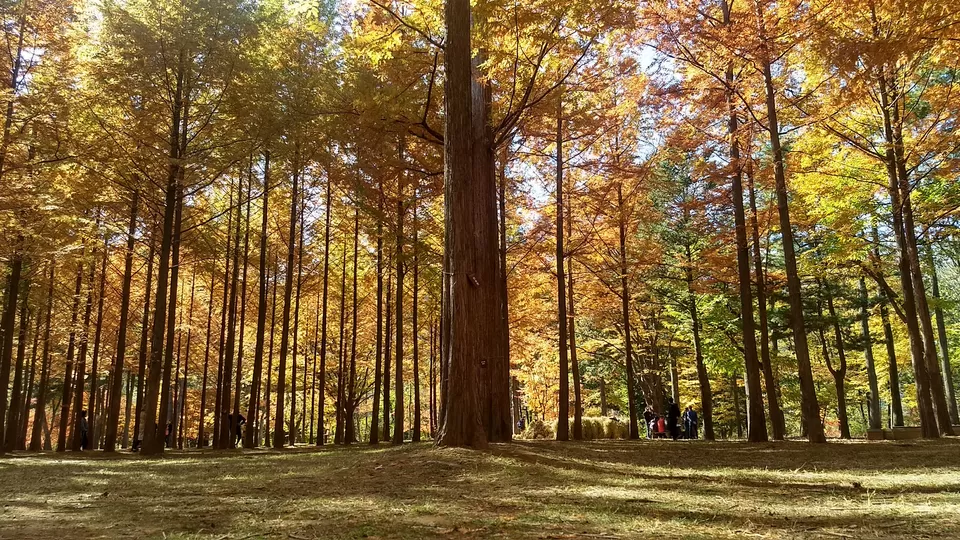
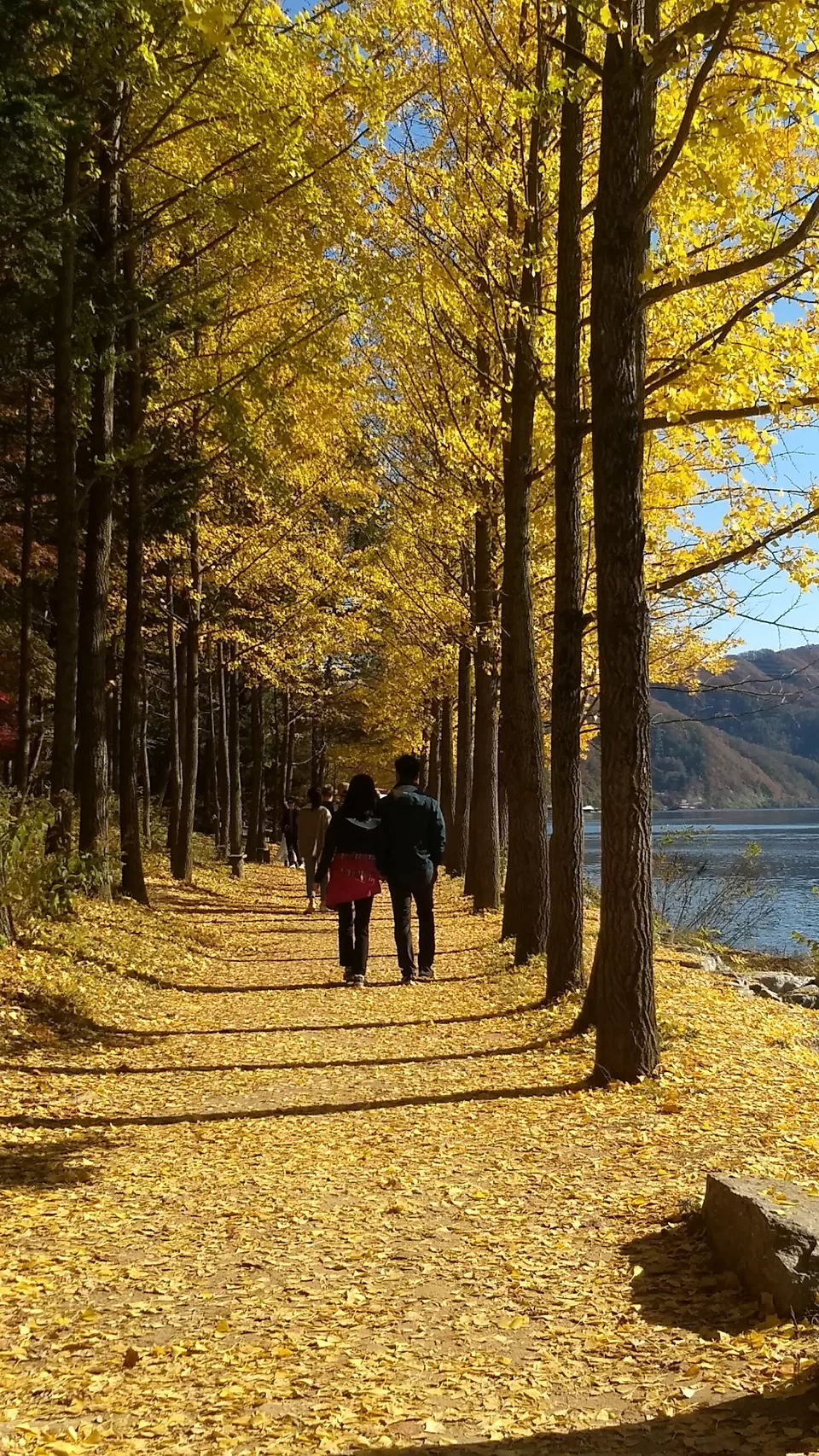
Garden of Morning Calm
Inspired by the poem of one of India’s greatest poet Sri Rabindranath Tagore, in which he had described Korea as “The Land of the Morning Calm", this attraction is a collection of around 13 unique gardens.
Founded in 1996, the arboretum, comprised of thirteen small theme-oriented gardens, attracts more than 650,000 visitors annually, showcasing about 1,000 varieties of flowers and plants. It grew popular since its appearance in the movie, “The Letter” (1997) featuring Choi Jin-sil and Park Shin-yang.
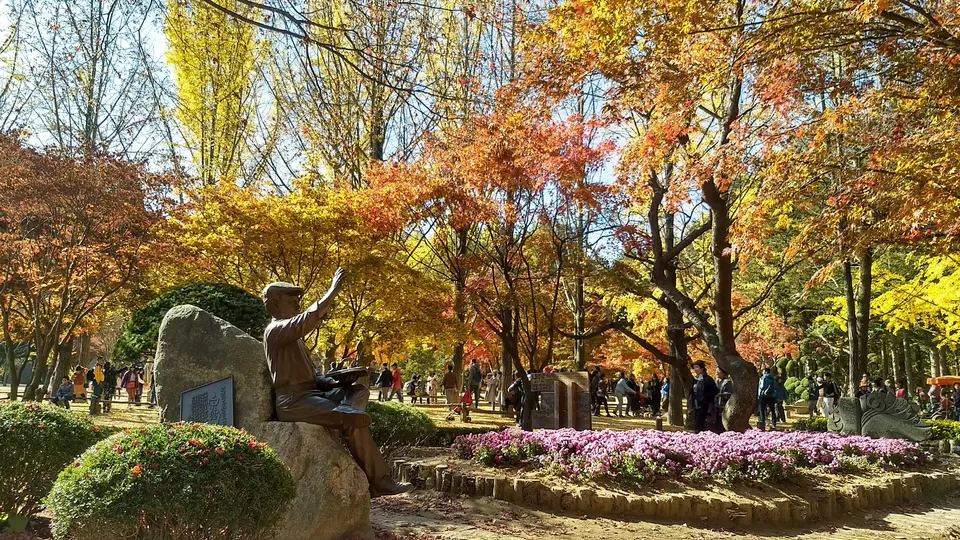
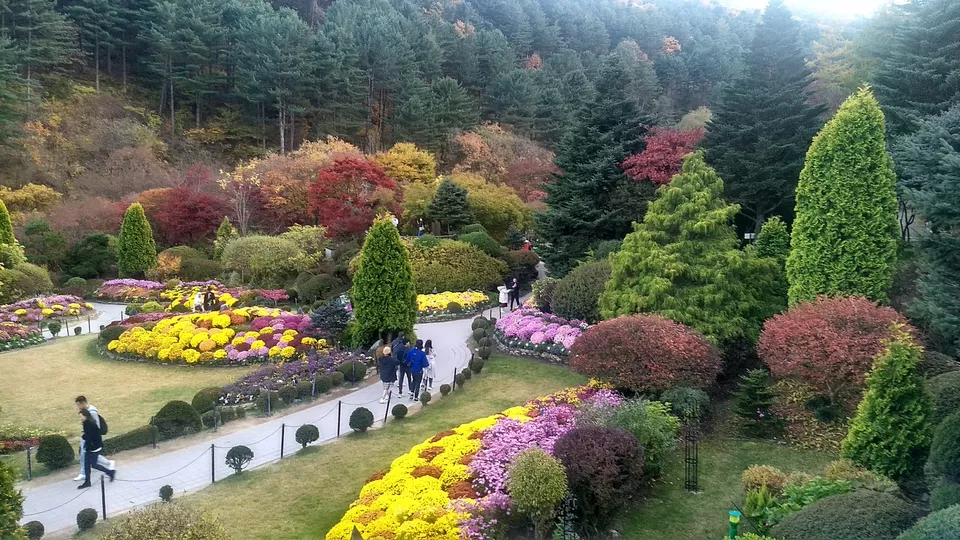
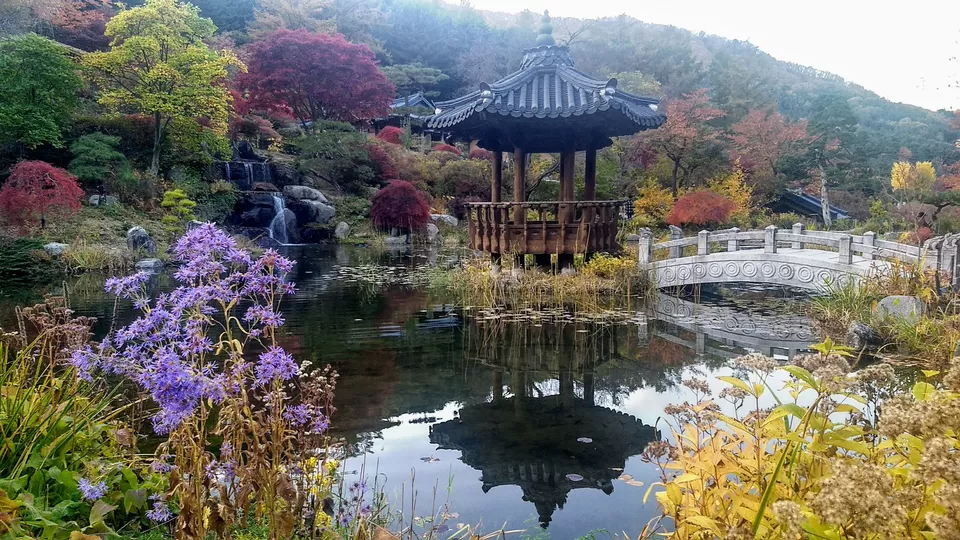
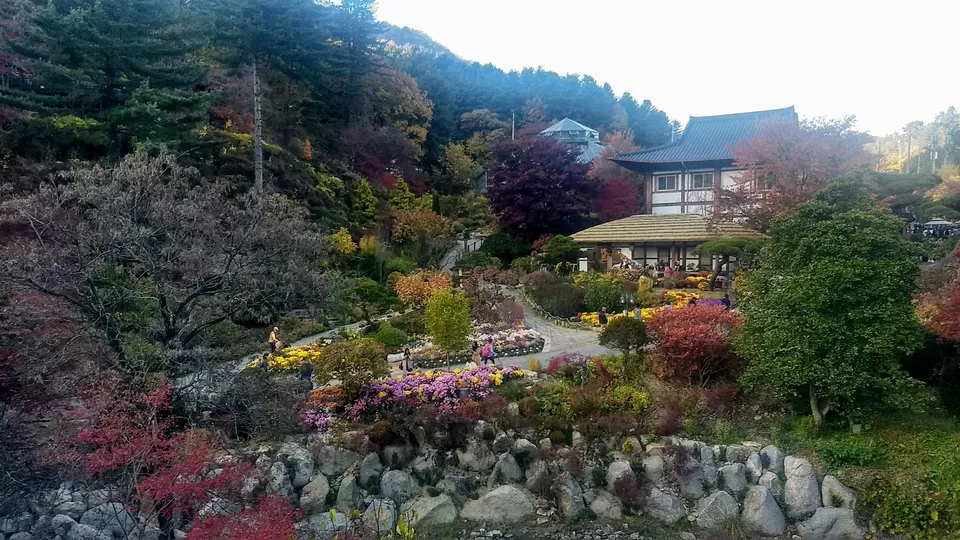
Petite France- We could not cover this, but it is managable if time in either of the above locations is cut short
The concept of Petite France encapsulates ‘flowers, stars, and the Little Prince.’ The village contains a memorial hall dedicated to Saint-Exupery, the author of the celebrated French novel, Le Petit Prince (1943) and as such, it is called the Little Prince theme park.
Myeongdong Market
Direction: Head to Myeongdong Subway Station (Exit 6) from Line 4 and walk for about 5 minutes
Myeongdong is one of the major shopping districts in Seoul. Suggest shopping here for Korean skincare and cosmetics but clothing, home goods, and snacks can be found here, as well. The area also contains restaurants serving up traditional Korean fare. Two main shopping streets, one coming from Myeongdong Subway Station and the other from Lotte Department Store at Euljiro, intersect.
Places to visit: A’Pieu for budget cosmetic, Lotte Department store, Milky Bee Rose ice cream at Myeongdong, Etude House Shopping for mid-range cosmetics, Hello Kitty Café, Tony Moly cosmetics
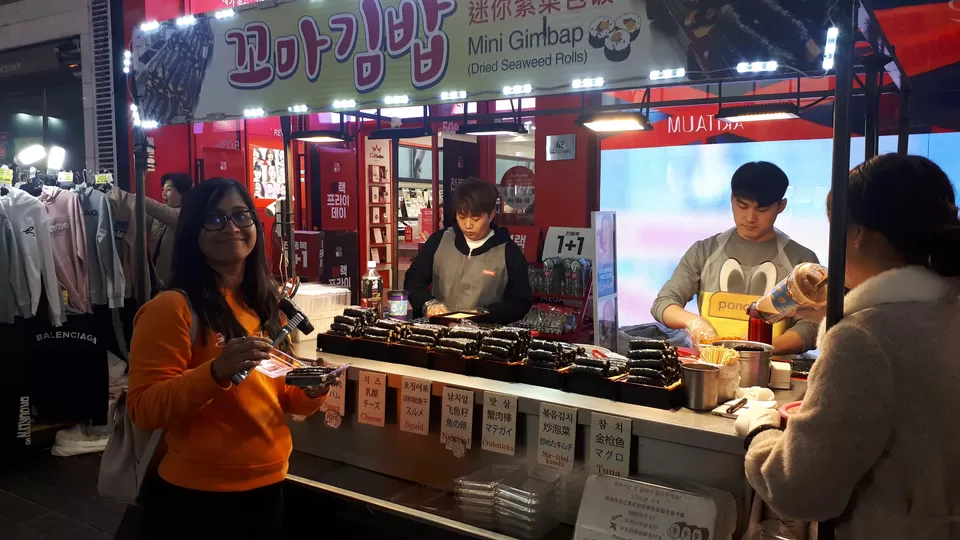
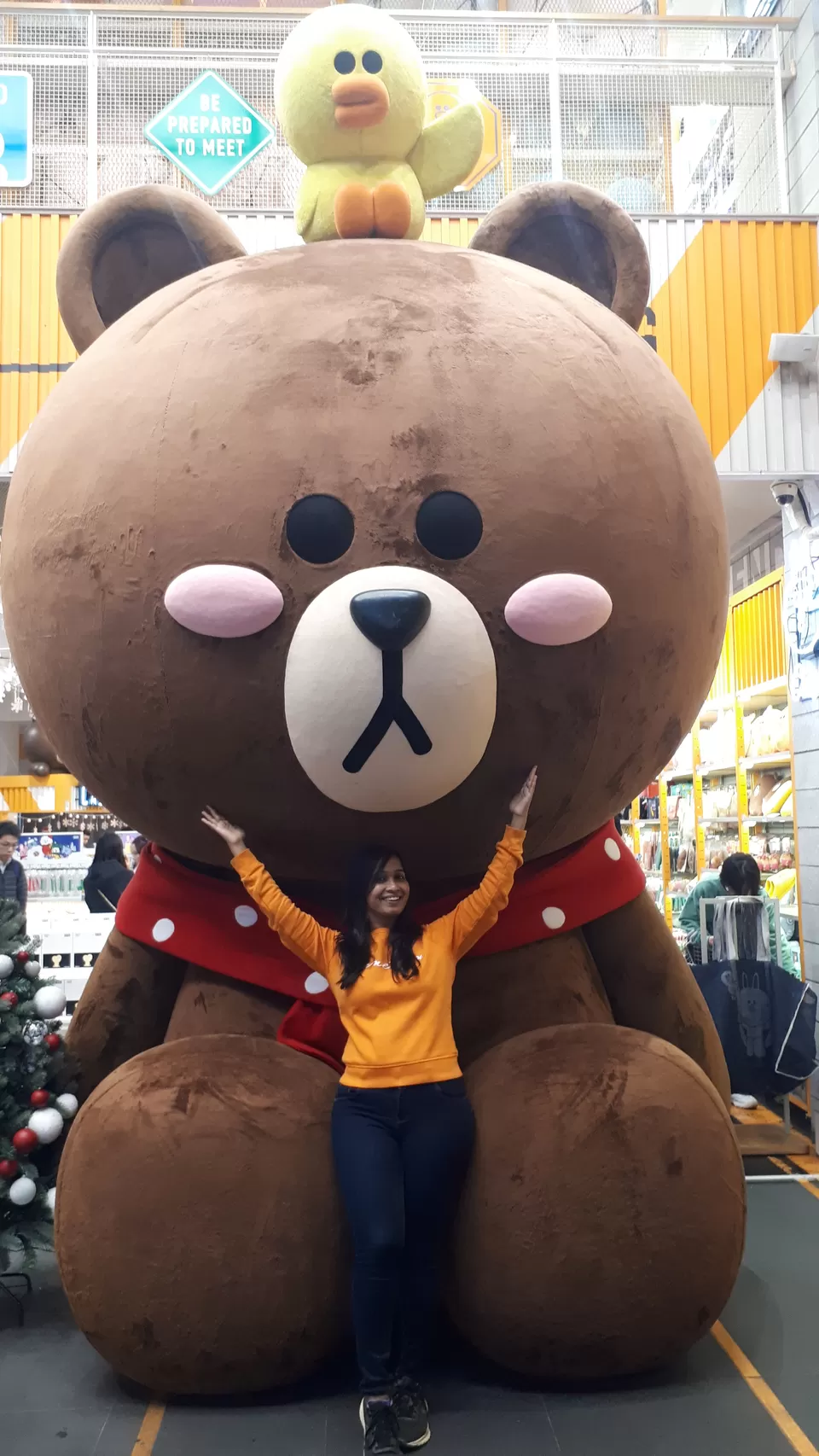
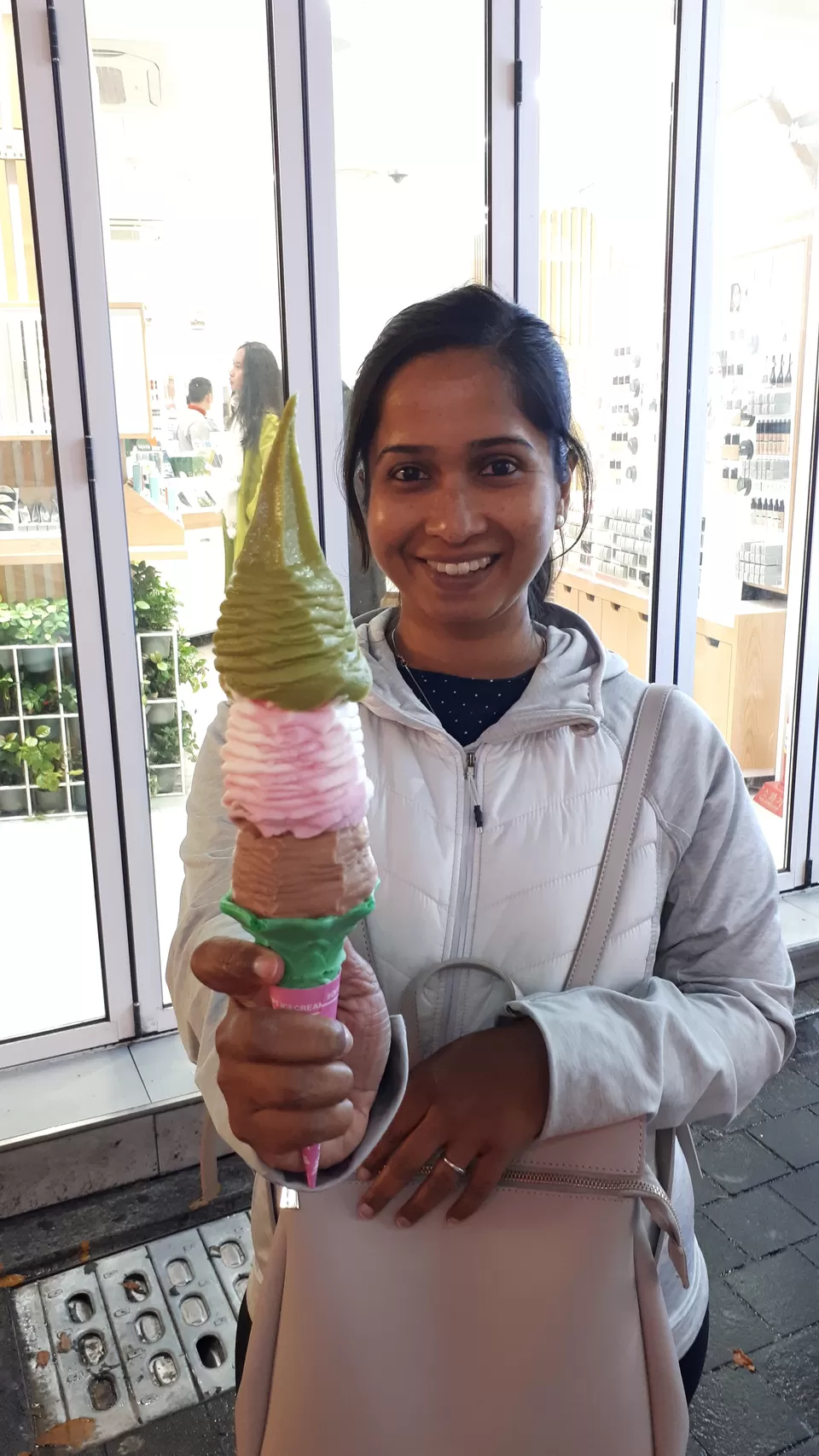
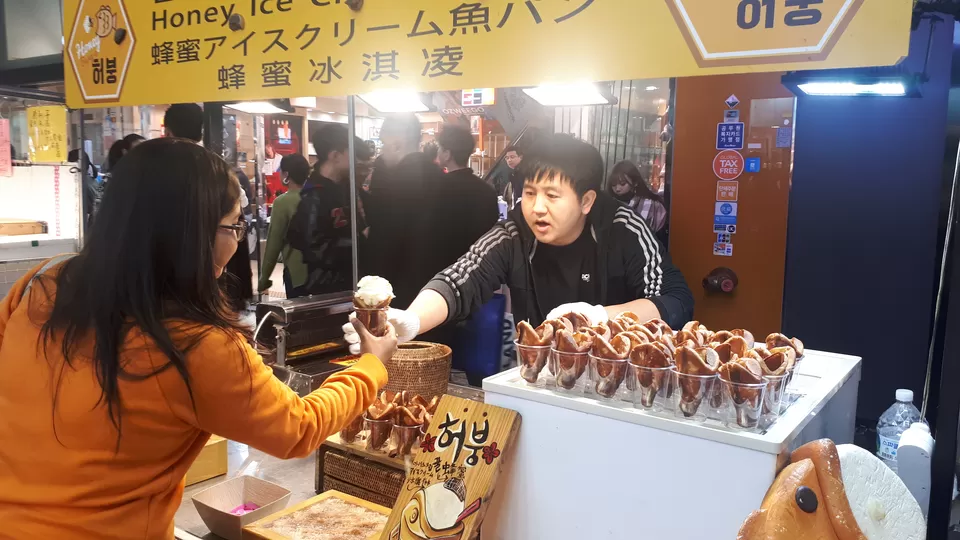
Namsan Seoul Tower
We explored neighbourhood in the morning, then checked out and moved to Homestay experience (details above). Afternoon left for N Seoul Tower
Getting there: Go straight from Myeongdong Station Exit 5 towards Hoehyeon Intersection and then turn left. There are three shuttle buses to go to the Namsan Seoul Tower: No. 02, No. 03 and No. 05.
N Seoul Tower is an iconic tourist attraction in Seoul. With its love padlocks, wide variety of restaurants and cafes, live performances and crazy views over the city. The tower was built as a radio wave tower but also as a tourist attraction. It is now one of the highlights of Seoul and a must see attraction while in the city.
Ticket price: 10,000 won per person+ 1200 won p/p for Bus
Tips to avoid queues
• The Tower has become a must-visit spot for local and foreign couples, who head here to lock their “padlock of love” onto the railing - and there are thousands of love locks scattered around the base of the tower! In case you’re coming with your sweetheart - don’t forget a lock (but if you do - you can buy one at the souvenir shop on place).
• Though the best views are from the Observatory (level 3F), you can enjoy a panoramic view of Seoul on the Glass Terrace (1F), Roof Terrace (2F), and in the lobby without paying an admission fee.
• Before you go back from the Observatory to the ground floor, take the staircase down one level and go to the sky restroom - the highest restroom in Seoul with incredible views!
• Admission to the Observatory is free if you dine at N Grill with a full-course meal or with a lunch set. There are other combinations, check them here. The reservation is highly recommended well in advance, especially in high season.
• If you want to take an entire picture of N Seoul Tower, you have to go to the Roof Terrace at 2F level and lie down on the floor down the stairway.
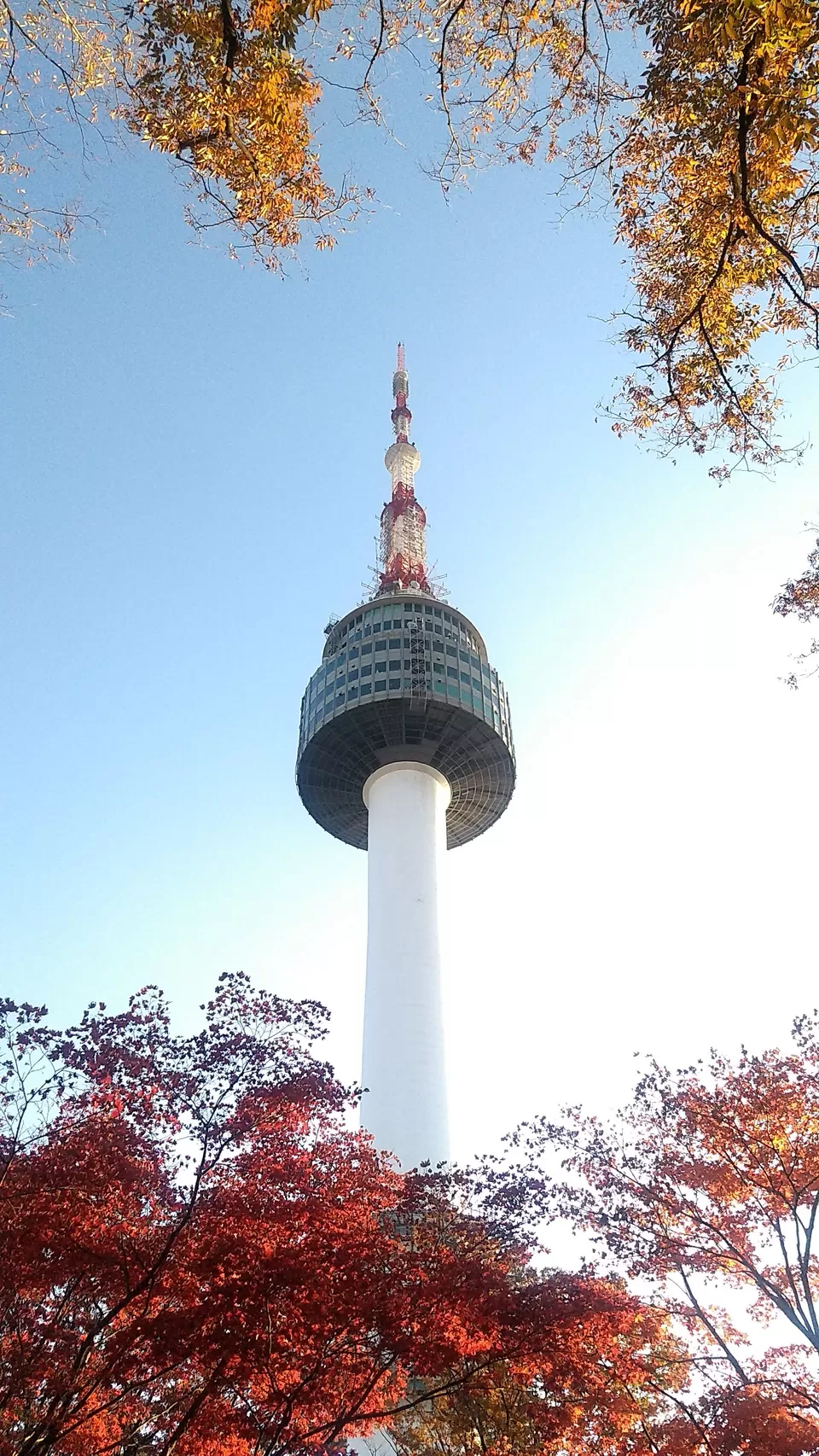
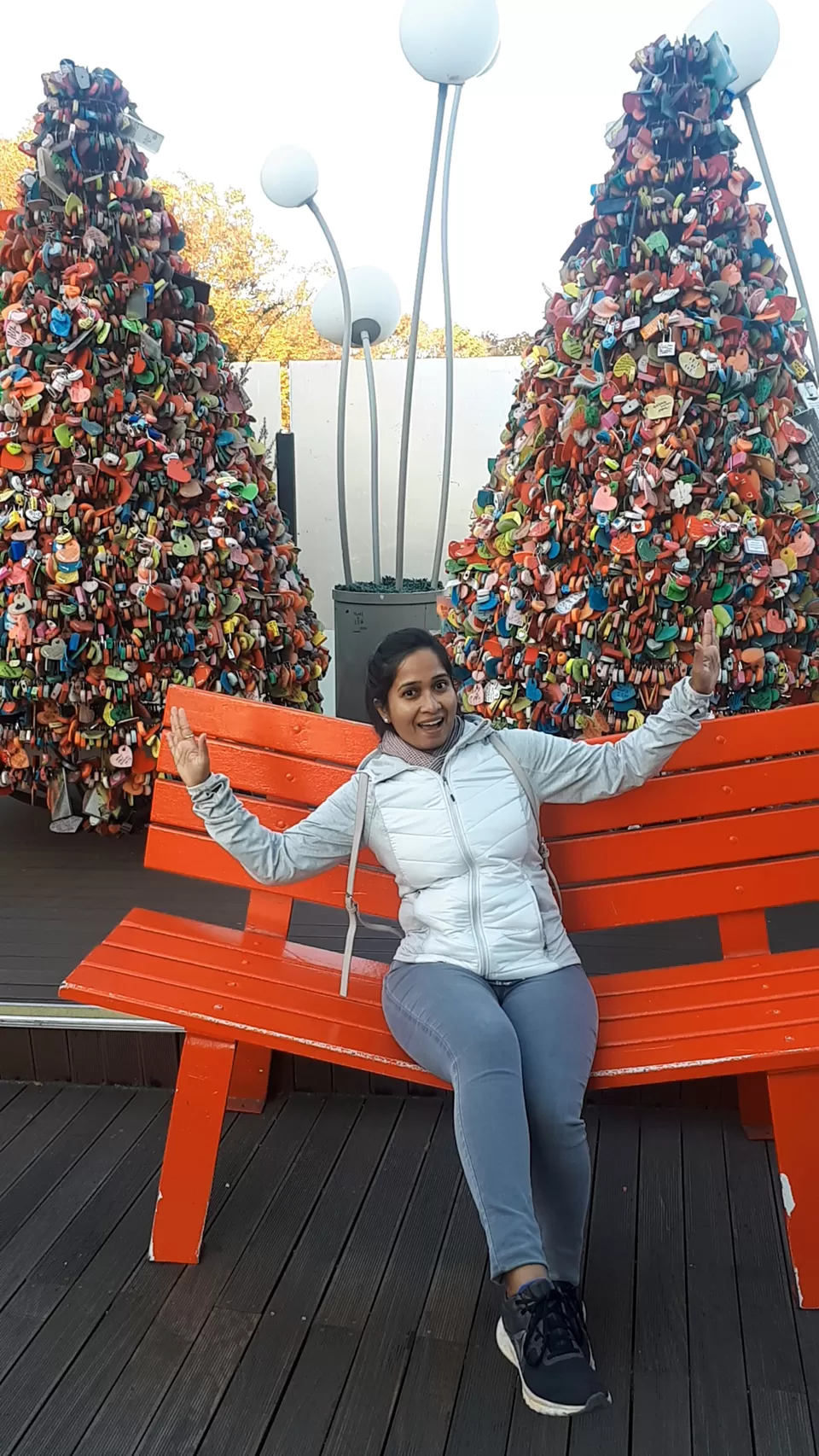
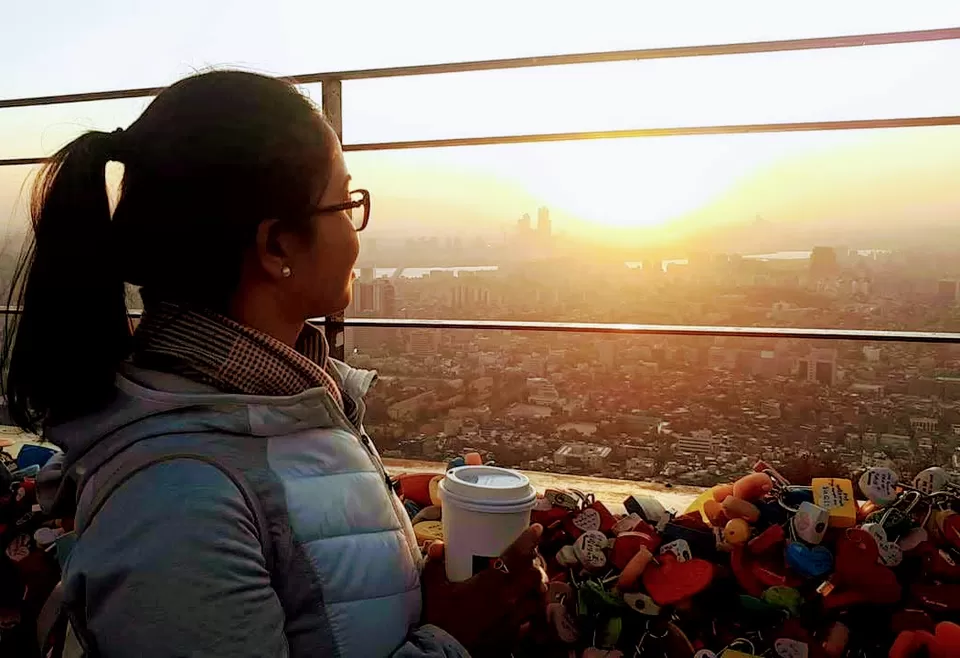
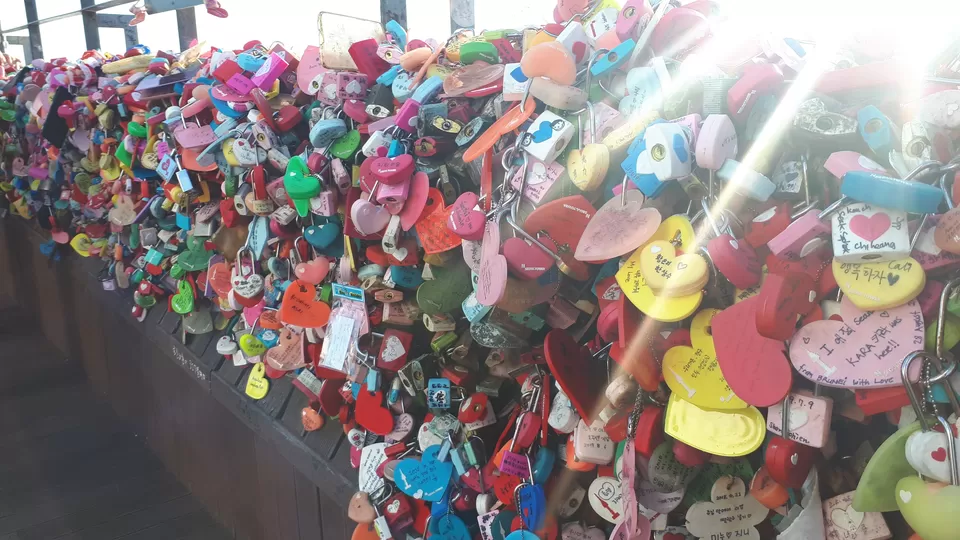
Suwon
Leave by 7.45 AM for Suwon, Nooriro Fares- Adult Standard Class: 2,700, Head to Seoul Station (Line 1). Tickets to Suwon cost 2,700 KRW
Visit Paldalmun Gate- Paldalmun gate is the southernmost gate land marking the entrance to Old Suwon. Left of the gate (and down an alley) is the start of your hike on the fortress walls surrounding the city. Getting there: Take Bus #11, 13, 36, 39 to Paldalmun
24 Martial Arts Performance at Sinpungnu-Get to the main gate right on time for this fantastic performance! It’s at 11:00 a.m. every day besides Monday, and it’s a demonstration of the 24 different martial arts recorded and illustrated in MuyeDoboTonji in 1790.
Hike Hwaseong Fortress: Suwon City’s Ancient Walls-Walk the perimeter of the heart of Old Suwon. Hwaseong Fortress is a world heritage landmark completed in 1796 to keep invaders out and away from the King’s temporary palace. The entire hike takes around 3-4 hours depending on your fitness level. Admission is 1,000 won.
Hwaseong Haenggung Palace - Hwaseong Haenggung Palace was a temporary palace that many kings went to for relaxation and a getaway. The palace was once the seasonal home of King Jeonjo, who would escape from his palace in Seoul. Located within the Hwaseong Fortress walls, you can explore the palace grounds and even in some of the live reenactment shows and sword fighting performances on the grounds
Try Galbi for lunch- Suwon’s specialty is not just one dish but an entire cut of meat: galbi (short ribs), and the many ways to enjoy it. When you reach the Hwahongmun, the fortress’ north water gate with 7 arches, you’ll have reached the halfway point of your hike. Yeonpo Galbi is the perfect rest stop, right beside the gate. Try their galbi jeongsik (20,000 KRW or P881.48 per person), a hefty set meal with marinated galbi grilled at your table, beef and soybean stew, salad, and a table full of banchan (side dishes)
Suwon Hwaong Museum- Walk to the Suwon Hwaseong Museum. The Suwon Hwaong Museum focuses on the history of the Suwon Fortress and the lifestyle within it.
Archery at Yeonmundae
Ever wanted to know what it was like to be a Suwon warrior or try your hand at archery? Located inside the city walls is an archery field. For 2,000 won, you get 10 arrows to test your aim at the target and see if you have what it takes to be a Joseon Dynasty soldier.
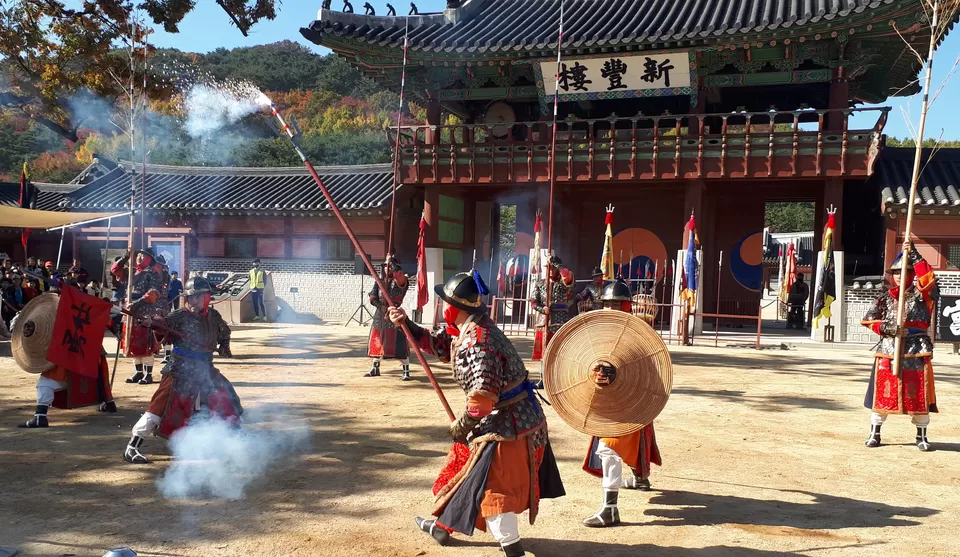
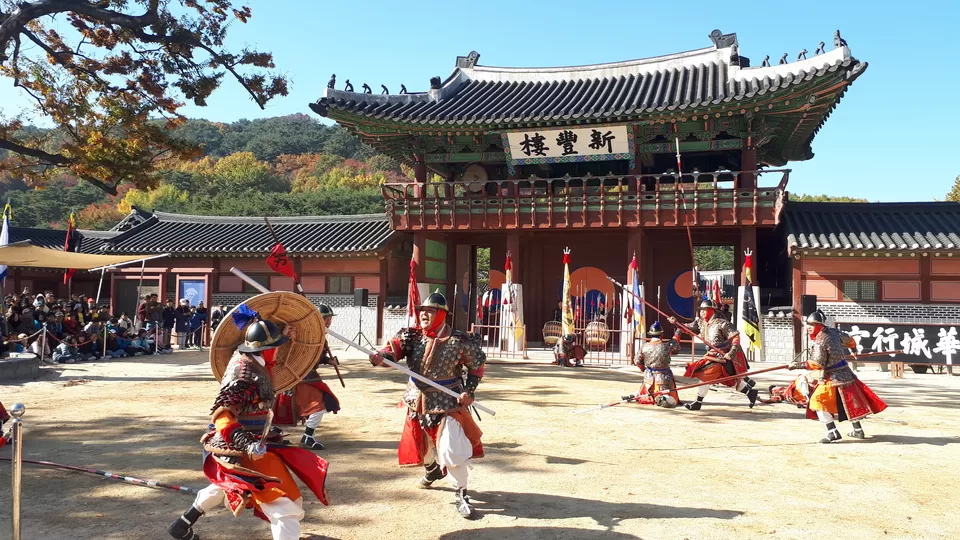
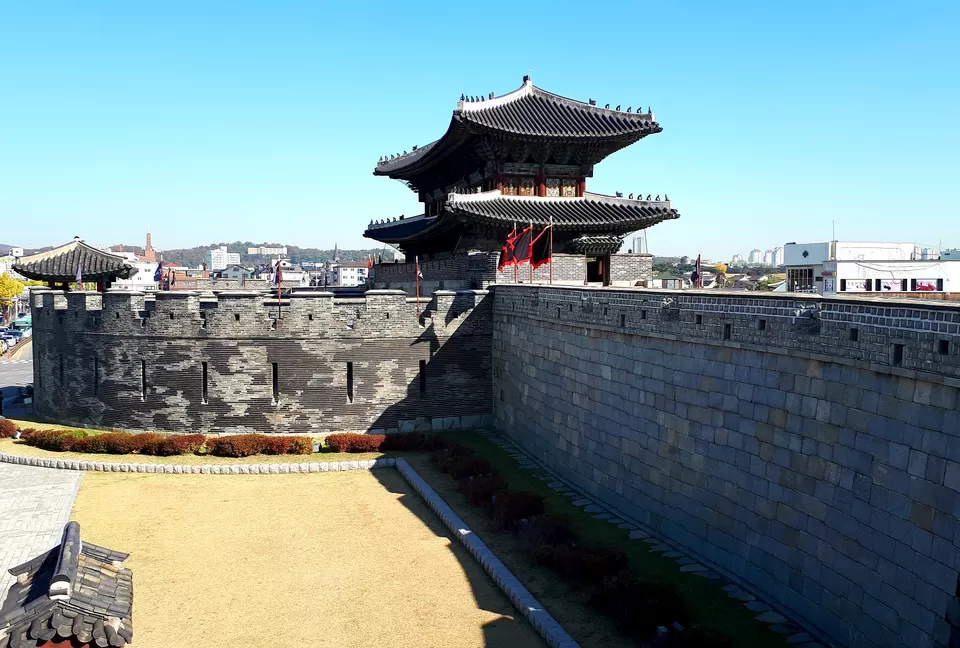
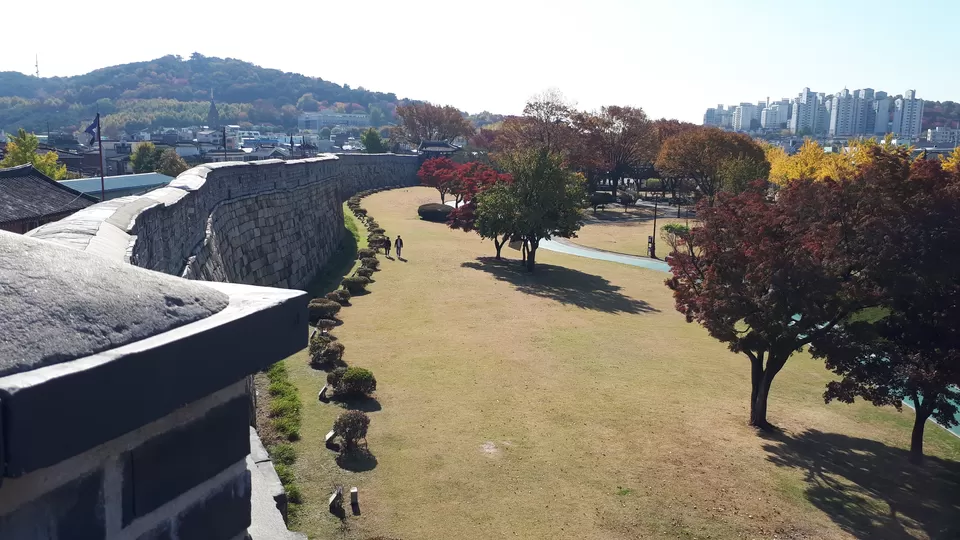
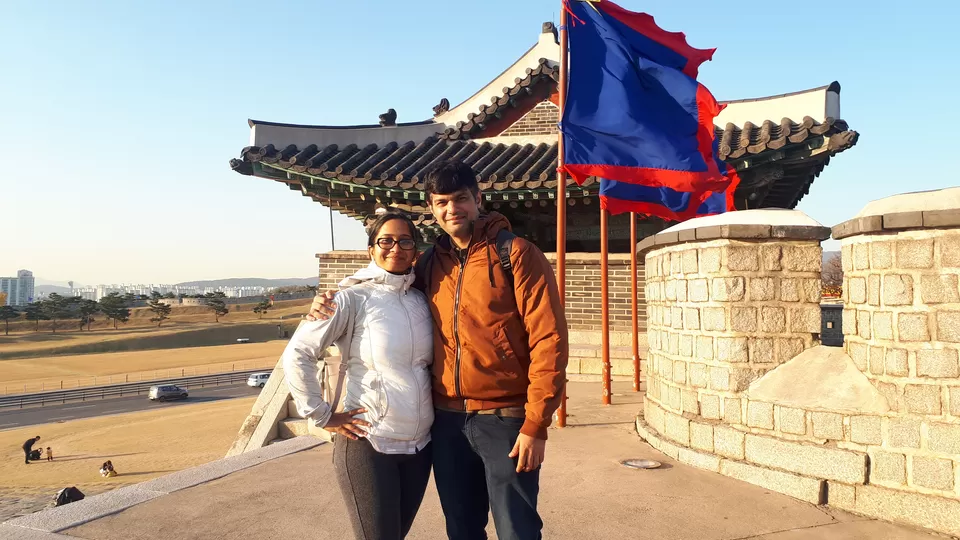
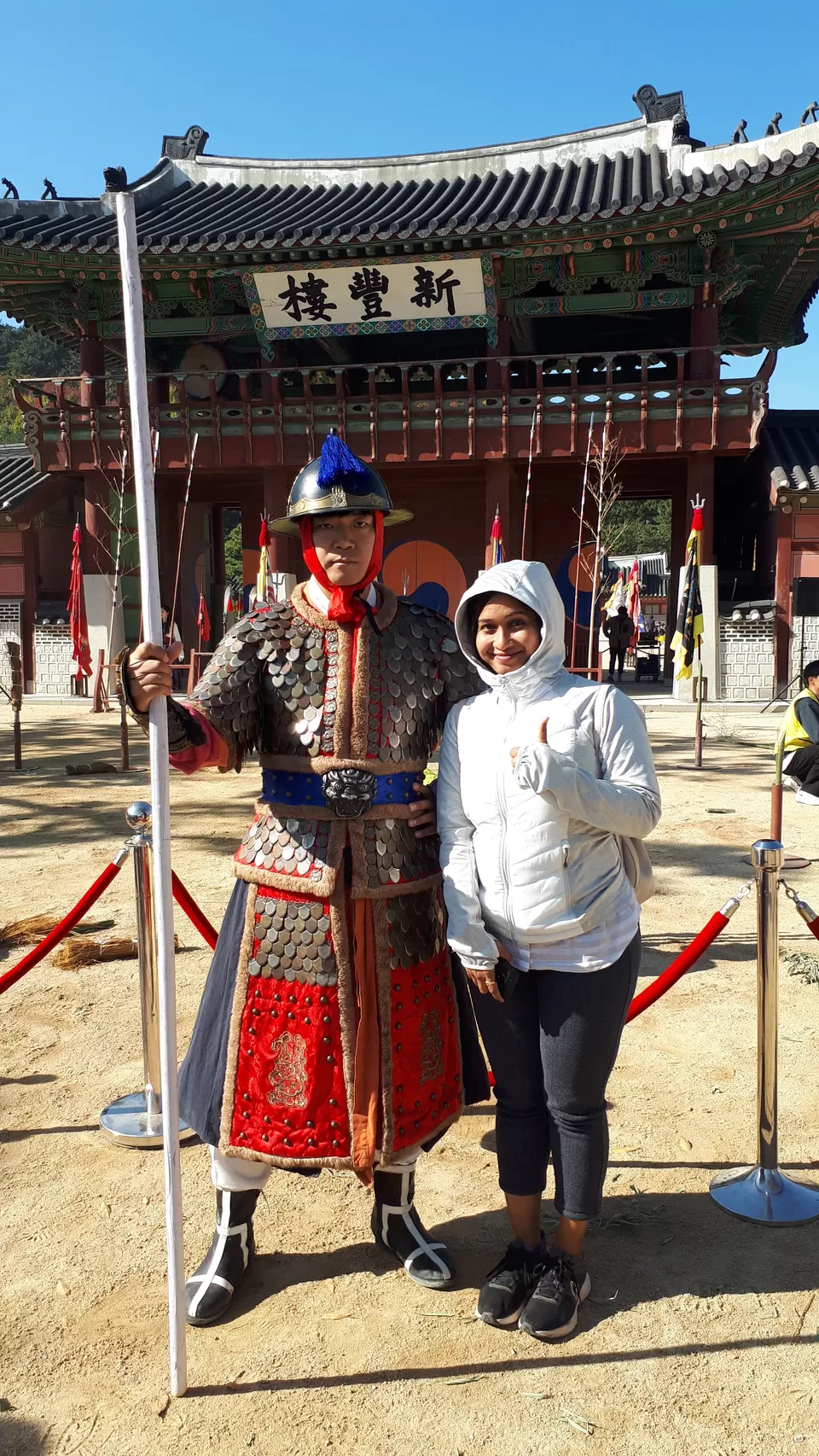
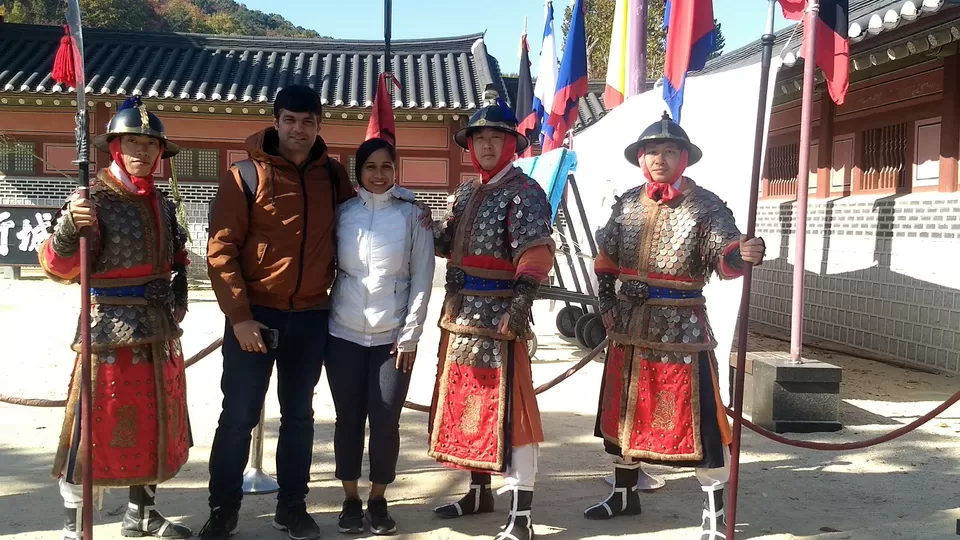
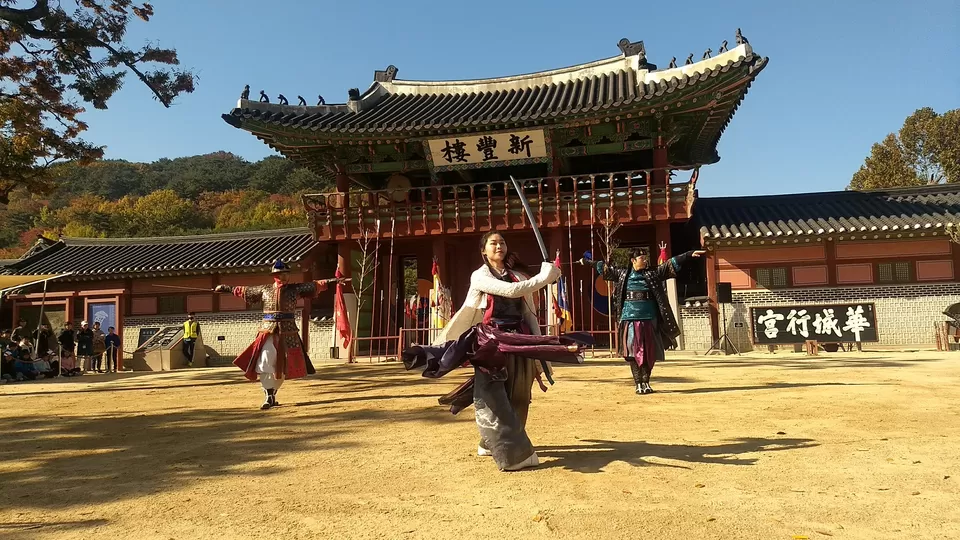
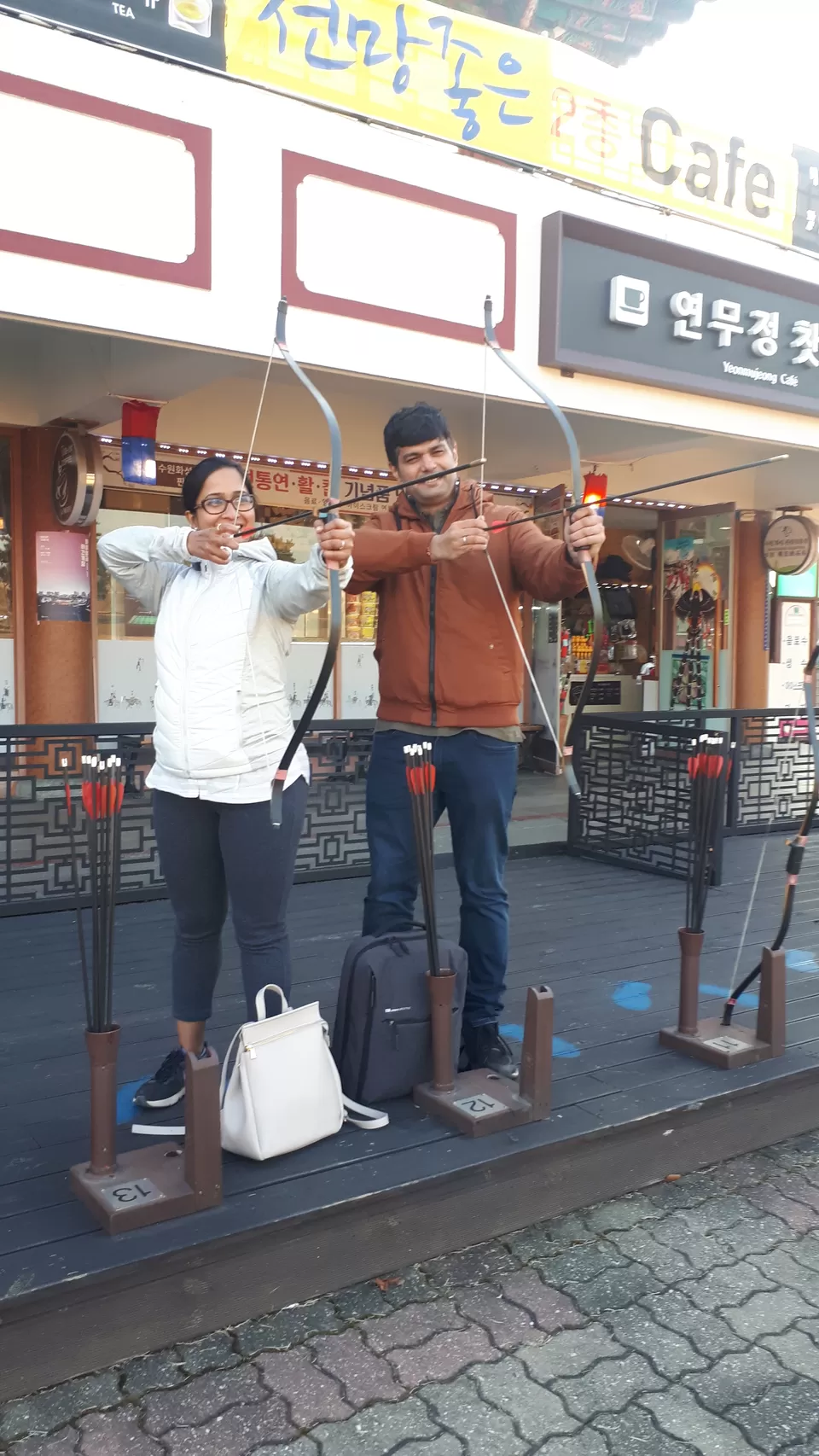
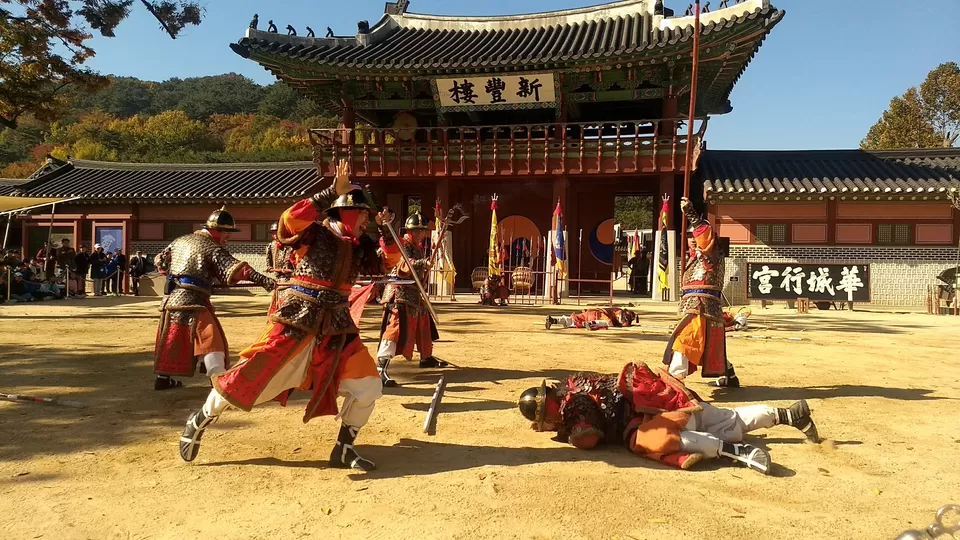
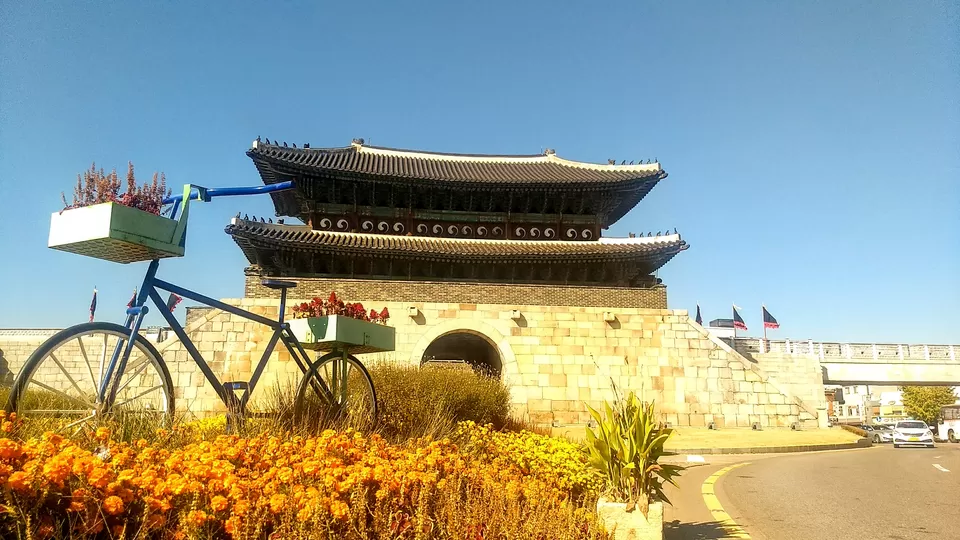
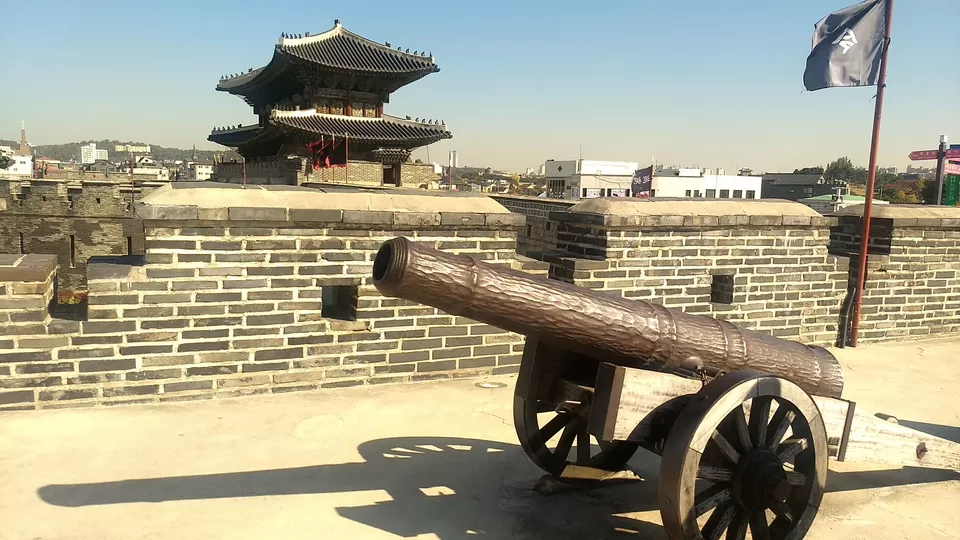
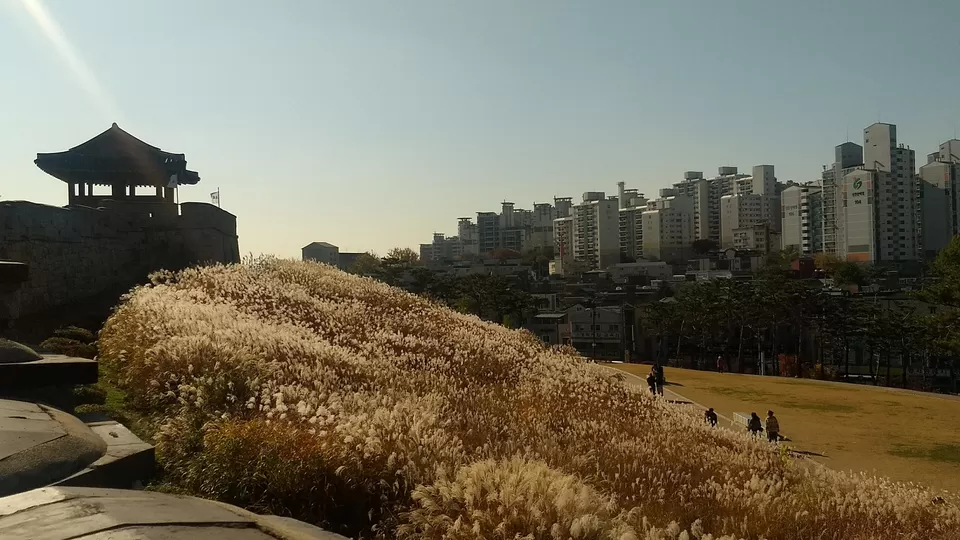
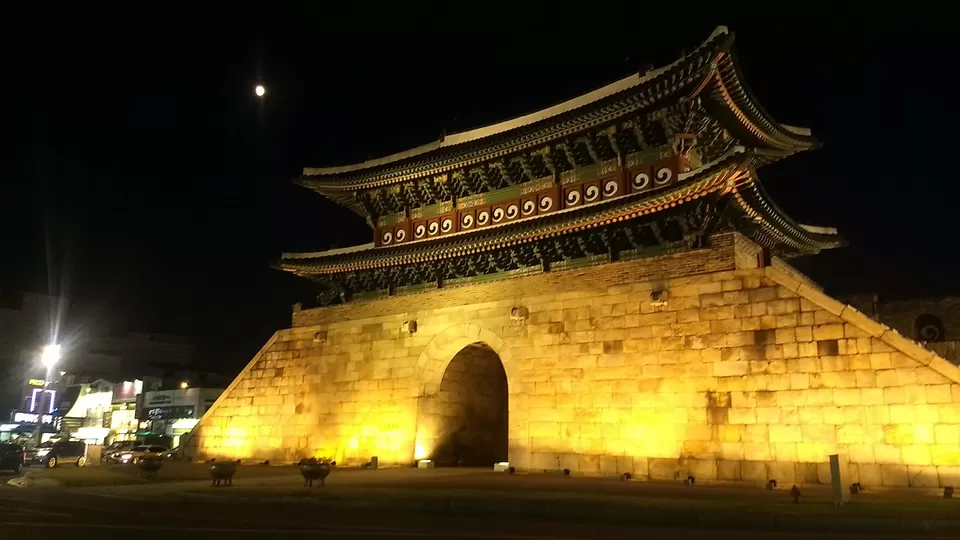
KTX to Busan – 9 AM- 12 PM- to transit from train station to subway line 1 Bujeon station- Reach Hotel and place bags
Hotel reach- Takes 30 Minutes
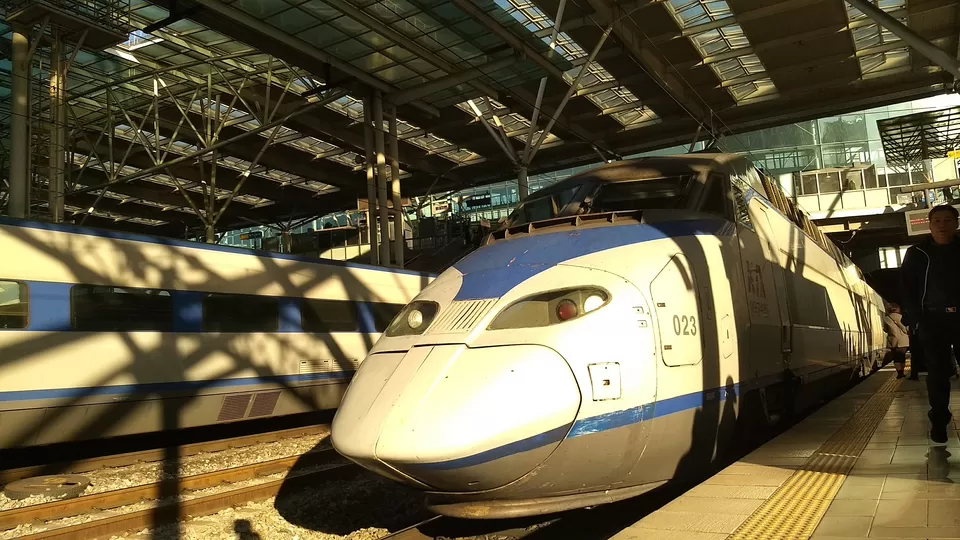
Haedong Yonggungsa Temple
Route: The cheapest way to get from Busan Station to Haedong Yonggungsa is to line 1 subway and subway which costs ₹160 - ₹200 and takes 1h 24m
No trip to Busan is ever complete without paying a visit to Haedong Yonggungsa Temple, Busan’s most beautiful temple in the northeastern area. Unlike most South Korean temples which look spectacular against the mountainside, this Buddhist temple boasts a unique coastal setting. There are dozens of statues including the Twelve Zodiac Figures, stone wishing wells, an eight-story pagoda, and a tranquil sanctuary.
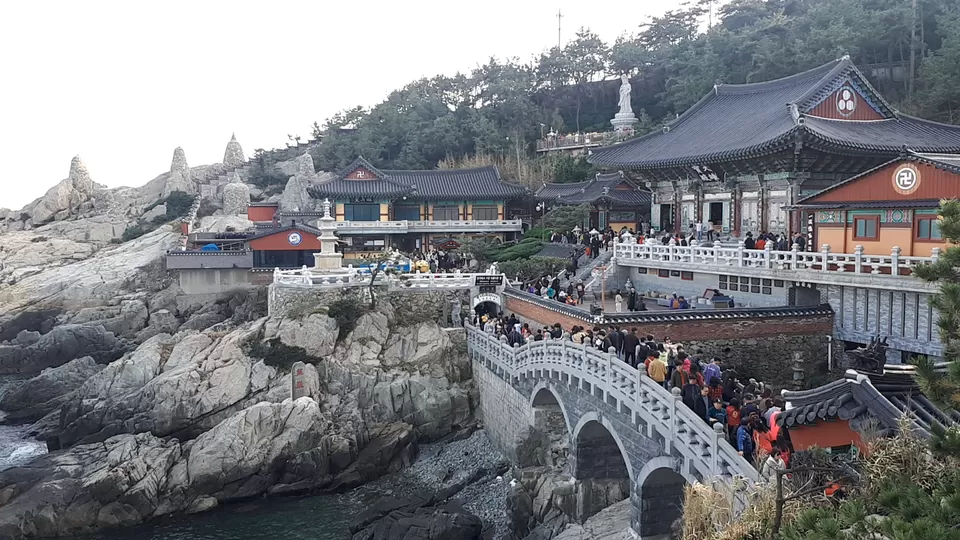
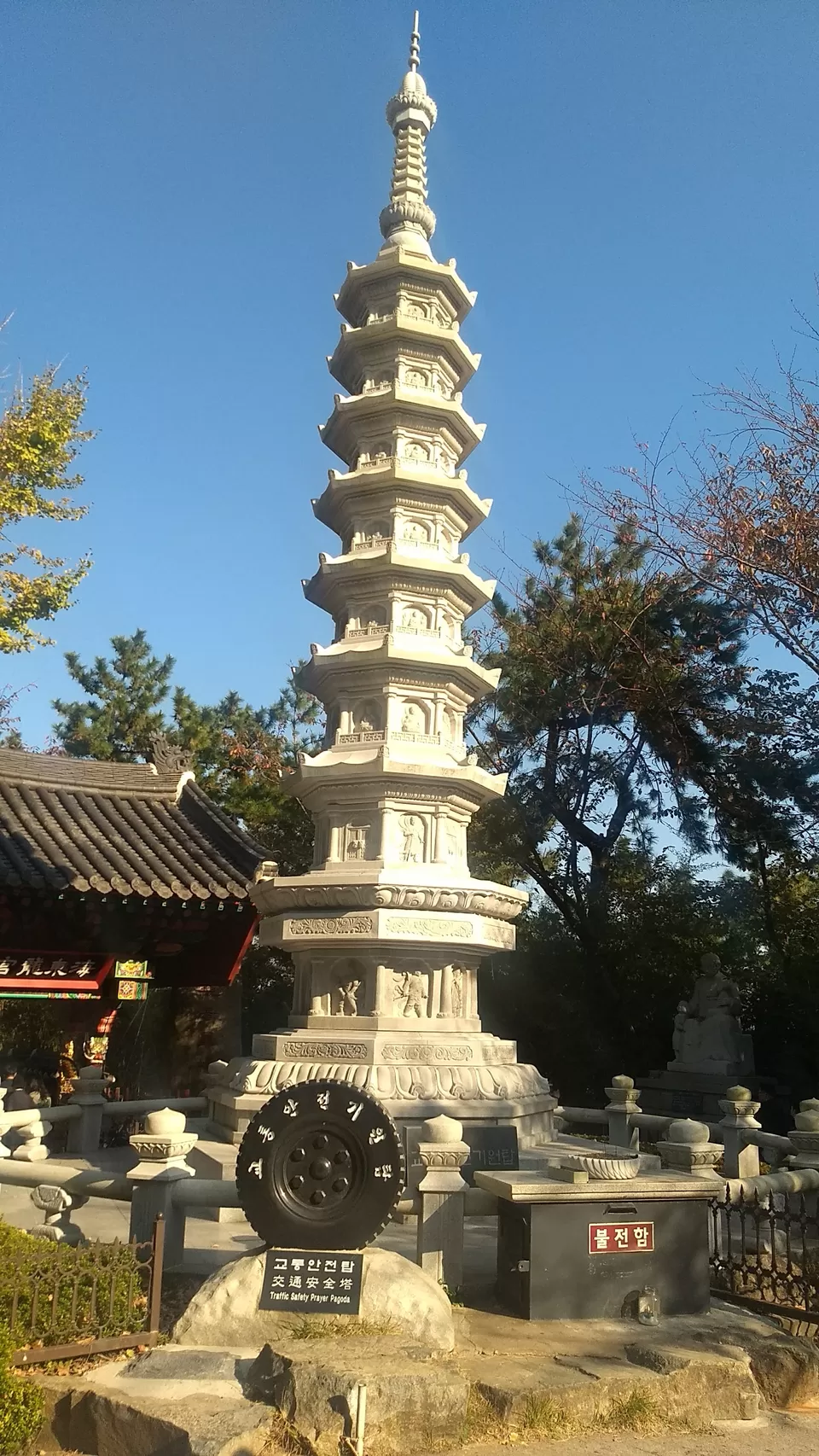
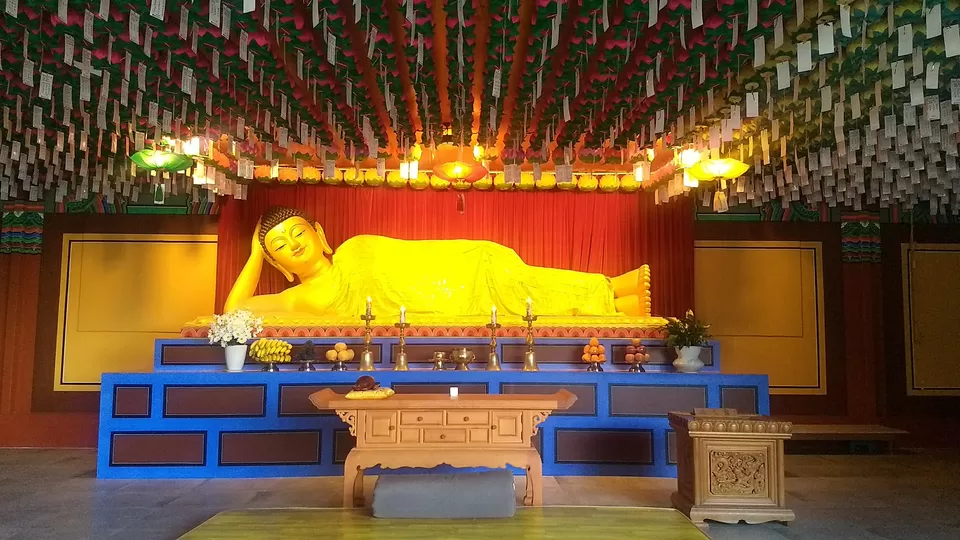
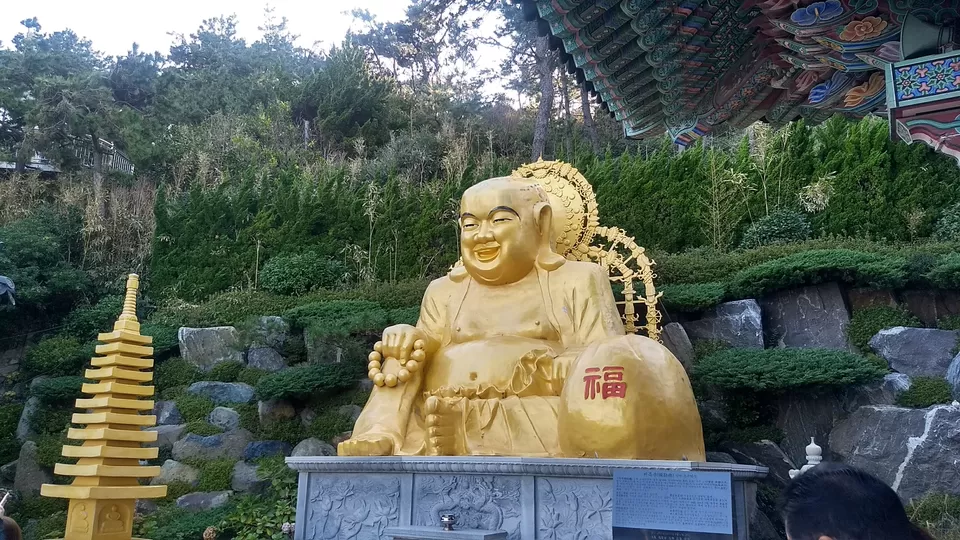
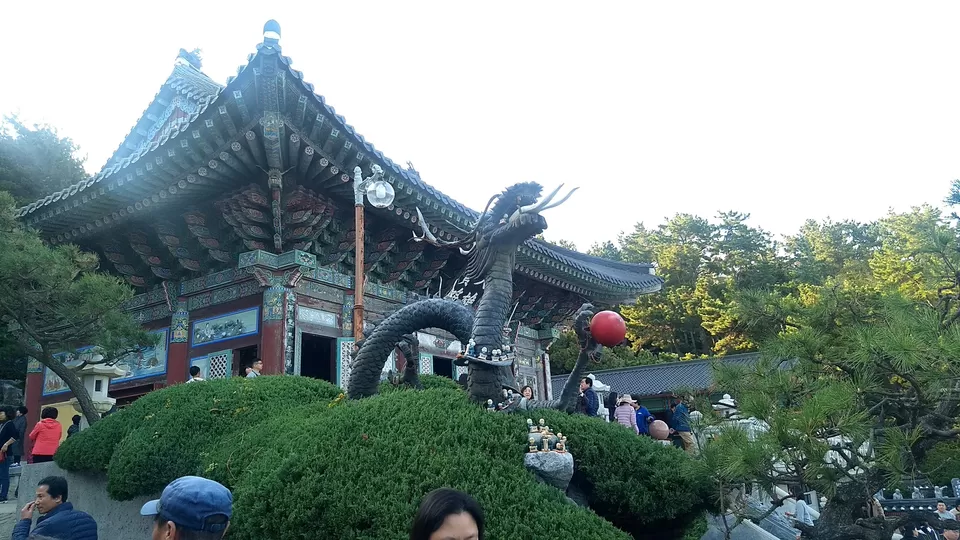
Haeundae Beach
Busan’s Haeundae Beach is equivalent to Sydney’s iconic Bondi Beach. There’s always something going on within the area, from culture fests and upscale shopping venues to a photo museum and art galleries. If none of these appeal to you, simply sit back, relax, and bask in the sunshine while dipping your toes in the fine white sands. The coastline contrasting with glamorous modern buildings in the background is simply gorgeous.
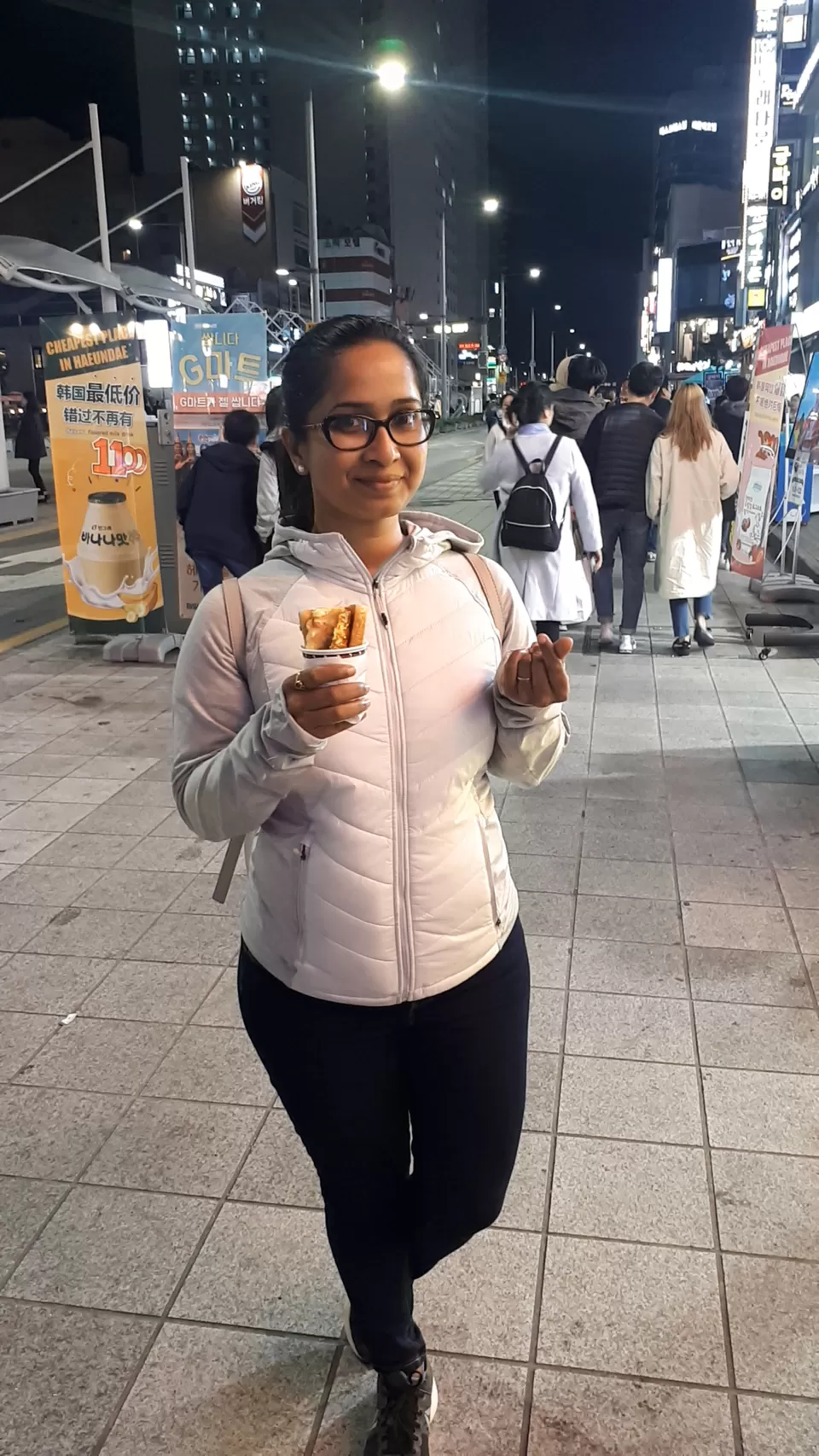
Gamcheon Culture Village
Metro Line 1 to Toseong Station, from exit 6 turn right and walk for 3 minutes, Take Bus 2 or 2-2.
For a huge dose of art, history, culture, and more, you have to visit Gamcheon Culture Village. Discover crayon-colored houses, charming galleries and coffee shops, and amazing street art. In 2009, a group of students decided to brighten up the houses by repainting them. The project completely transformed the village. Today, the Gamcheon Culture Village is brightly colored with murals and sculptures created by the residents.
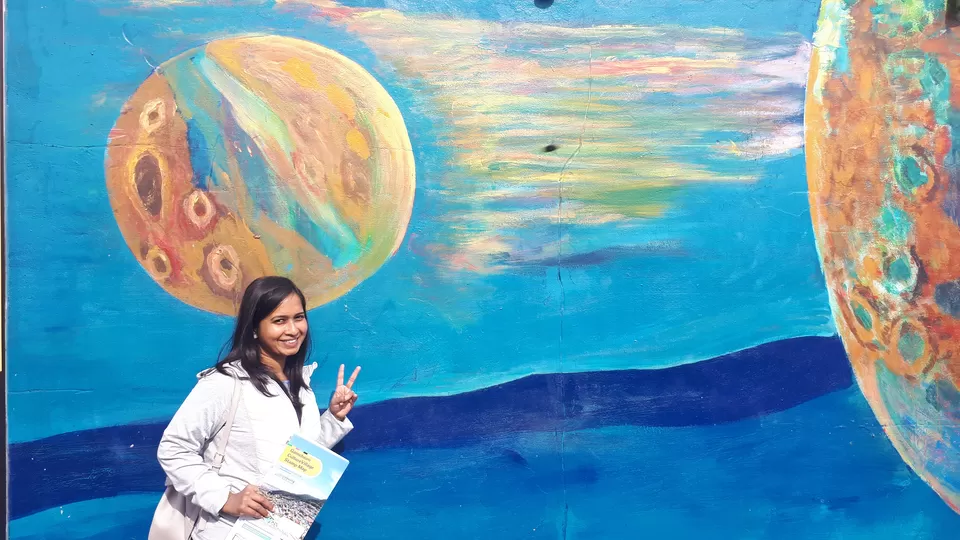
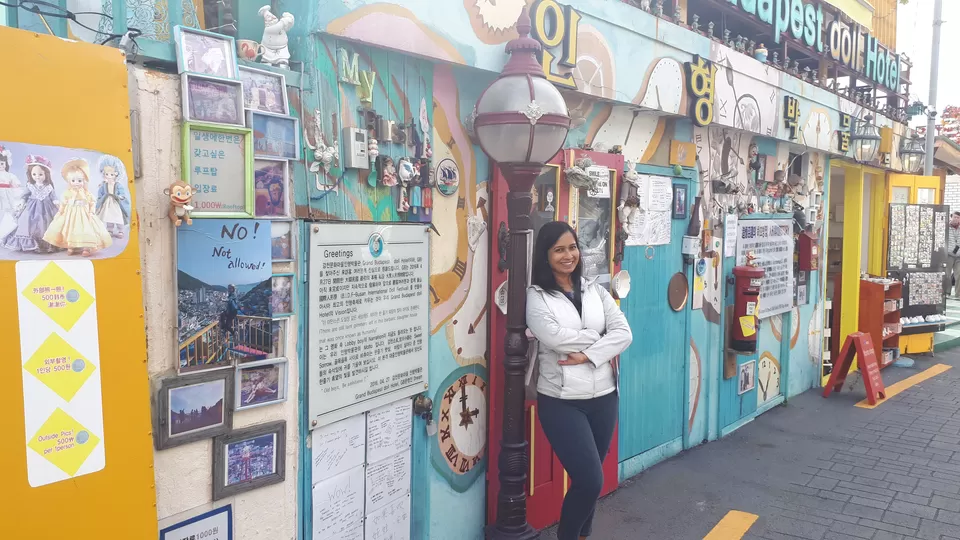
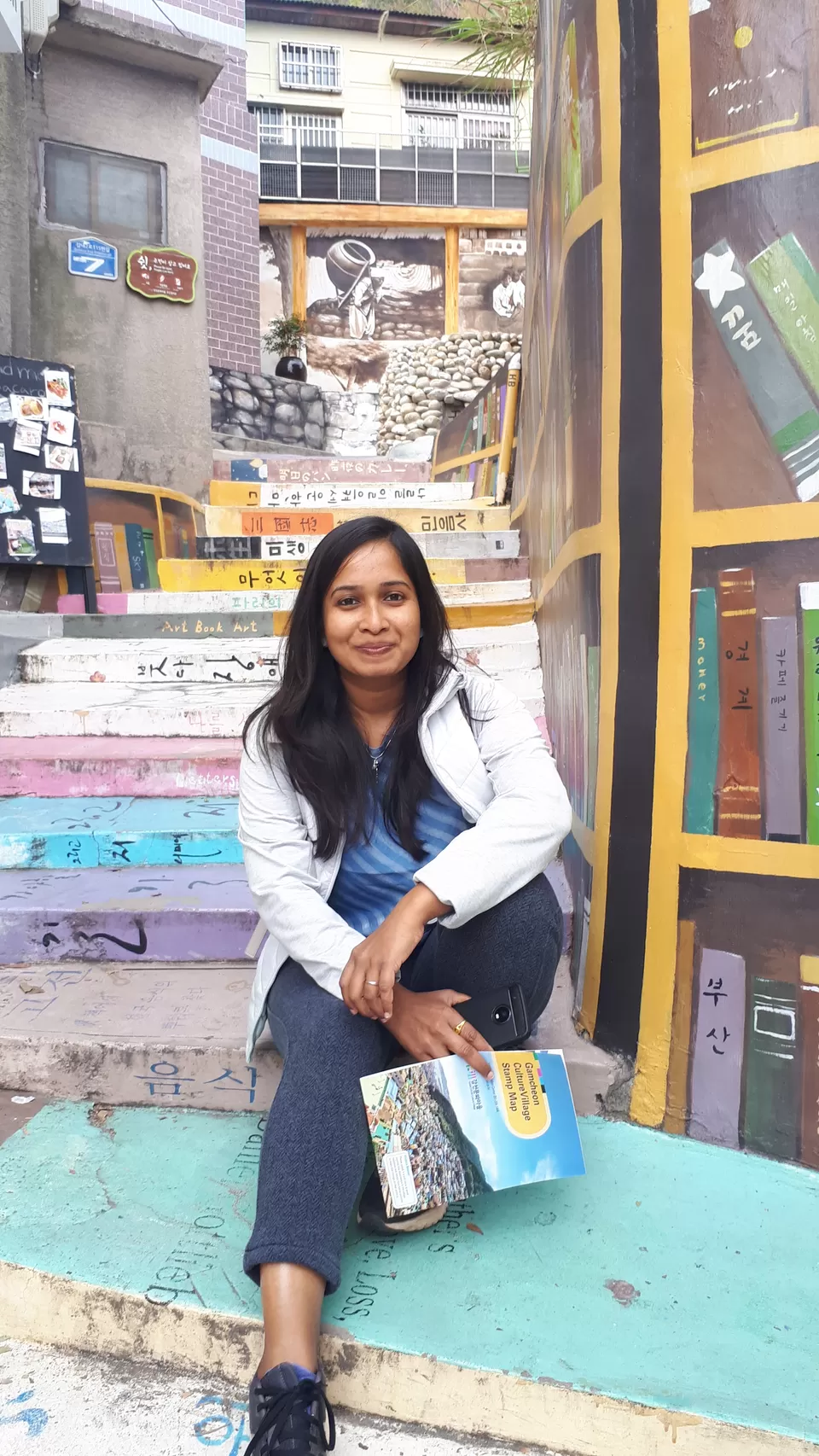
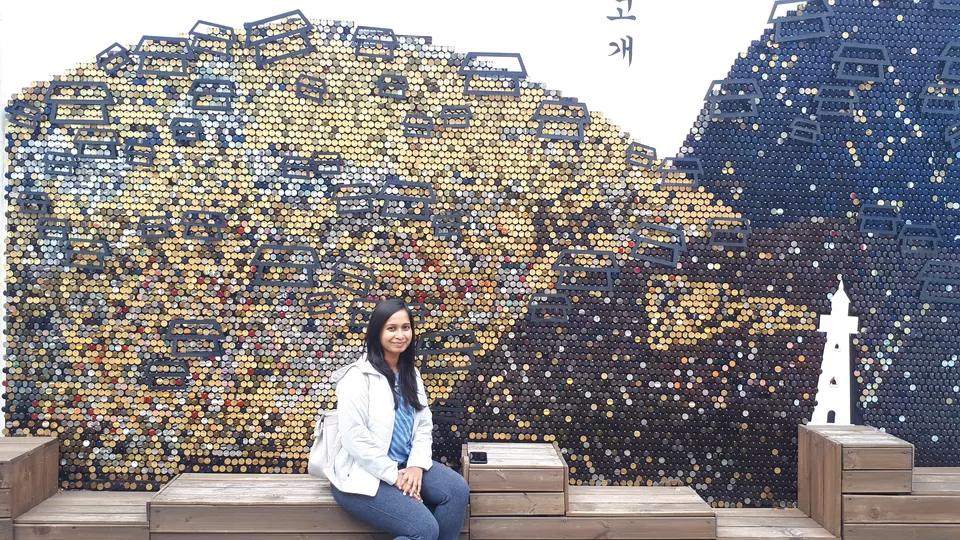
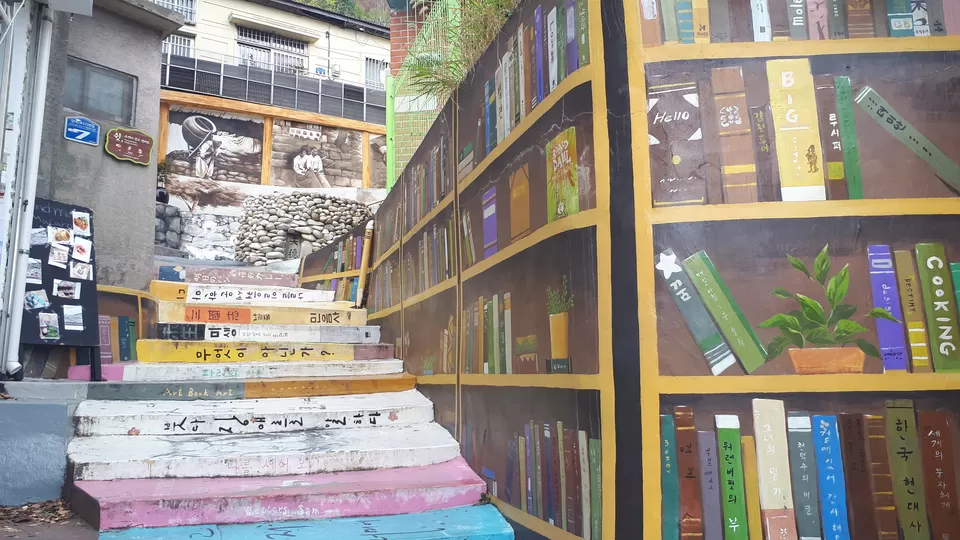
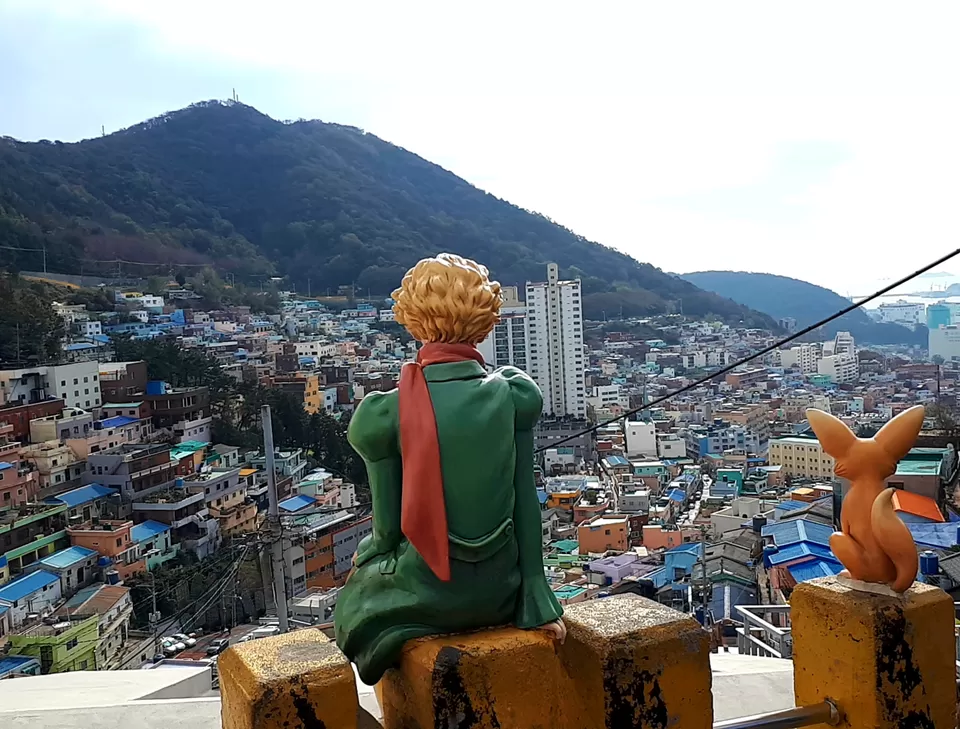
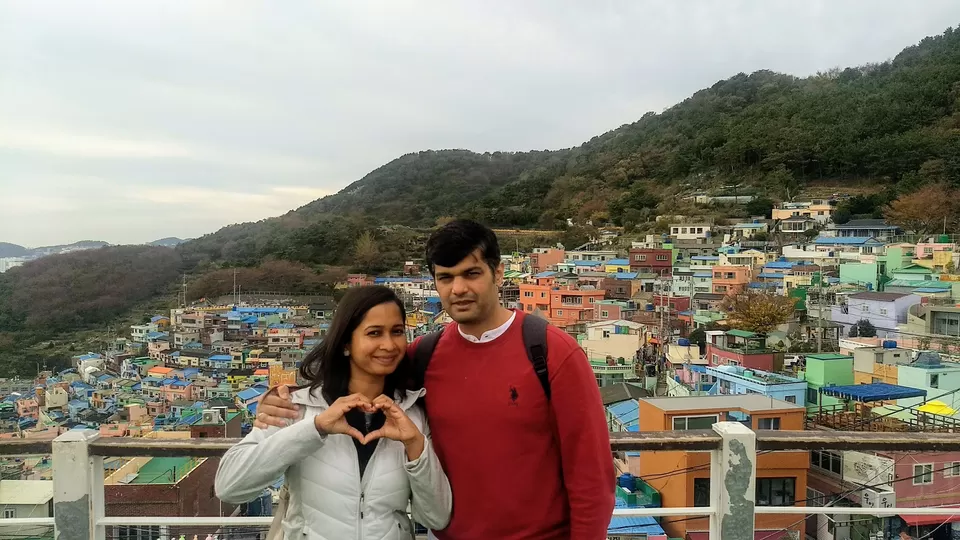
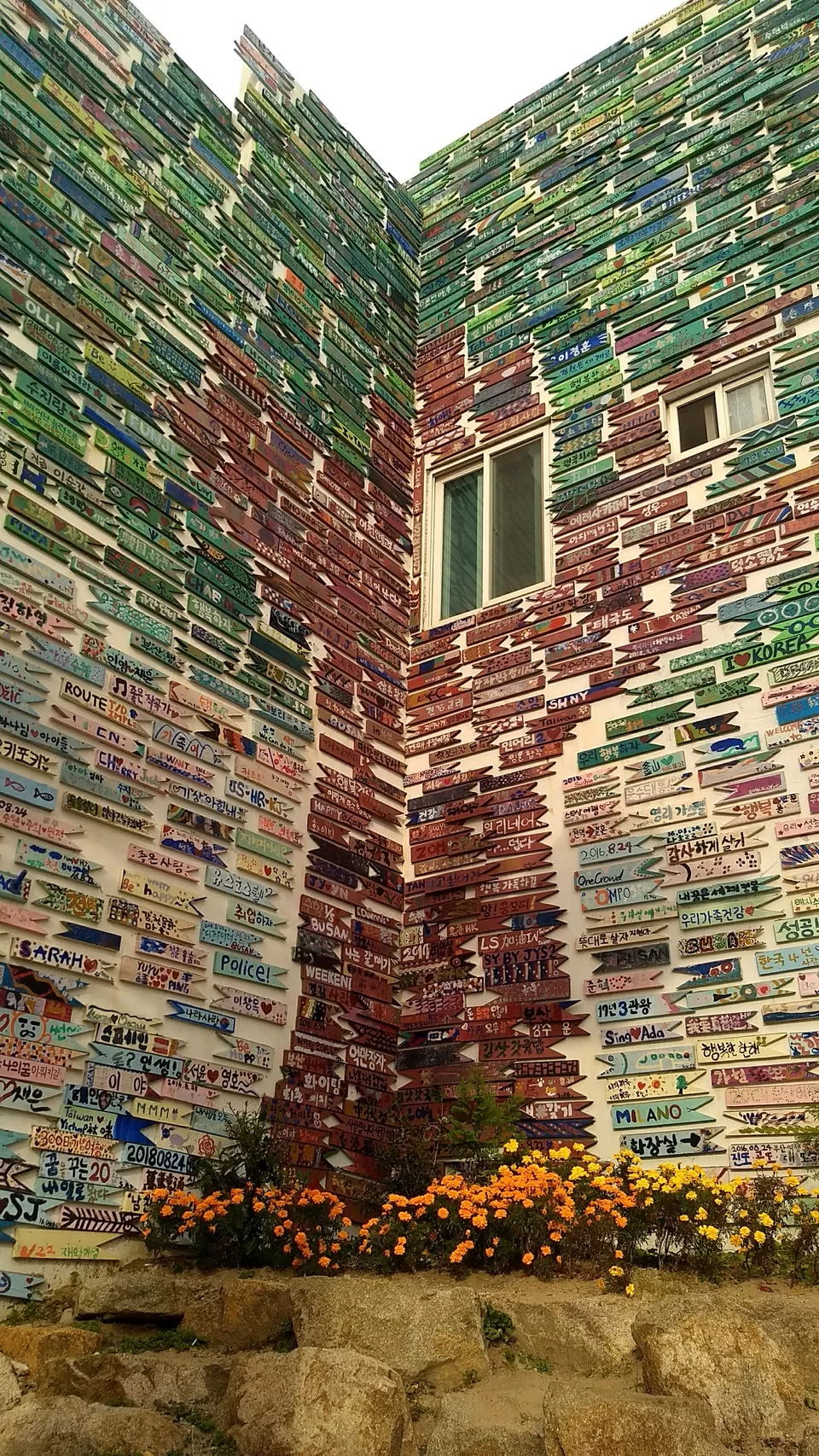
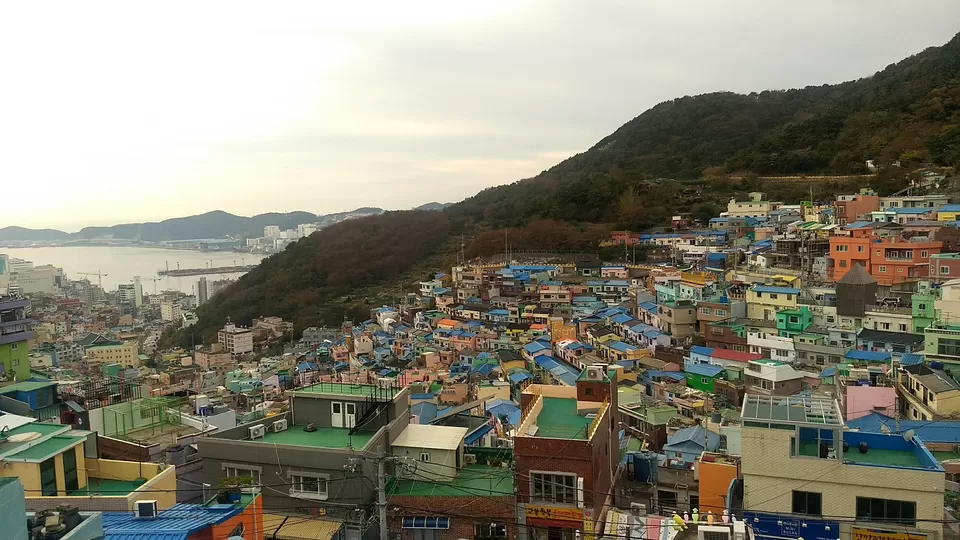
Nampo-dong
Arrive at Nampo-dong , Busan’s #1 tourist attraction including Korean street food, Yongdusan ‘Mt. Yongdu’ Park (take the escalator), Busan Observation Tower and of course the endless amounts of shopping (From High-End brands to Imported Goods to Street Clothes).
Gyeongju
Visiting Gyeongju is like stepping back in time. You are greeted with rolling green fields and crumbling ancient ruins. Gyeongju is known as “The Museum without walls” and for good reason – upon every turn, you are met with a new historical site.
Bus: Seoul Express Bus Terminal to Gyeong ju Express Bus Terminal From Nopo Bus Station in Busan there are buses running every hour to Gyeongju bus terminal. The ride takes around 45 minutes and costs around 5000 krw, depending on the bus company. The bus will arrive at the Express Bus terminal which is located in downtown Gyeongju and just next to the Gyeongju intercity bus terminal. From here the city center is just a 10 minute walk away.
Bulguska Temple and Seokguram Grotto
Gyeongju’s first site to be declared a UNESCO site are the joint sites of Bulguska Temple and Seokguram Grotto. Bulguska Temple is located about a 40 minutes bus ride from the centre of Gyeongju up in the mountains. The grounds on which the Bulguksa temple buildings are covers a huge area which is located in a stunning mountain park. The site includes many pagodas, temple halls and is surrounded by stunning scenery, changing each season. This the by far one of the best things to do in Gyeongju!
Location: 385, Bulguk-ro, Gyeongju-si, Gyeongsangbuk-do, South Korea
Opening Times: November – January 07:30 – 17:00
Time: 4 Hours
Entrance Fee: 5000 won
How To Get Here: From Gyeongju train station or Gyeongju bus terminal take bus nr. 10 or 11. Approximately 1 hour. Once you get to Bulguksa Temple, you can ride Bus 12 as it will take you to the Seokguram Grotto. The bus arrives after a 30-minute interval.
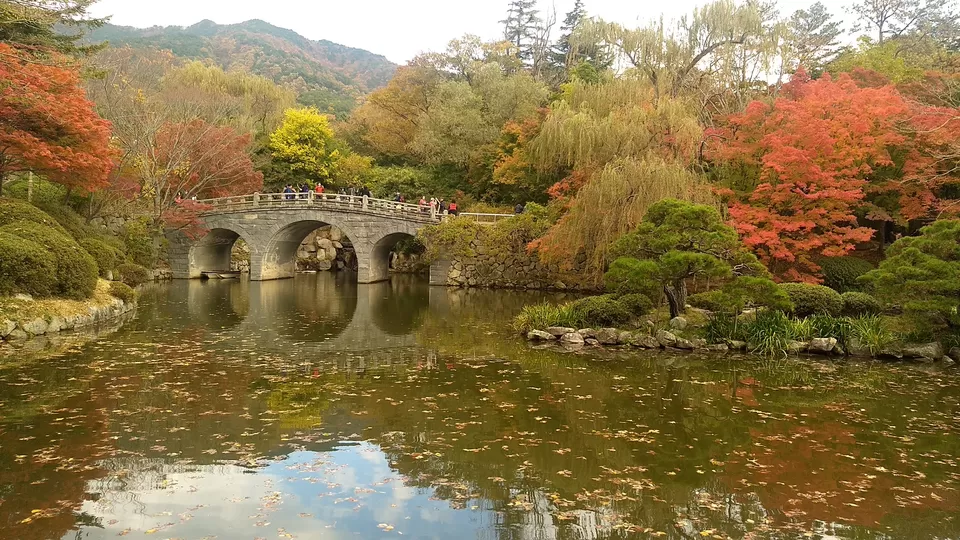
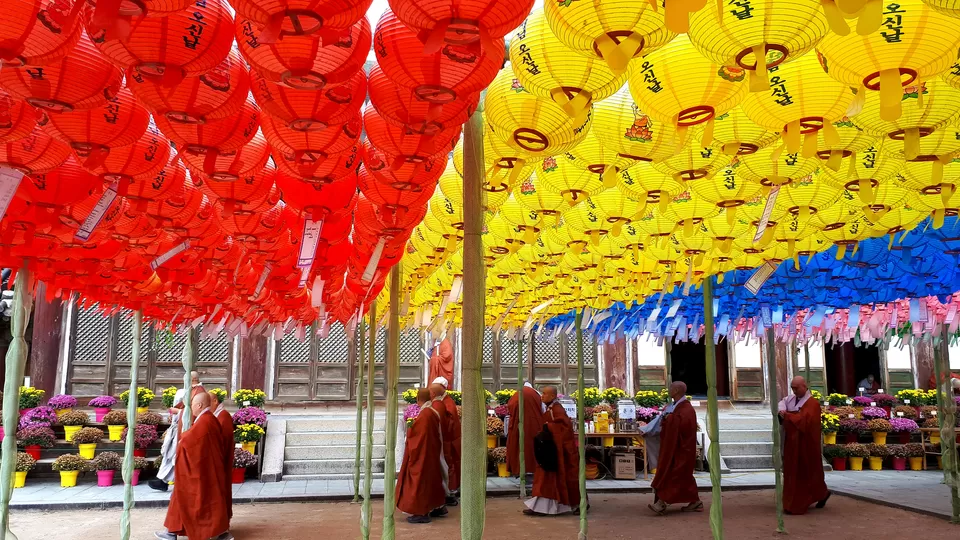
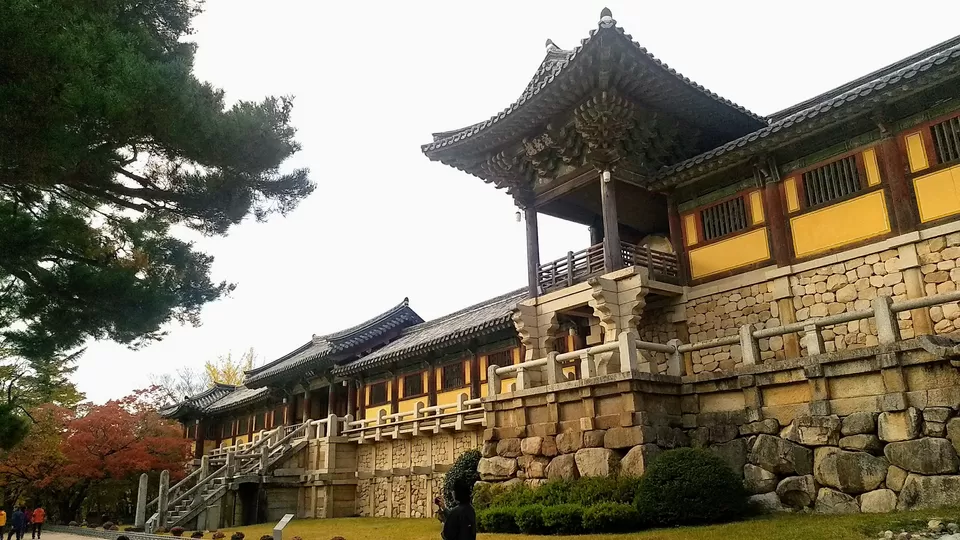
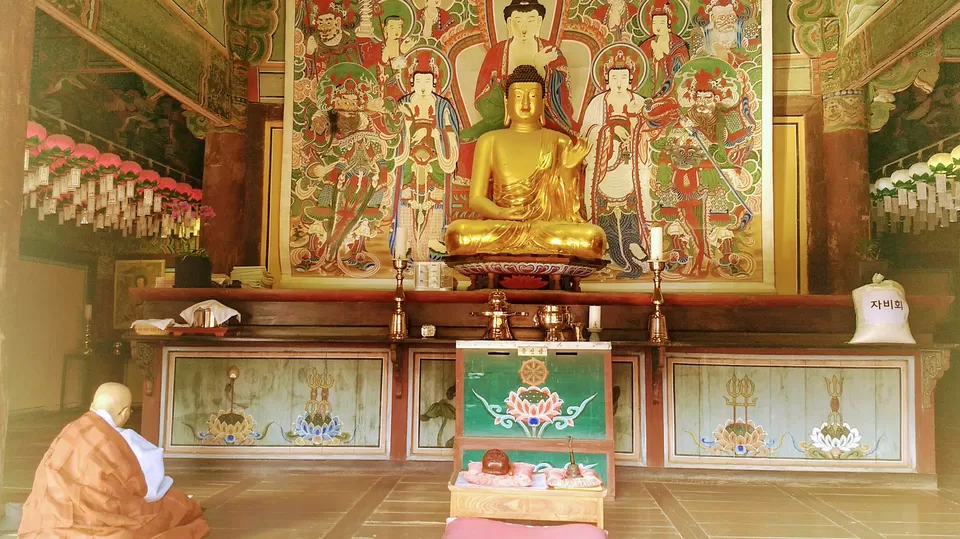
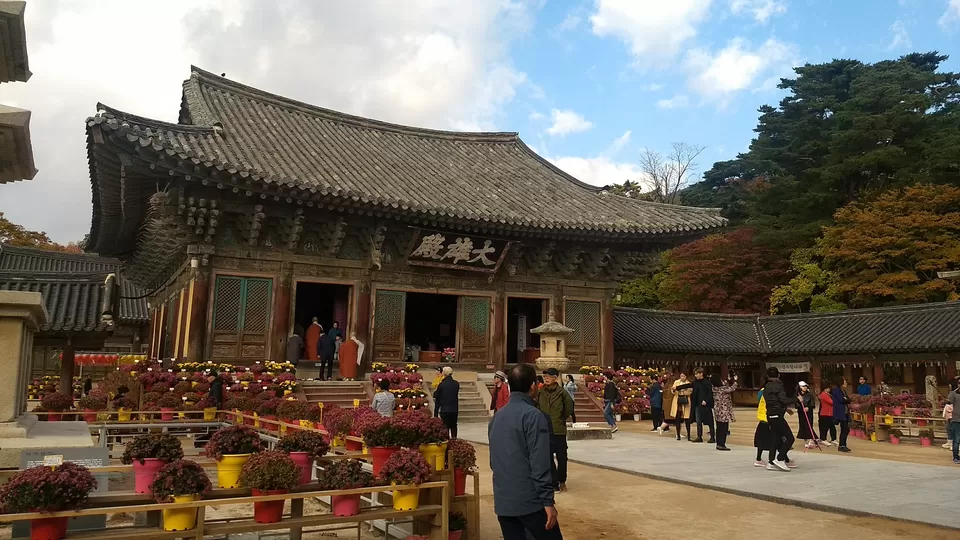
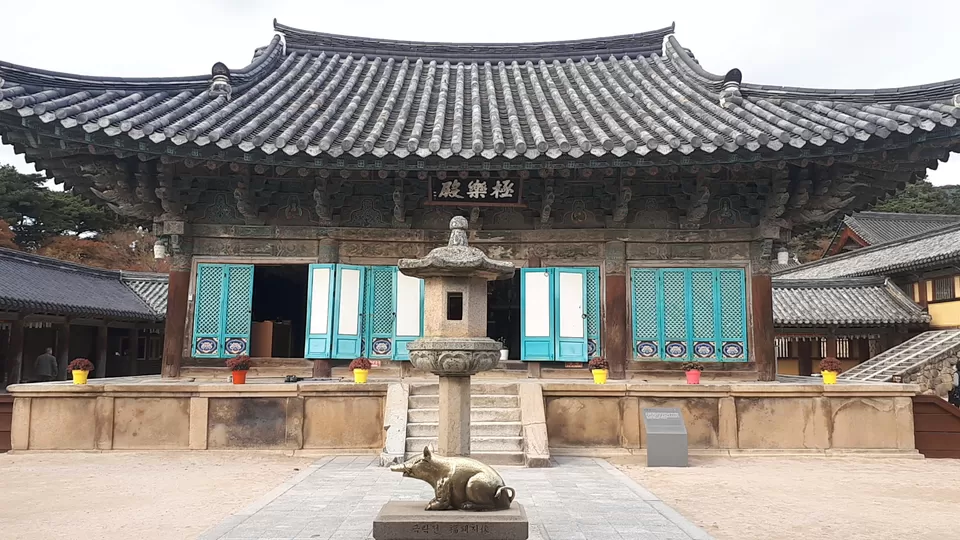
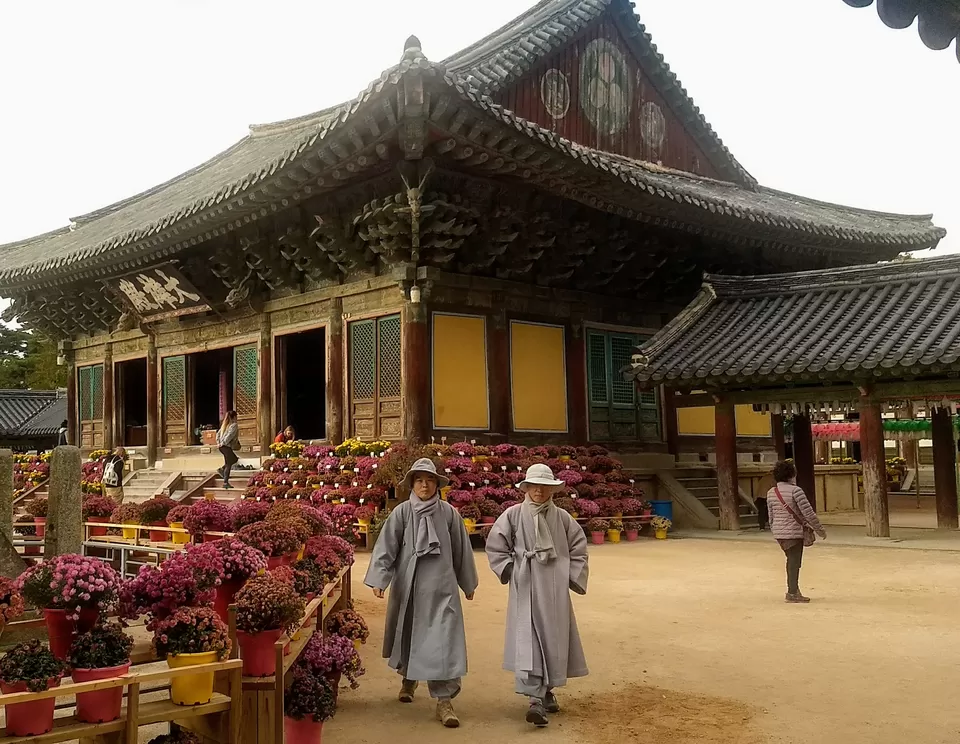
Gyeongju Bus Terminal Area
The bus terminal area or city center is the main touristic center. Therefor it is highly recommended to stay in a guesthouse or hotel in this area. The best places to visit are the Unknown Tomb, the Tumuli Park, Cheomseongdae Observatory, Gyerim Forest, Wolji Pond, the National Museum of Gyeongju and Gyochon Village. All these locations lie within walking distance of each other and can be discovered in one day.
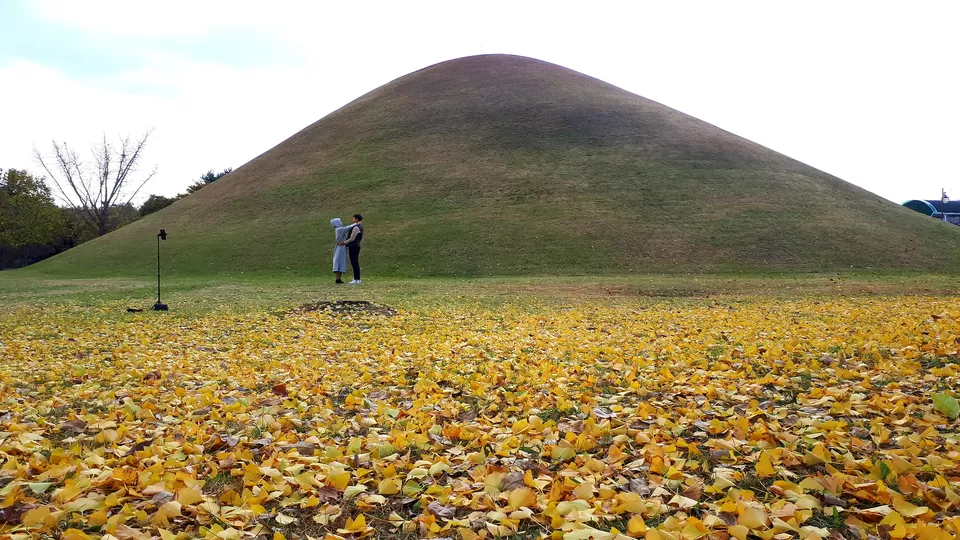
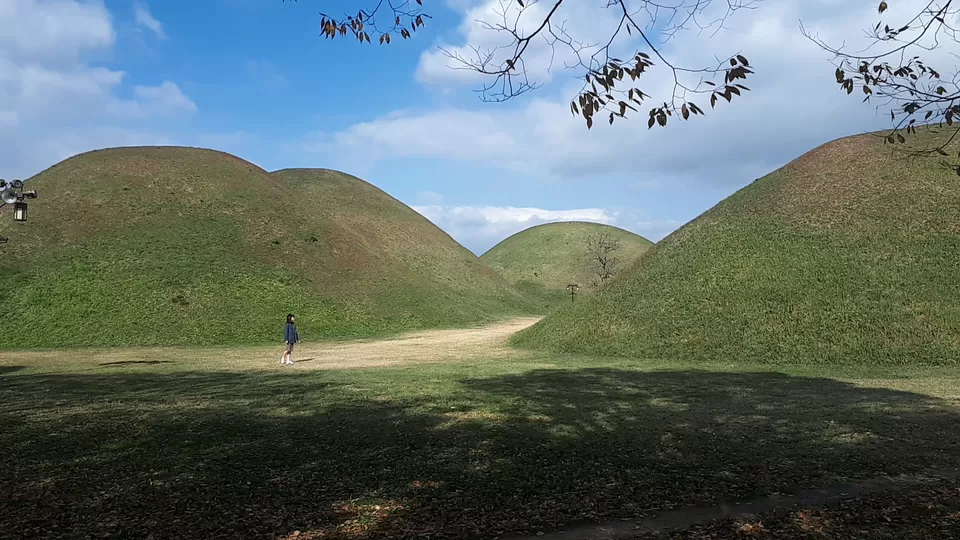
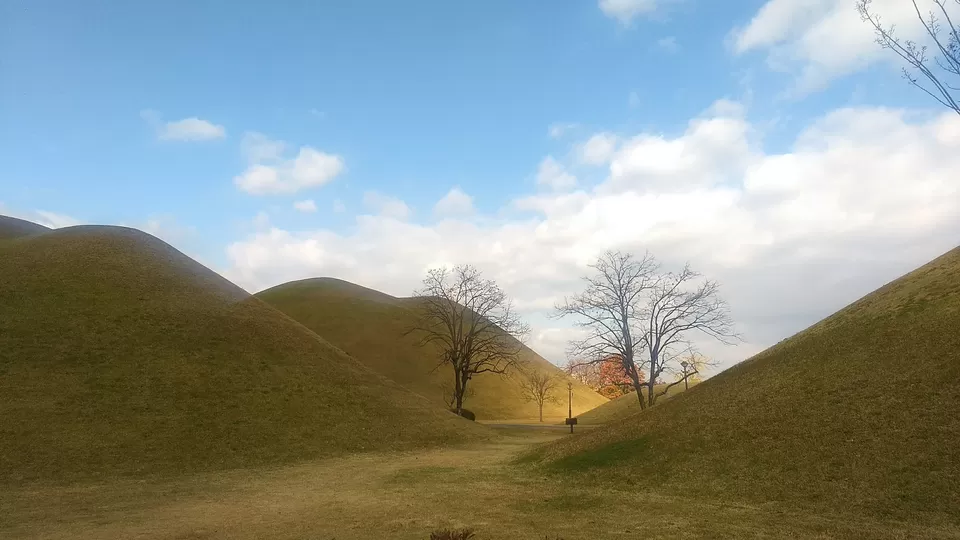
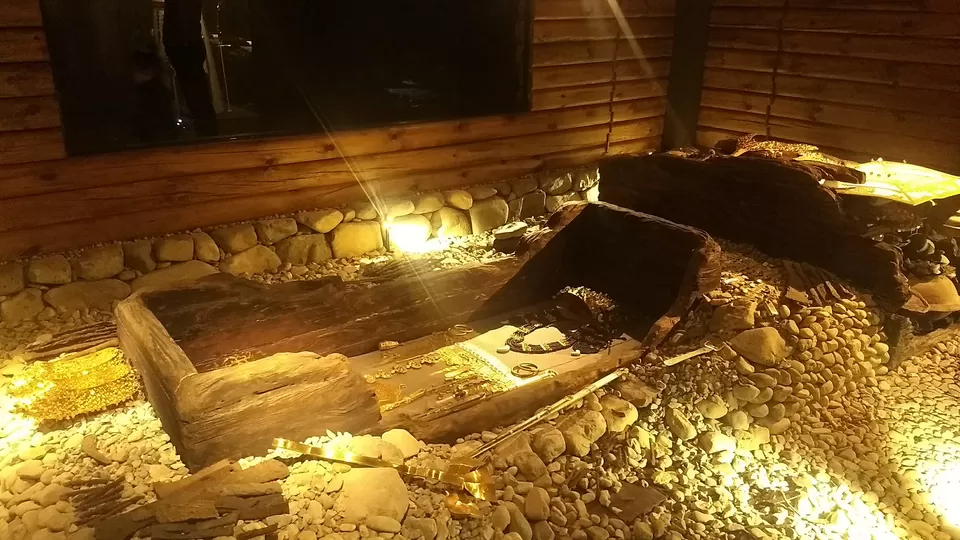
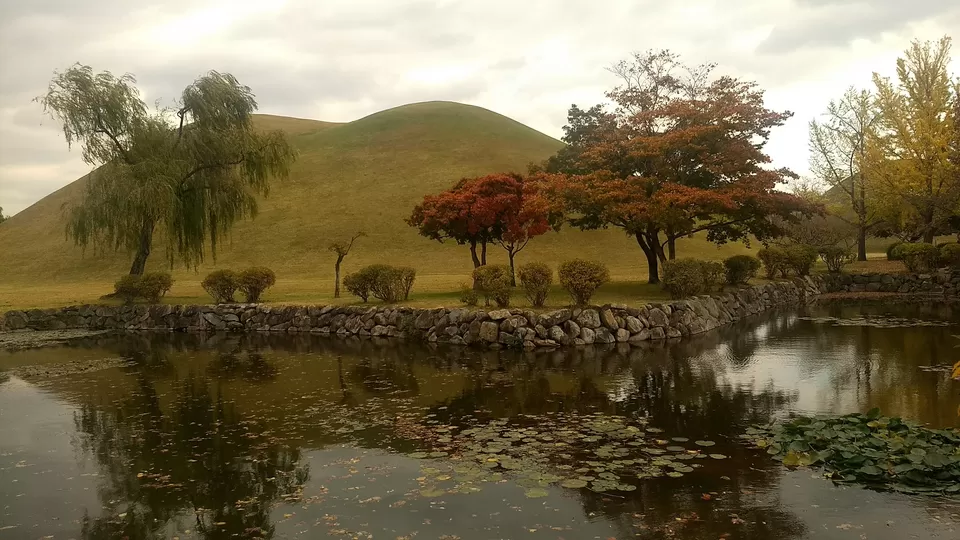
Gyeongju Yangdong Village (We did not visit as explored the main city on foot instead)
The Gyeongju Yangdong Village is located in the outskirts of Gyeongju and is Korea’s biggest traditional village dating back from the Joseon Dynasty. The huge village has many cultural heritages, national treasures and folklore materials. The village is popular among foreign travelers and even the Prince of Wales paid a visit to the village in 1993.
Location: 93, Yangdongmaeul-gil, Gyeongju-si, Gyeongsangbuk-do
Opening Times: Open all year around 09:00 – 18:00
Entrance Fee: 4000 Korean Won
How To Get There: From Singyeongju Station or the Gyeongju Express Bus Terminal take Bus 203, 212, 252, 200, 203, 205, 206, 207, or 208. Get off at the Yangdong Folk Village Bus Stop.
3 PM Korean Air- Busan/Gimhae to Jeju
Reach Hotel in Jeju by 5 PM. Check-in. Explore Jeju on Foot evening
Guided Bus tour around Jeju- Yeha East Coast Tour
Probably the best, economical and friendliest bus tours on Jeju. The pickup is convienent from Yeha Hostel, English speaking guides and clear and friendly.
Tour is spread across routes(West, East, South) we picked one for 2 days.
Below is the complete tour detail. Few of the activities like horseriding are meh! but rest of the locations and scenery will blow you away. Definite recommend to use the tour services !!
Horseback riding- Horses can be seen all around Jeju Island. Horses were the most preferred gifts to be presented to the King from Jeju because the island was popularly called “the pasturage of horses”. The horses used for riding are known as Jejusanma and are of mixed breeds.
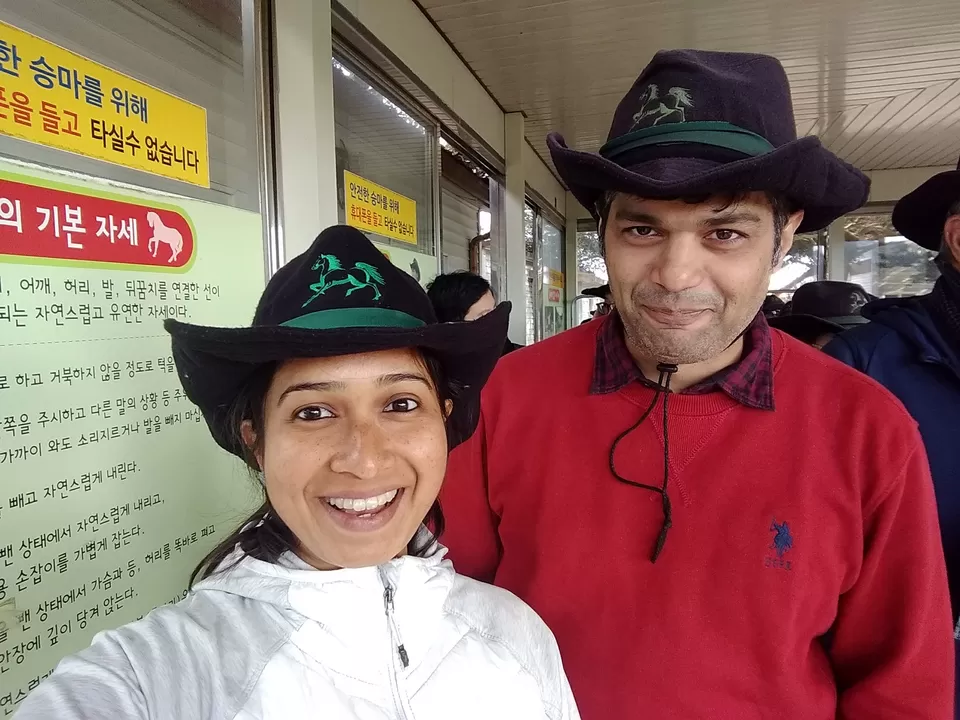
Seongeup Folk Village- Located at the foot of Mt. Halla on Jeju Island, Seongeup Folk Village is a small town that holds a vast amount of culture. Cultural properties in the folk village have been handed down from generation to generation and include treasures such as residential houses, Confucian shrines and schools, ancient government offices, stone statues, large millstones (pulled by horses or ox), fortress ruins, and stone monuments.
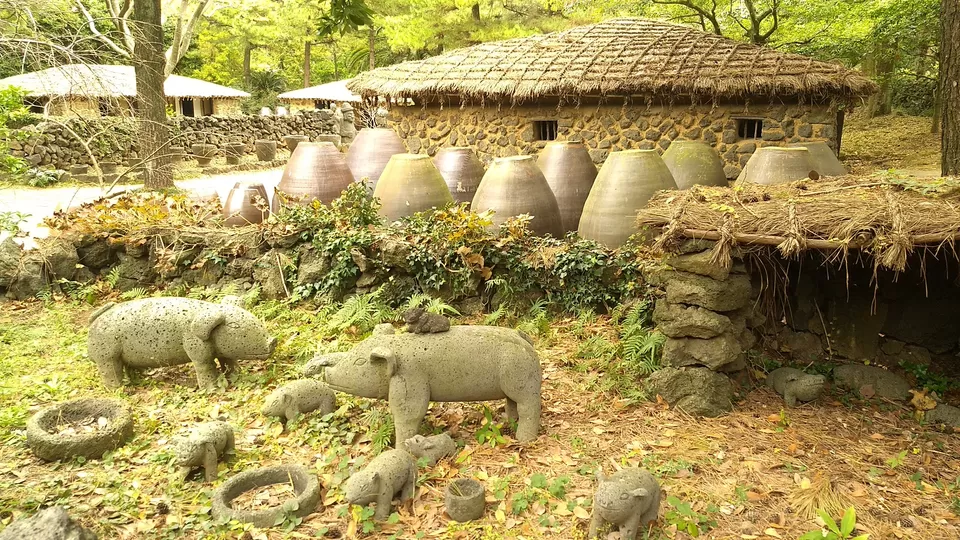
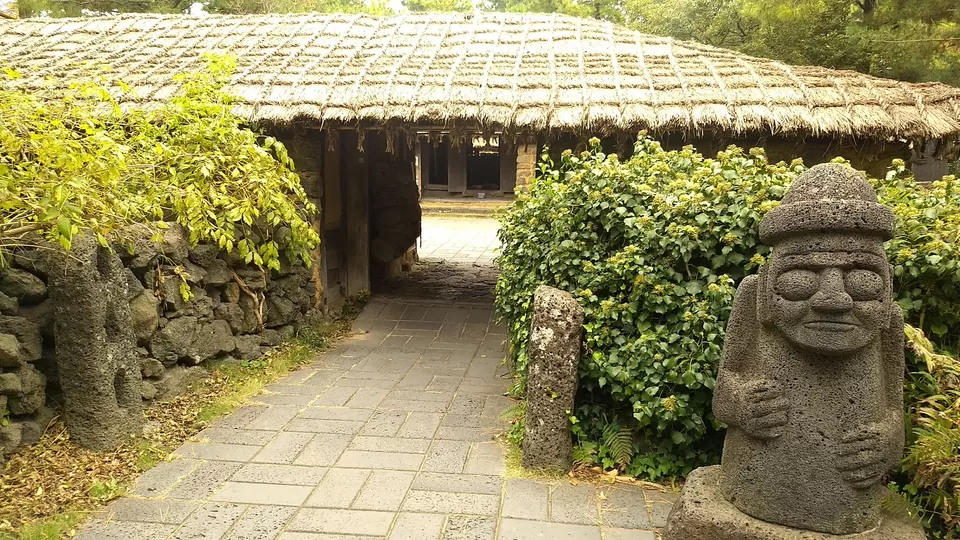
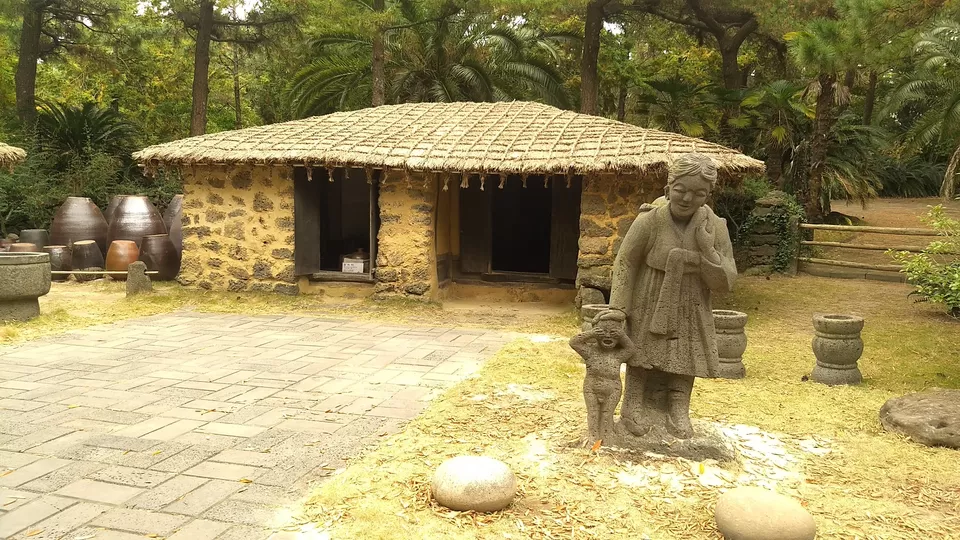
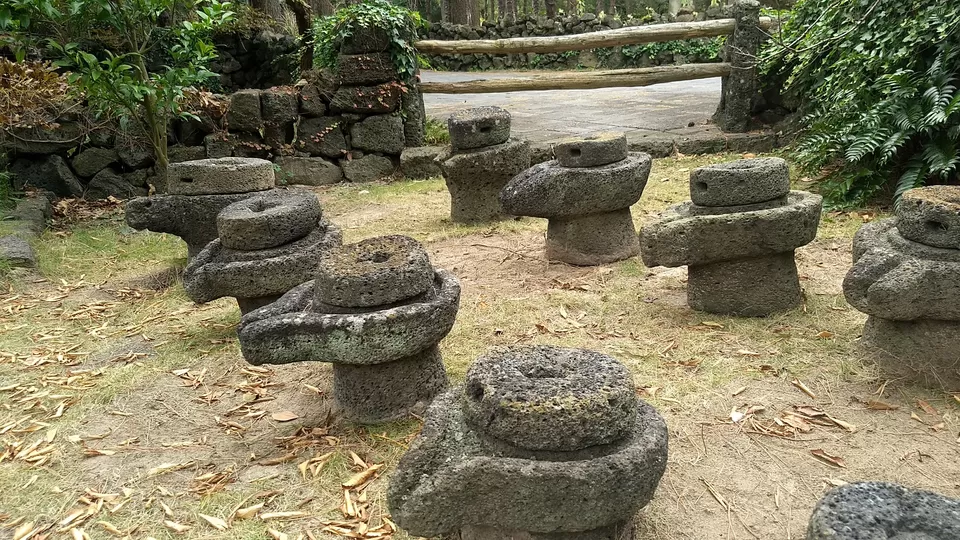
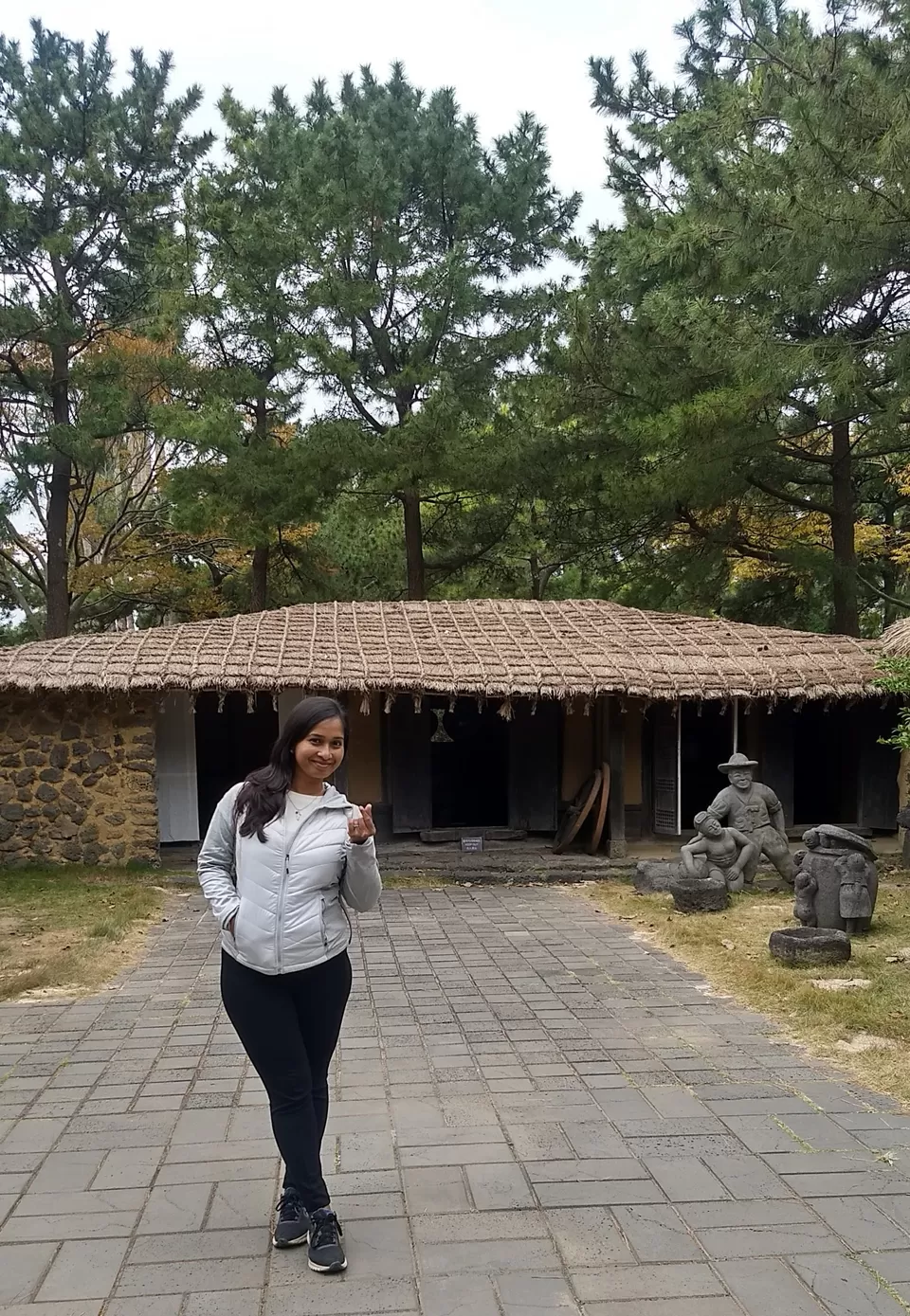
Gwangchigi Beach- Gwangchigi Beach is One of Olle Trails; Olle Trail No.1. We could see the entire side view of Seongsan Illchulpeak at Gwangchigi Beach. Recently Gwangchigi Beach has become an attention as one of 10 secret scenic attractions in Jeju Island
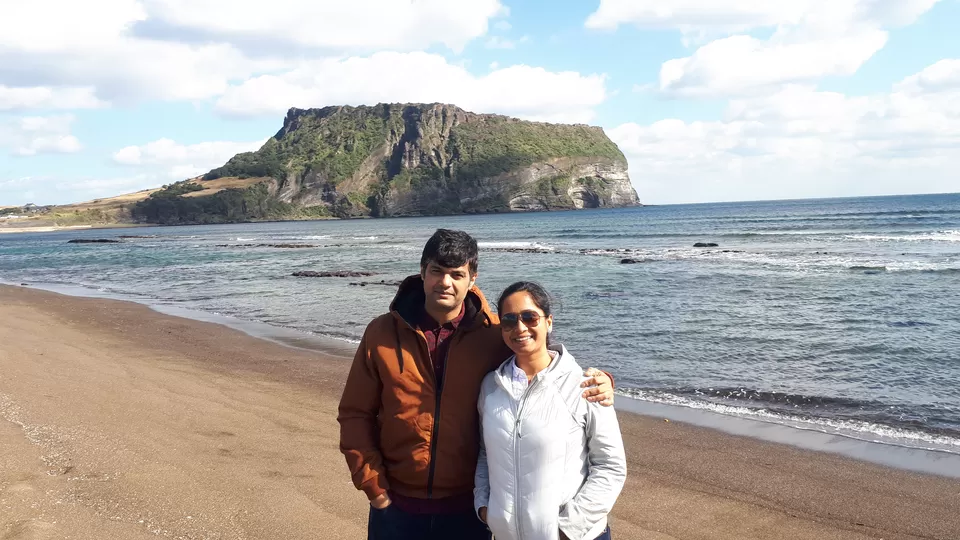
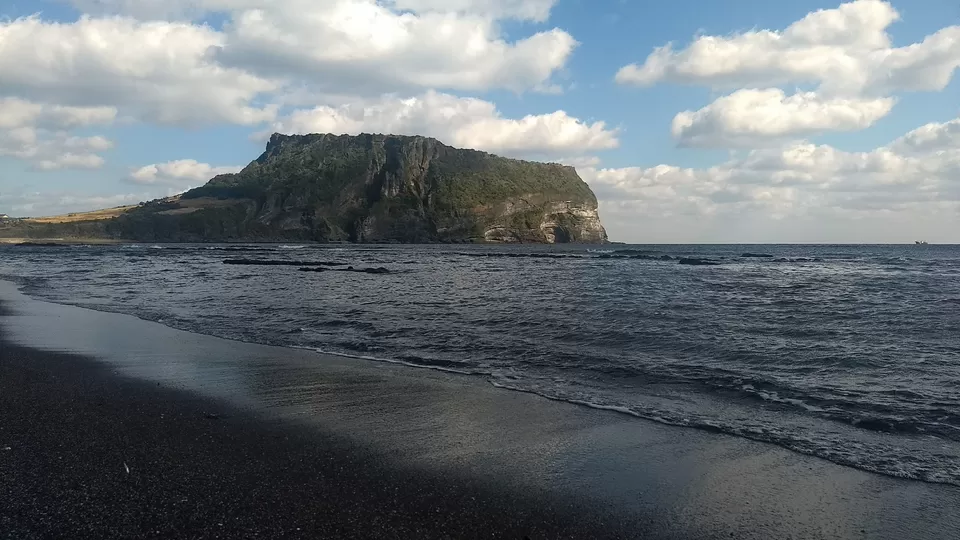
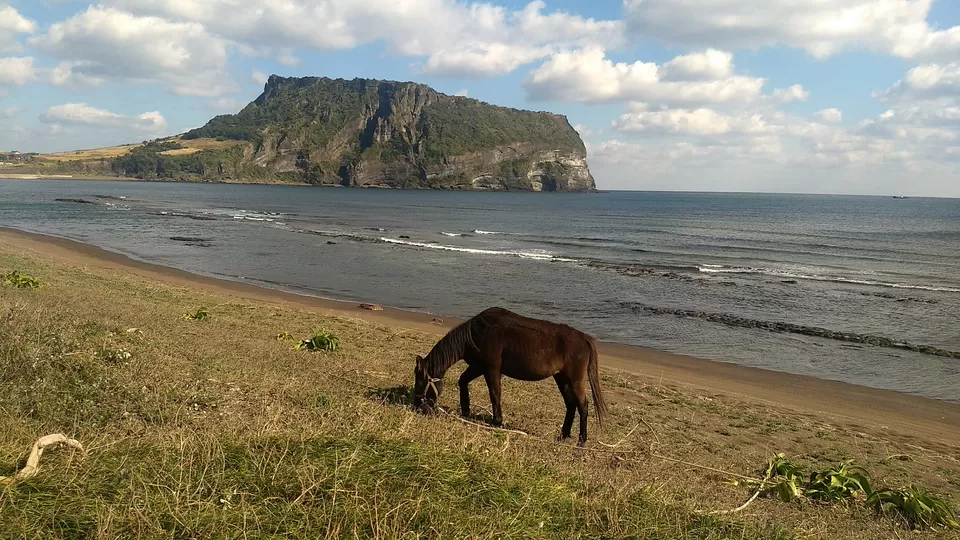
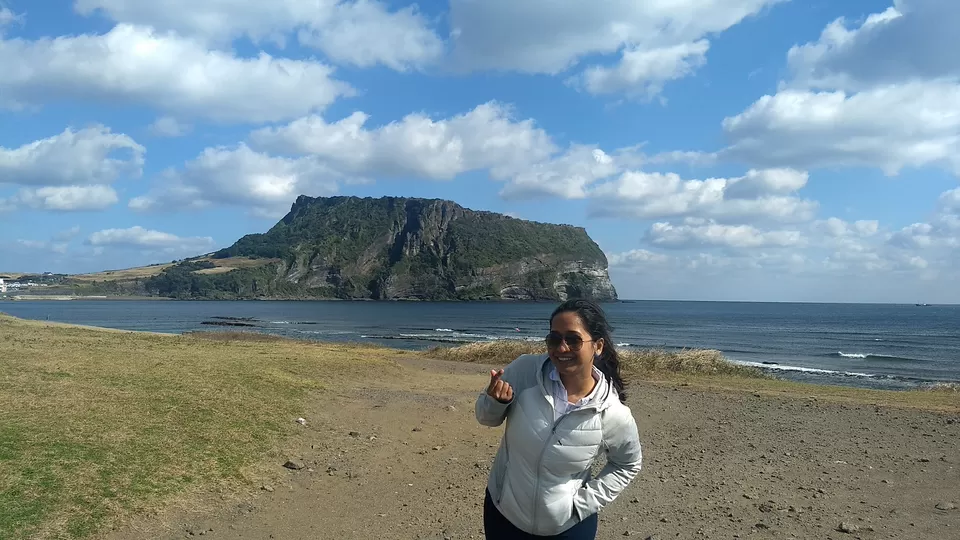
Woman diver show [UNESCO Intangible cultural asset] -
Haenyeo refers to female divers who dive into the ocean water to gather various shellfish, seaweed, etc., without using any underwater diving equipment. When diving underwater, a haenyeo carries only a pair of goggles, a round ball-like tube to keep her balance, and a basket to put her collections in. Such women involved in the fishing industry are known to be scattered all around Jeju-do, Korea, Japan, and Russia.
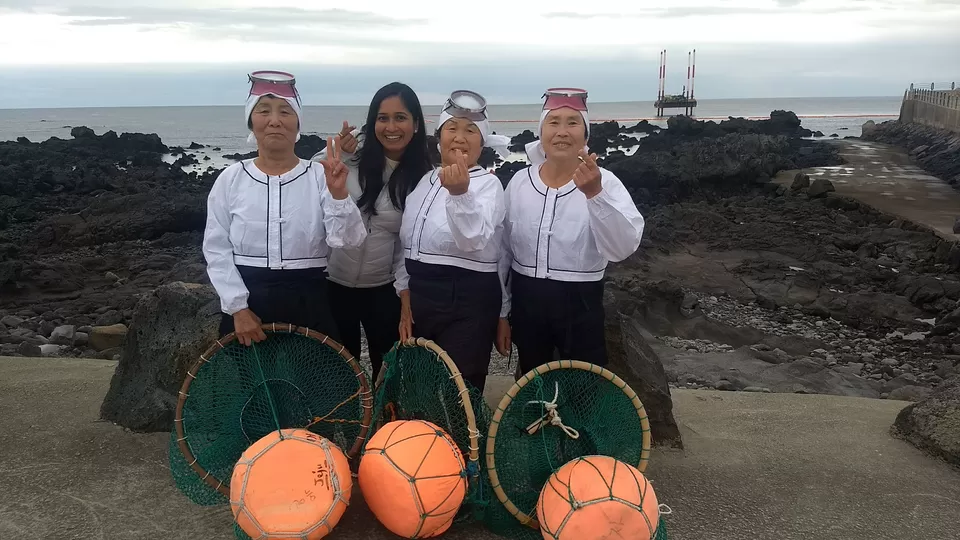
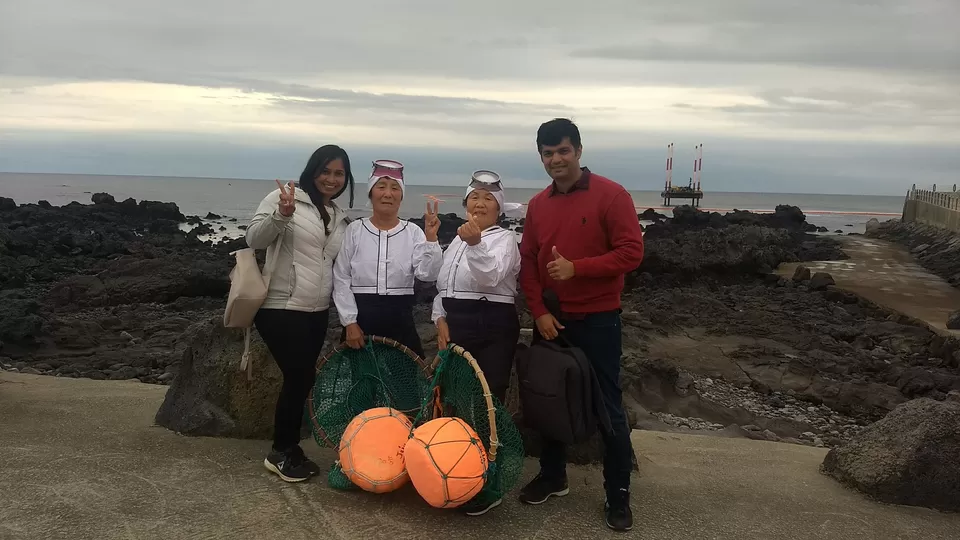
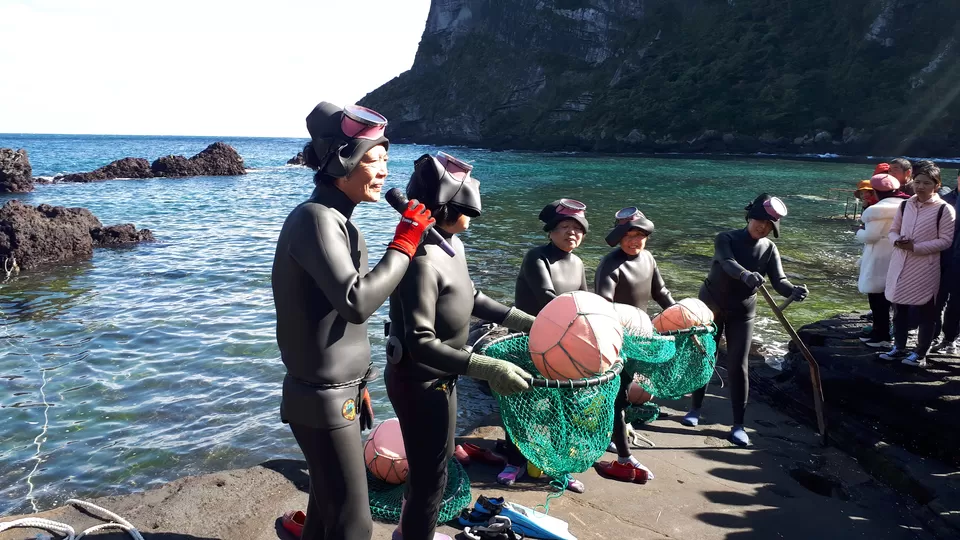
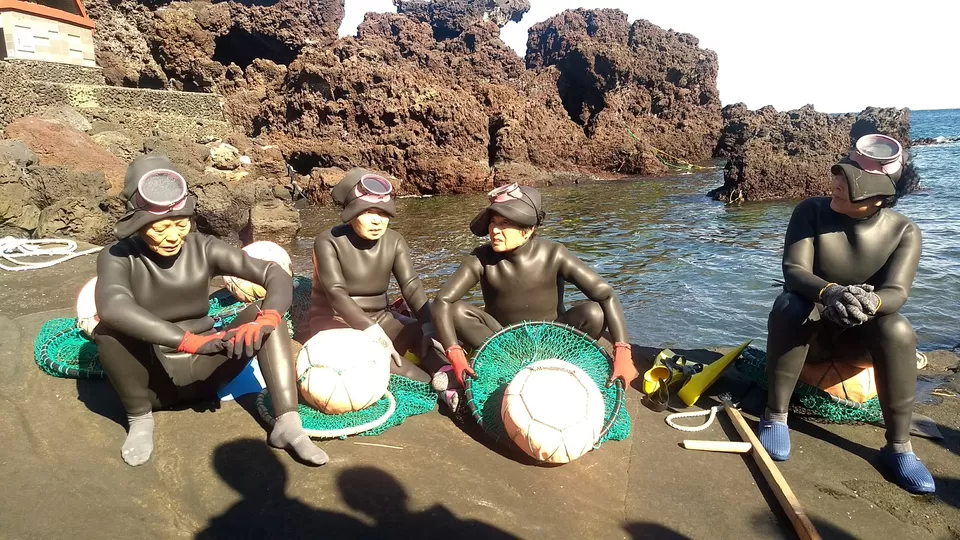
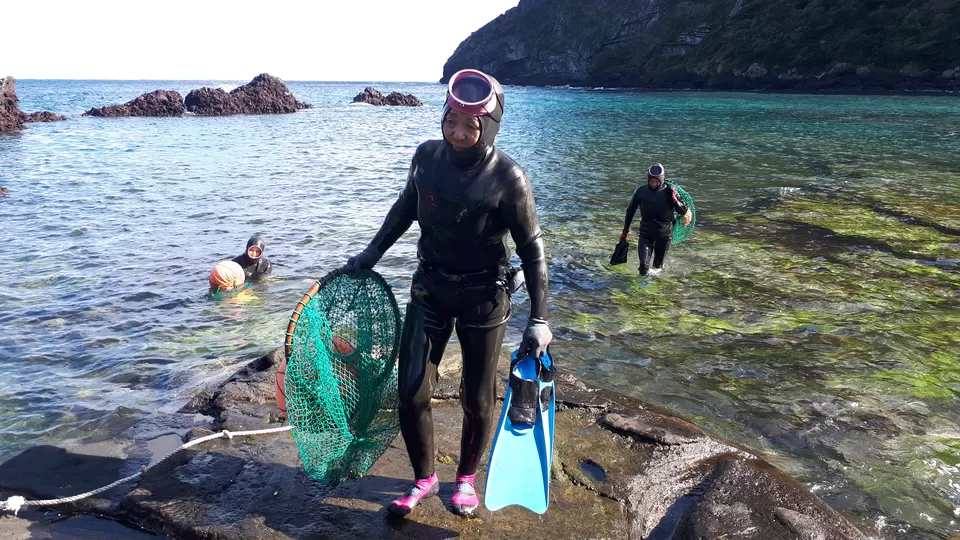
Seongsan Ilchulbong Peak [UNESCO World Heritage] (Trekking: 60 minutes) - Seongsan Ilchulbong Peak rose from under the sea in a volcanic eruption over 100,000 years ago. Located on the eastern end of Jejudo Island, there is a huge crater at the top of Seongsan Ilchulbong Peak. The crater is about 600m in diameter and 90m high. With the 99 sharp rocks surrounding the crater, it looks like a gigantic crown.
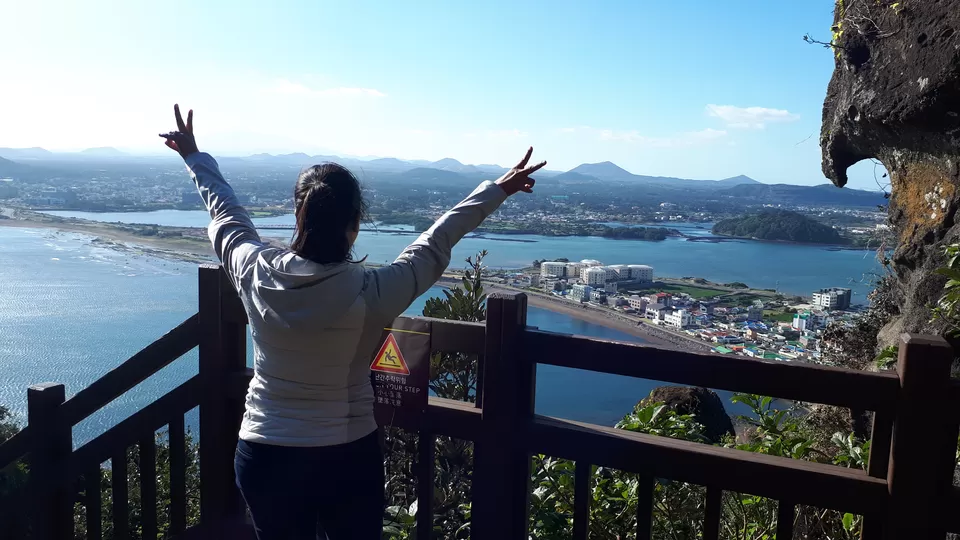
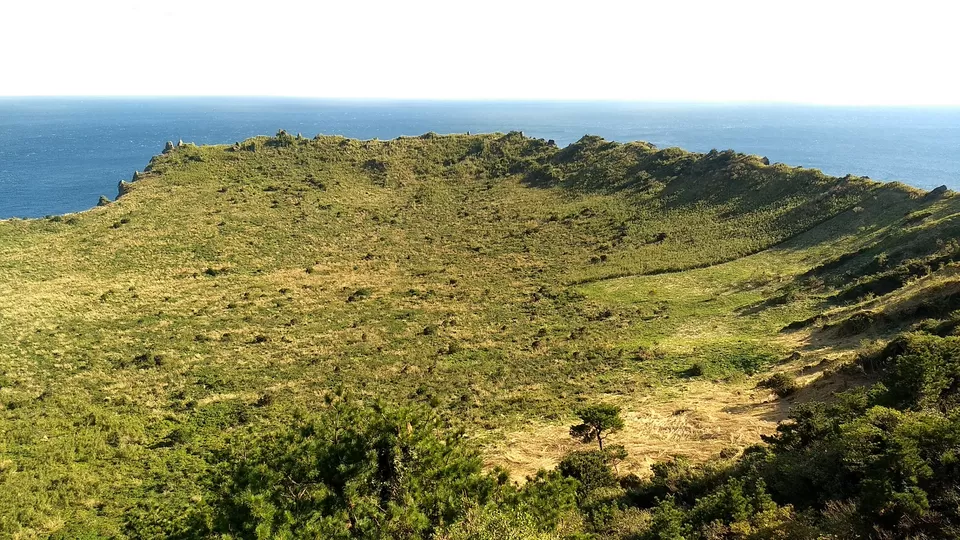
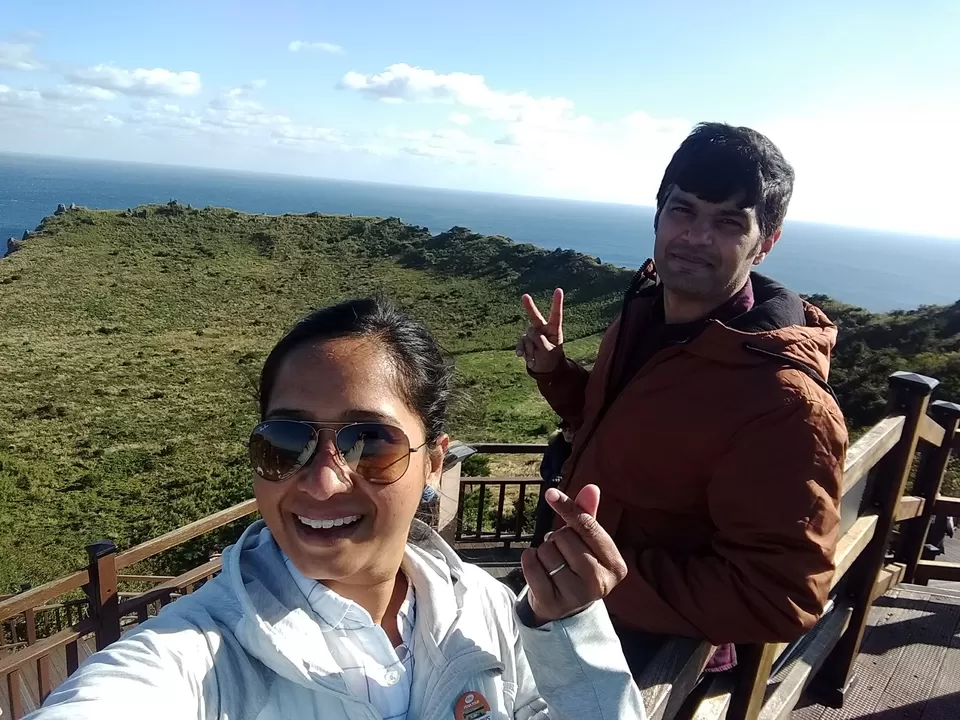
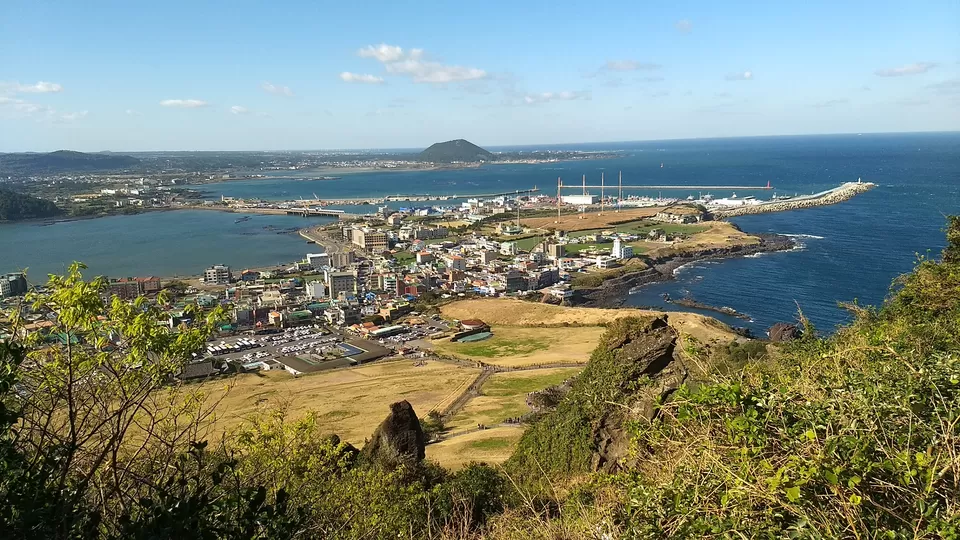
Manjang Cave [UNESCO World Heritage] (Trekking: 60 minutes)- Manjanggul Cave is one of the finest lava tunnels in the world, and is a designated natural monument. A lava tunnel is formed when the lava that was deep in the ground spouts from the peak and flows to the surface. Manjanggul Cave has a variety of interesting structures inside including 70cm lava stalagmites and the lava tube tunnels.
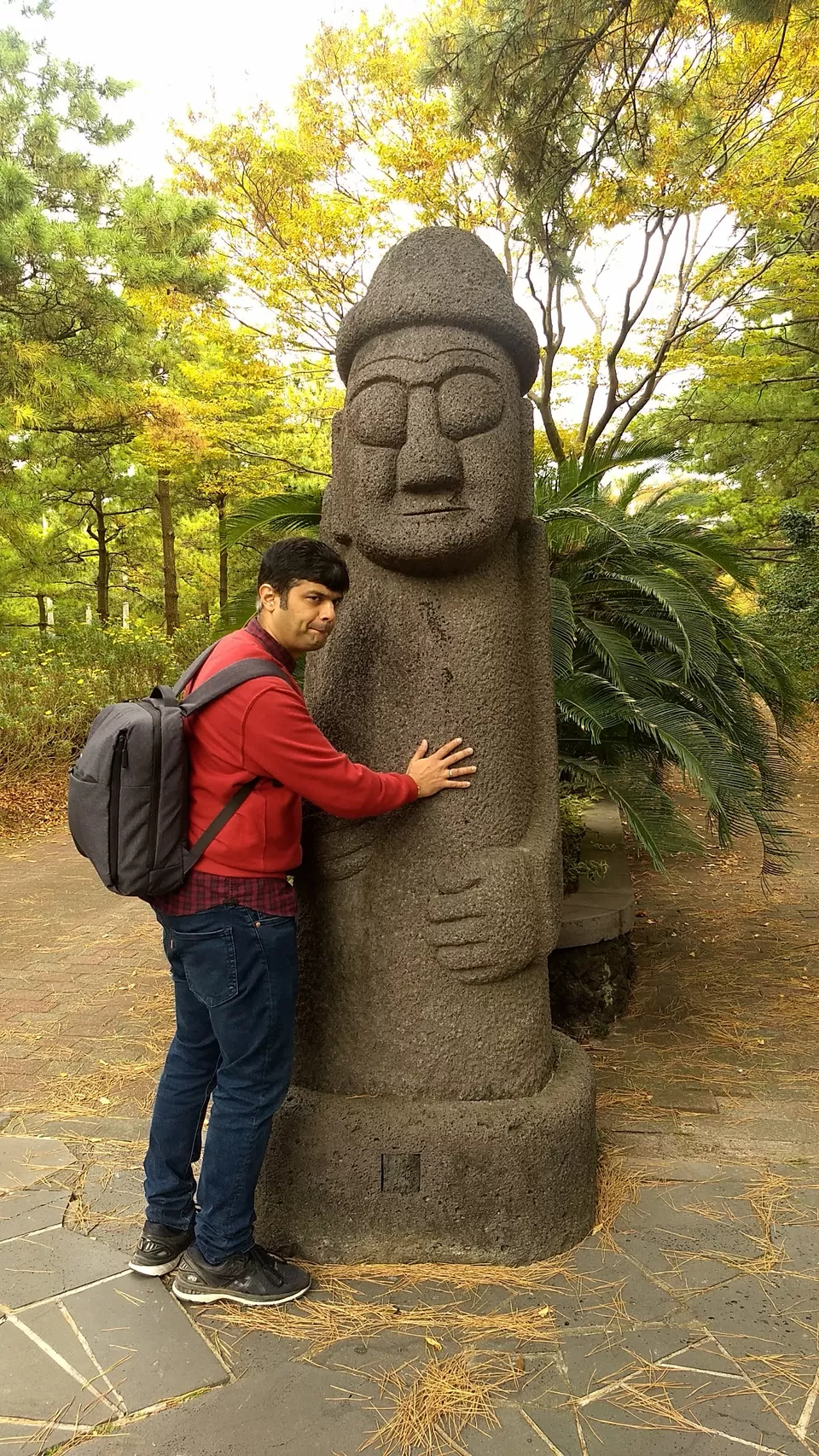
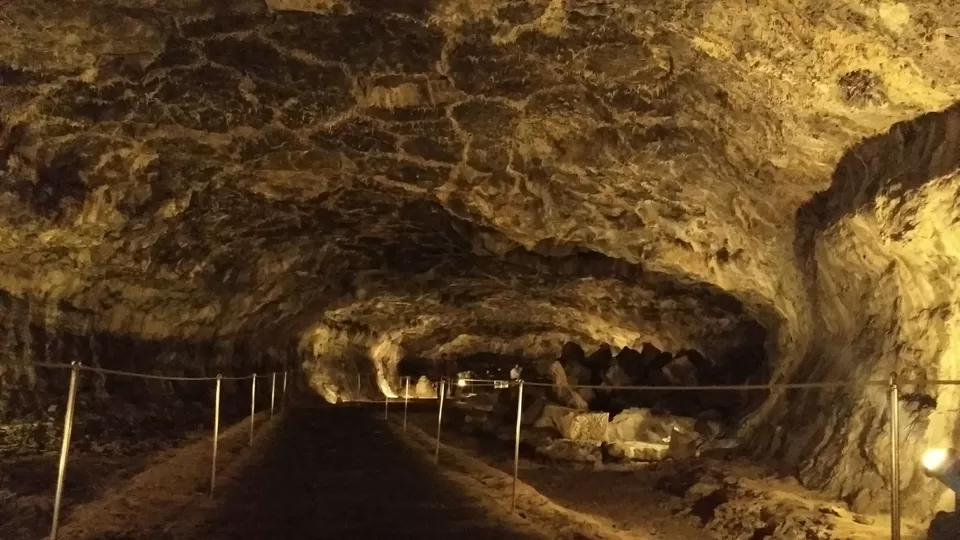
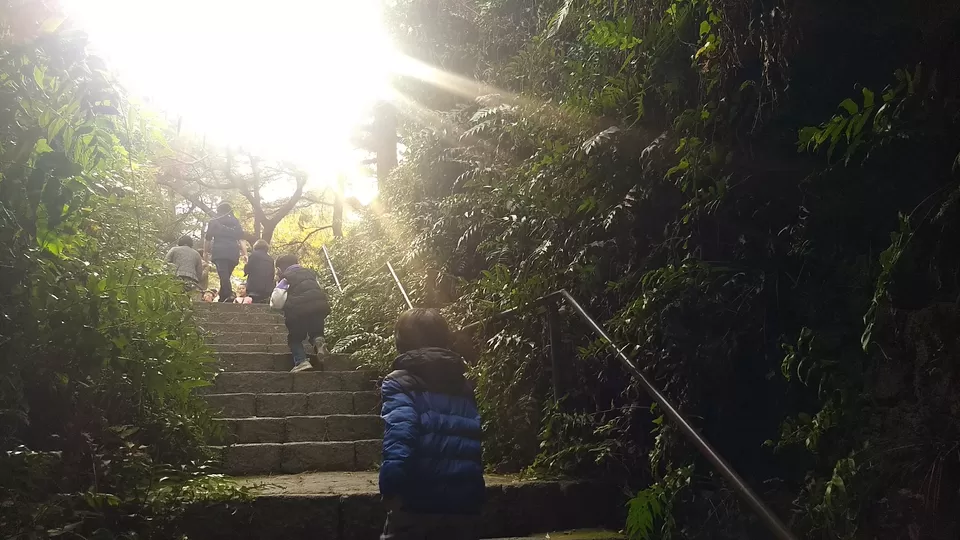
Hyupjae & Gumneung Beach
Hyupjae Beach is one of the popular places that many tourists visit in anytime. The white sand beach has extra fine sand mixed with shells that glitters with silver, and the emerald-colored water is crystal clear. Also one of well-known island ‘Biyang do -flown island’ can be seen from Hyupjae beach.
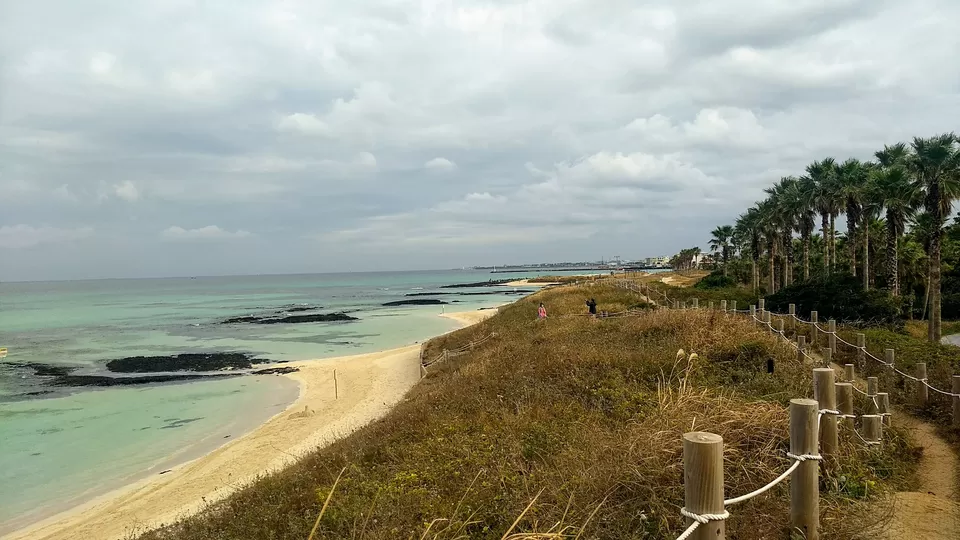
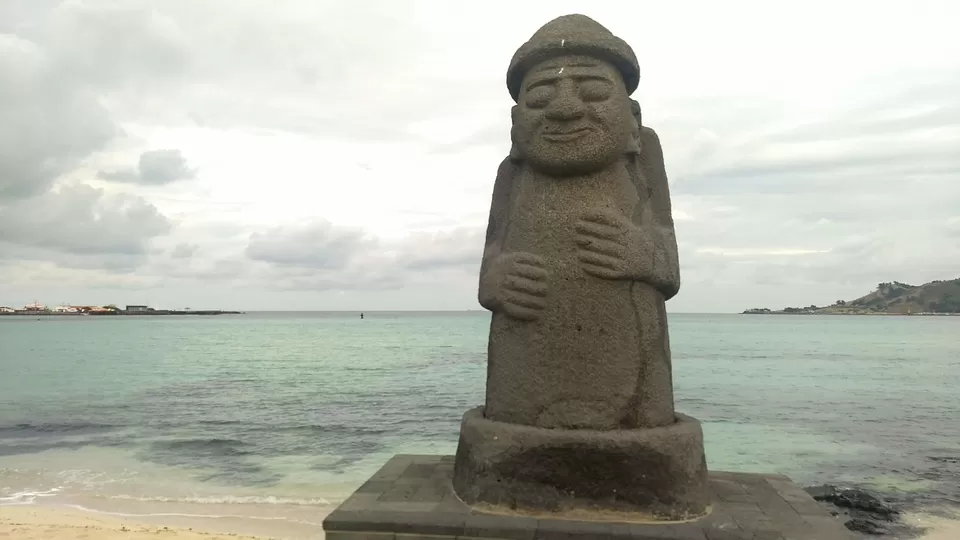
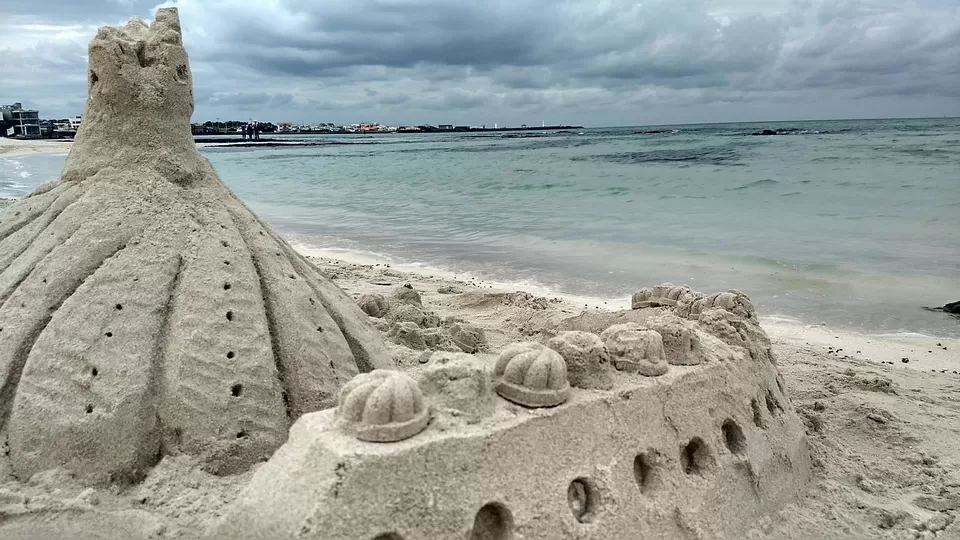
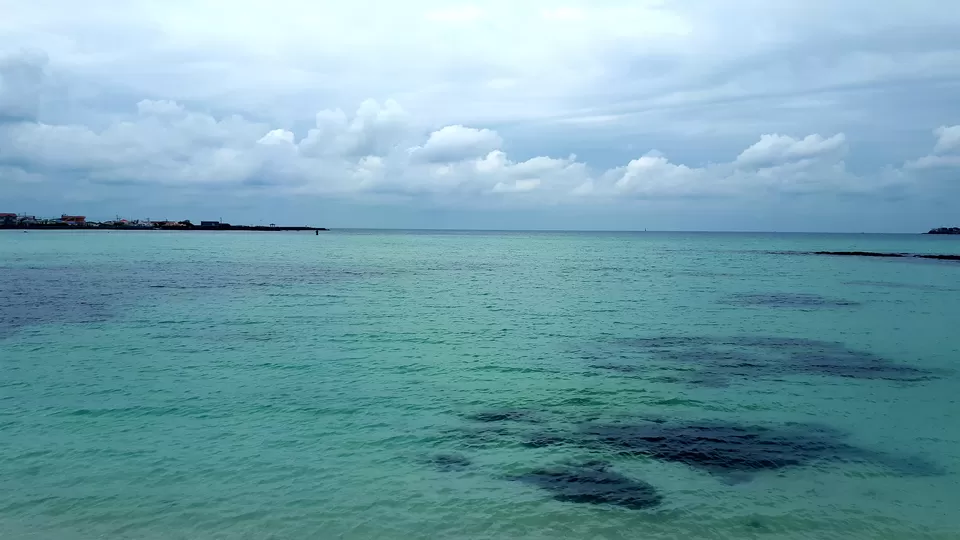
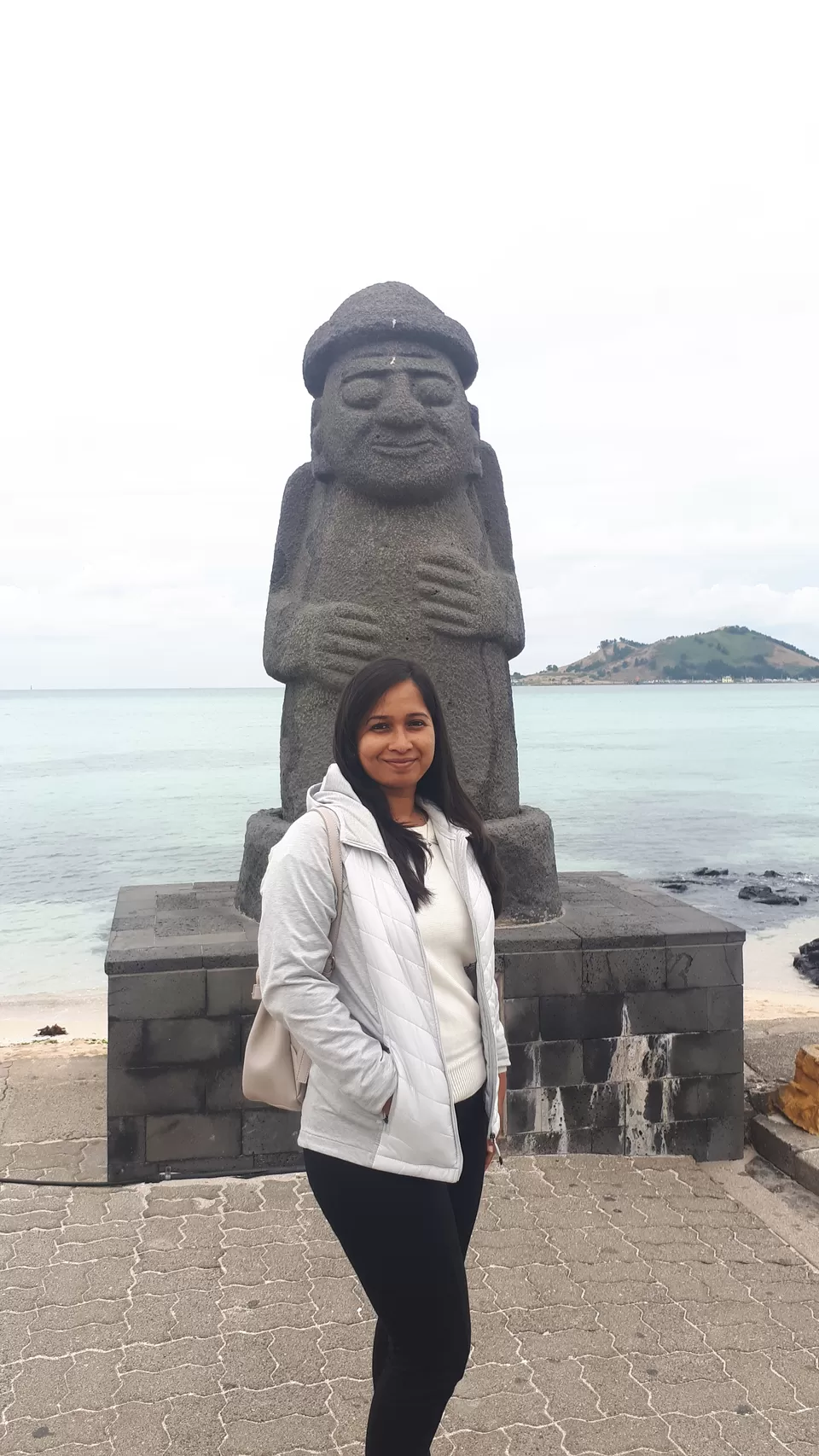
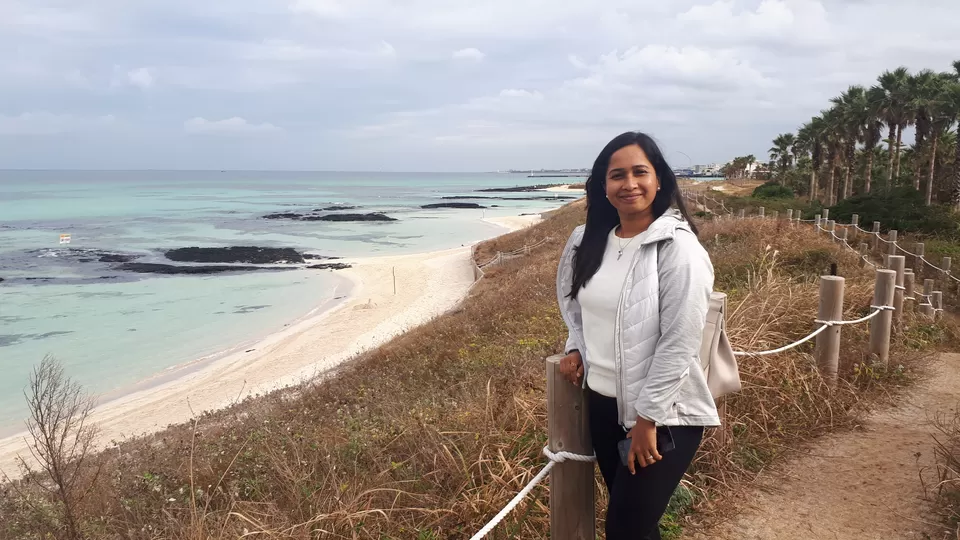
Hallim Park
Hallim Park, almost 100 thousand square meters, has a variety of gardens that can be enjoyed in any season. The most famous tourist sites in Hallim Park are Hyeopjaegul and Ssangyonggul Caves known to be the only two-dimensional caves in the world.
O’sulloc Green tea field- O'sulloc Museum teaches visitors about Korea's traditional tea culture. The “o“in “o'sulloc“, means to appreciate and enjoy, and it also stands for the origin of sulloc, only sulloc, and of sulloc tea. The museum, which first opened in September 2001 is widely known in Korea. The entire building takes the shape of a green tea cup. It seeks to harmonize the cultures of the West and East, and past traditions with the modern world.
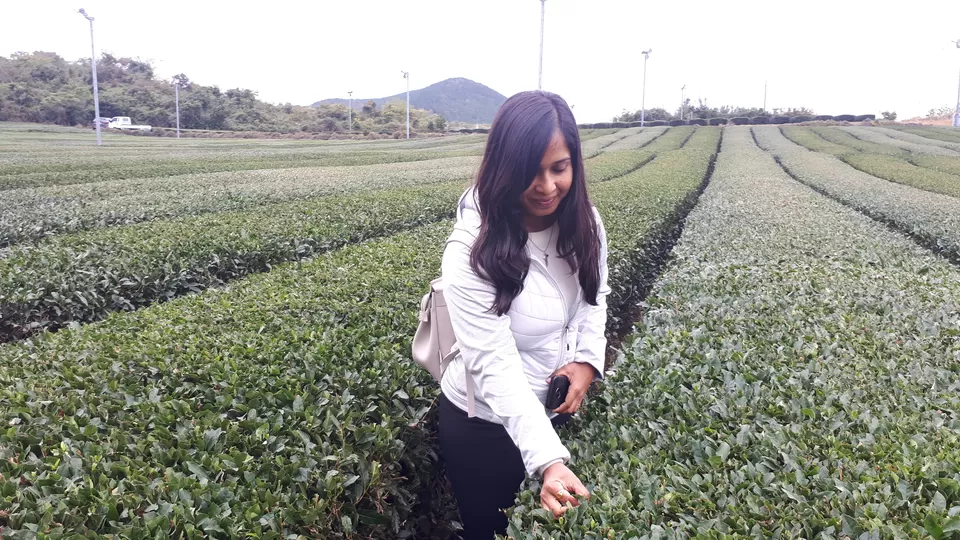
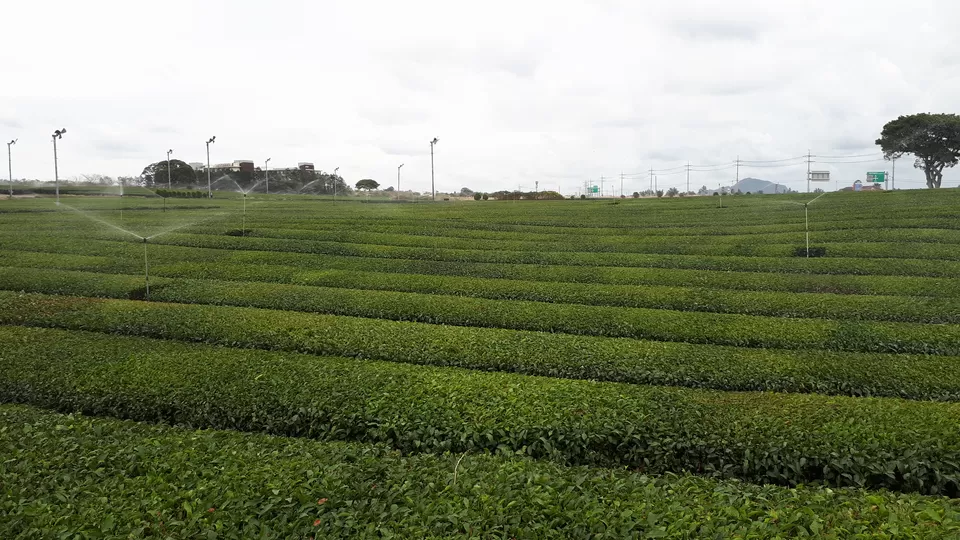
Sanbang Mountain Cruise- Appreciate the blissful and picturesque ocean view of Sanbang Mountain, Brother Island, Hexagon Lave cliff of Mt.Songak and Dragon Coast, which have been designated as Global Geoparks, from the Sanbang Mountain Cruise(about 1hour).
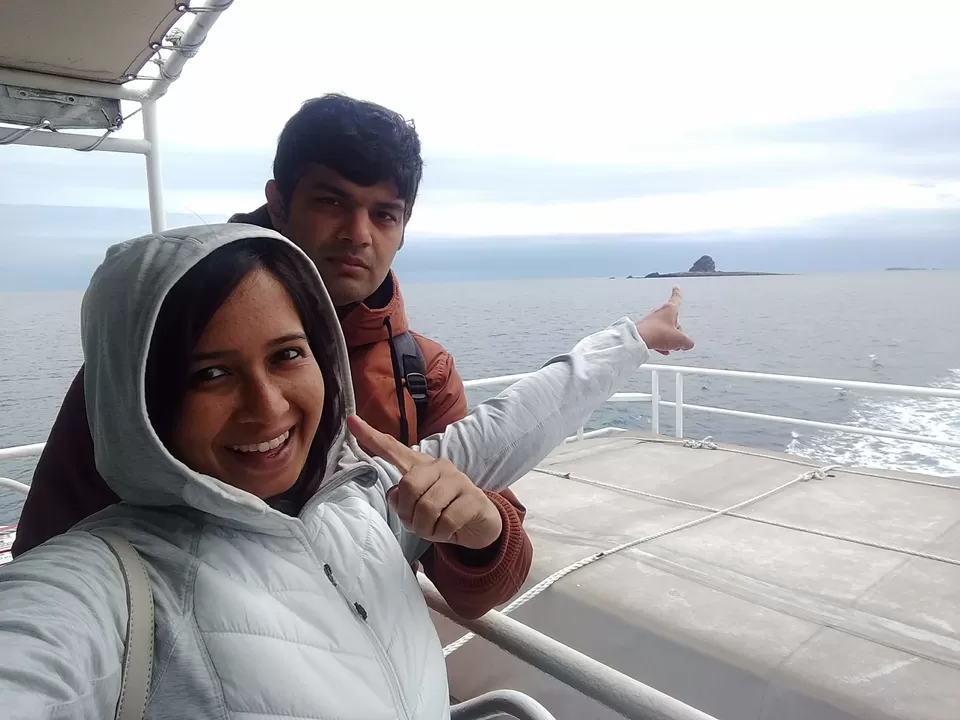
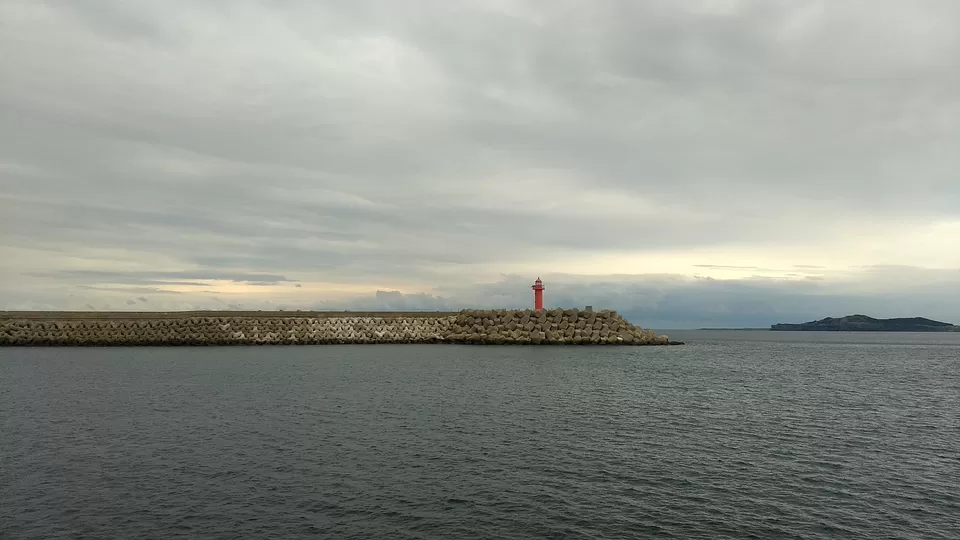
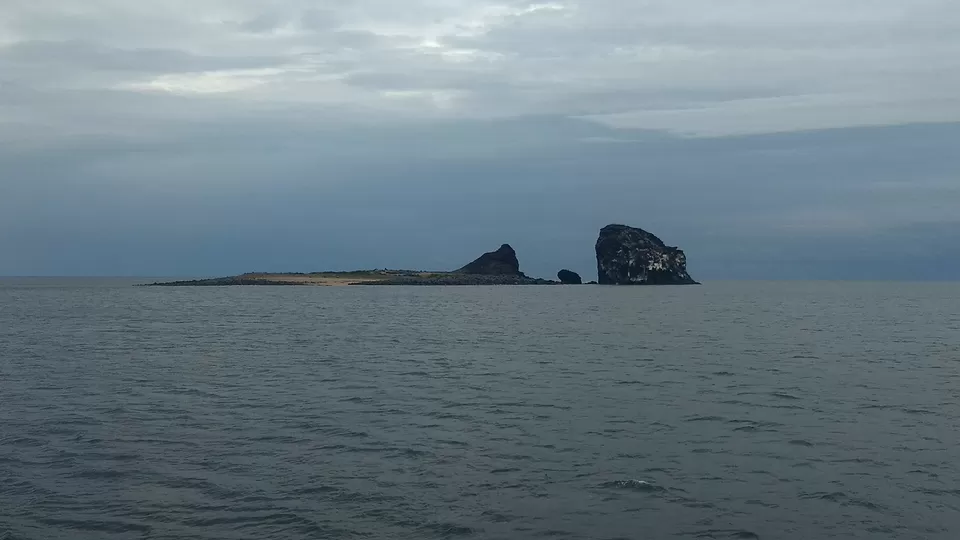
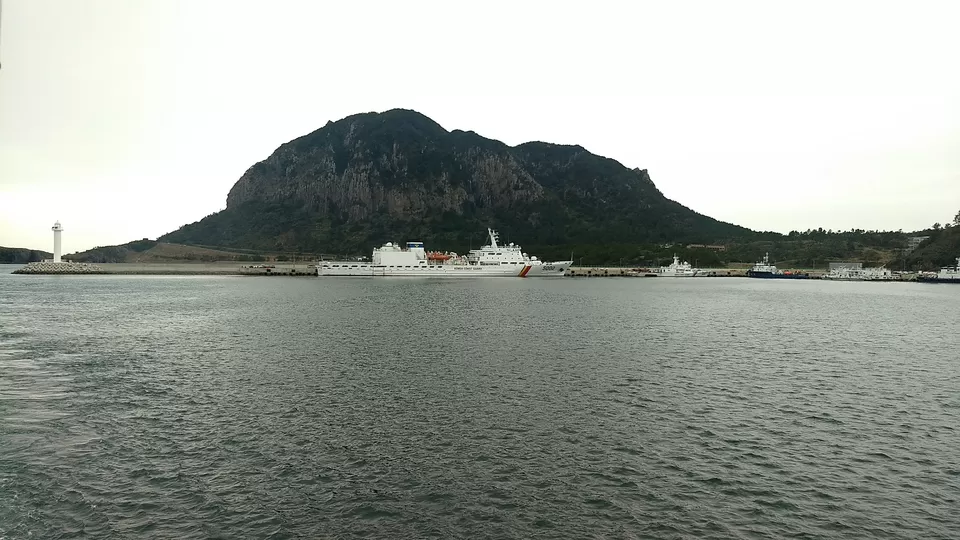
Cheonjeyeon Waterfall -
According to a legend, Cheonjeyon Falls means “the pond of God” where nymphs descend to take a bath. The first cascade of Cheonjeyon Waterfall is 22 m high and the water forms a pond 21 m in depth. The water flows farther along to form the second cascade of 30 m high. Up from Cheonjeyon Falls is the stunning arch bridge Seonimkyo, which is also called Seven Nymphs Bridge. From ancient times, people have believed that they can recover from any disease if they stand under a waterfall on either the Buddhist All Souls Day or Cheoseo Day (at the end of August). Right next to the falls is Yeomiji Botanical Gardens and many other tourist attractions
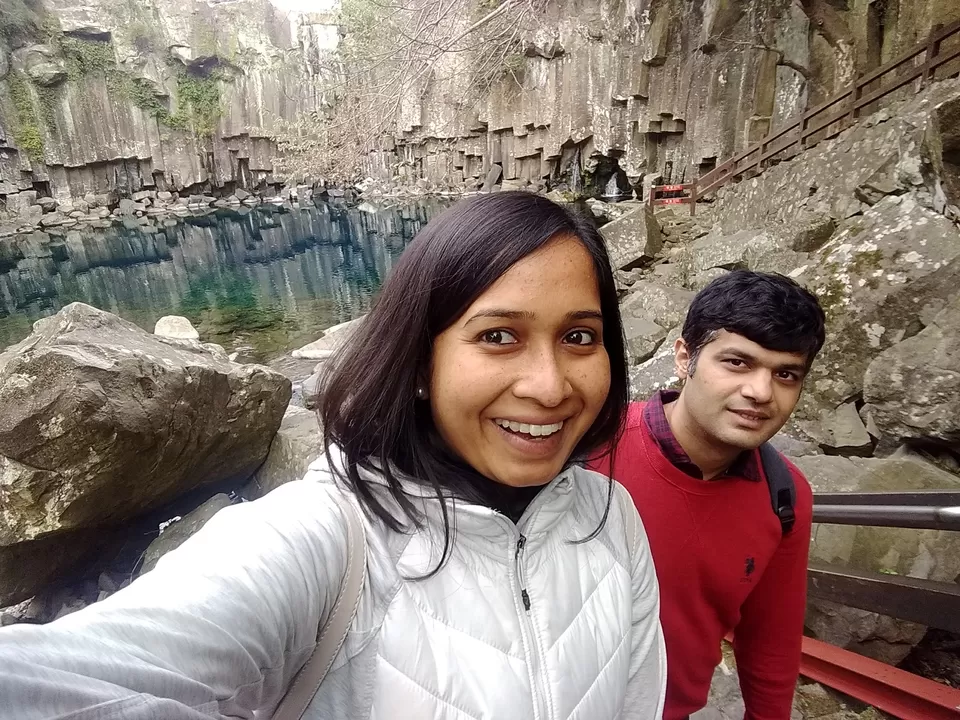
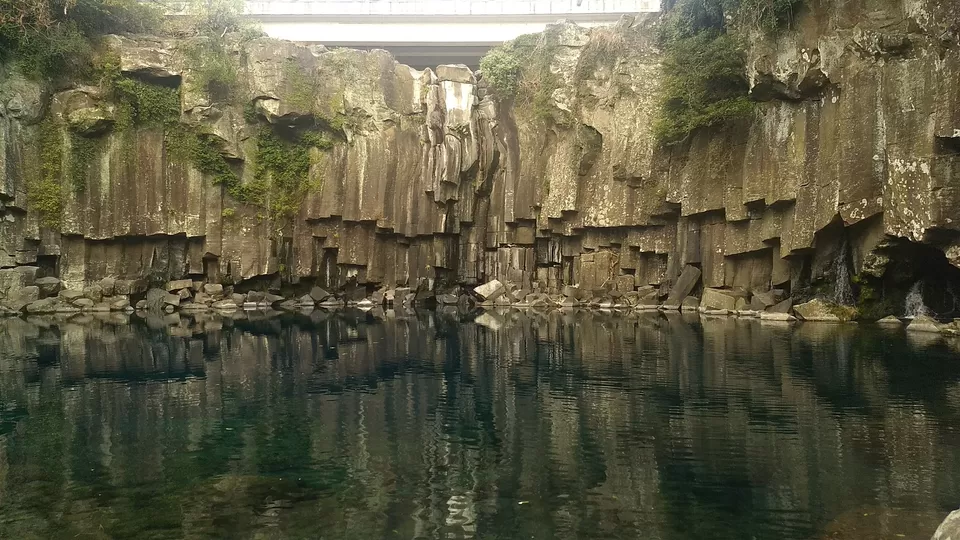
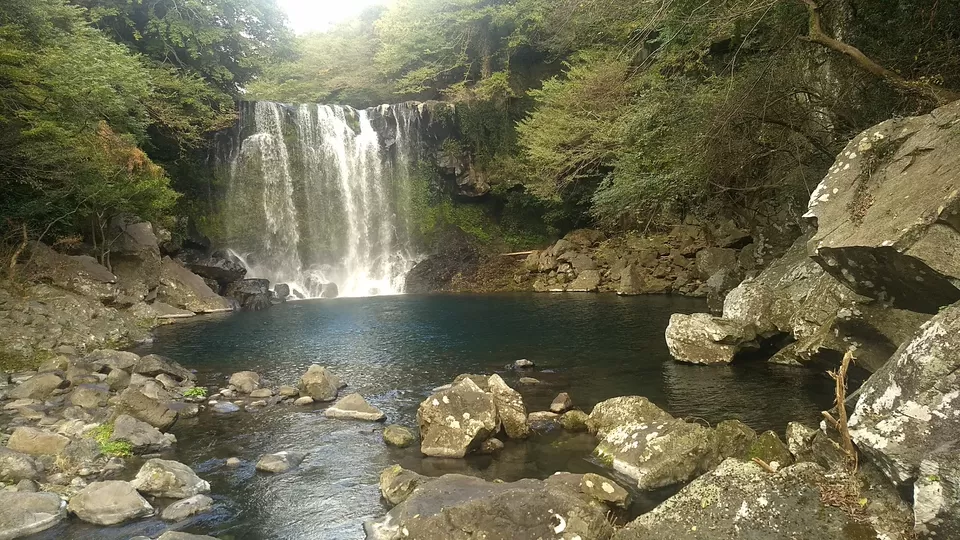
Seoul city
Head back to Seoul City, explore city on foot.Catch night or early morning flight back to India.
Wait ! did we forget to mention about the food delight in Korea !!!
South Korea is a foodie delight. Do grab and opportunity to try different cruisines whenever and whereever possible.
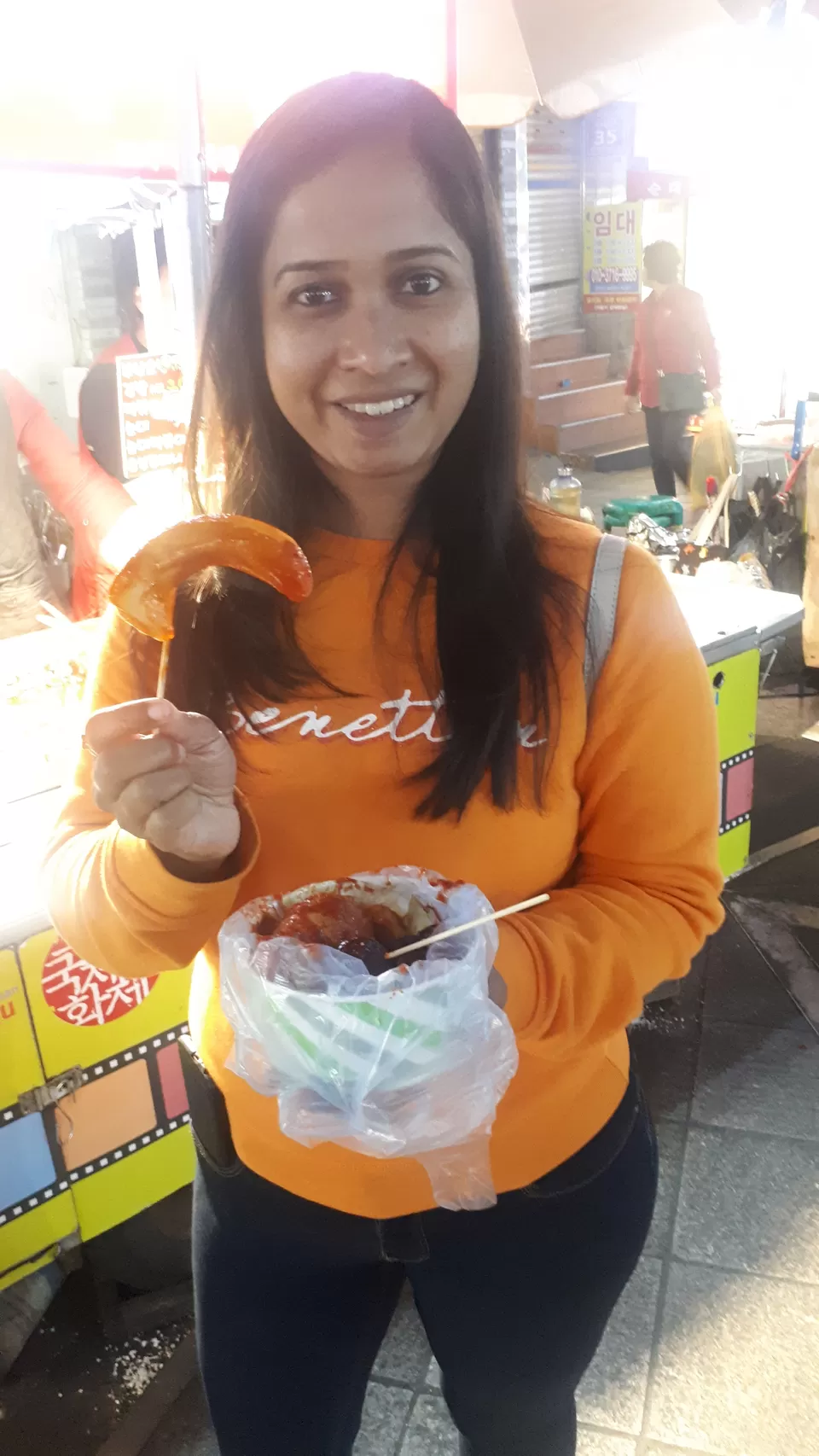
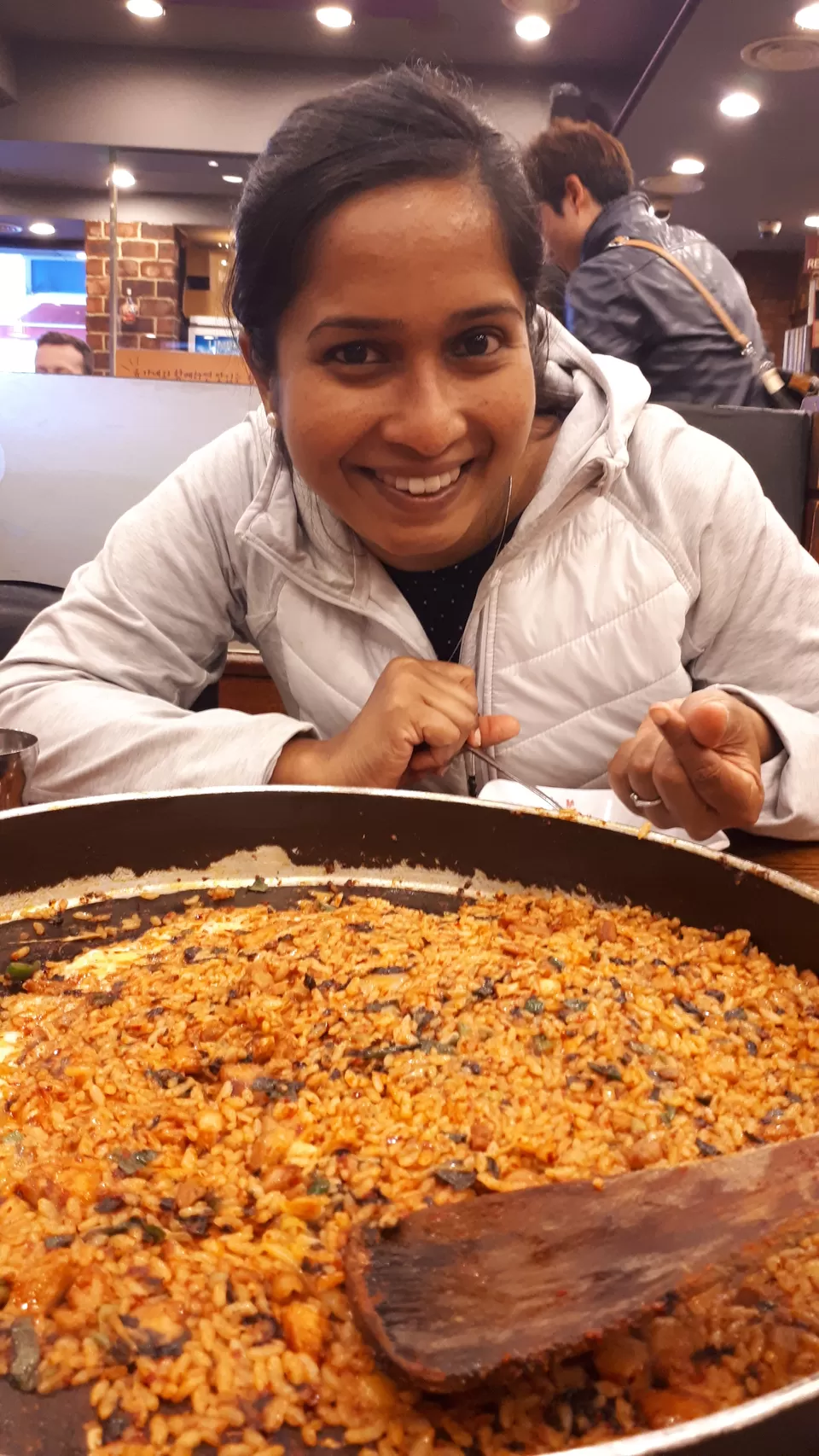
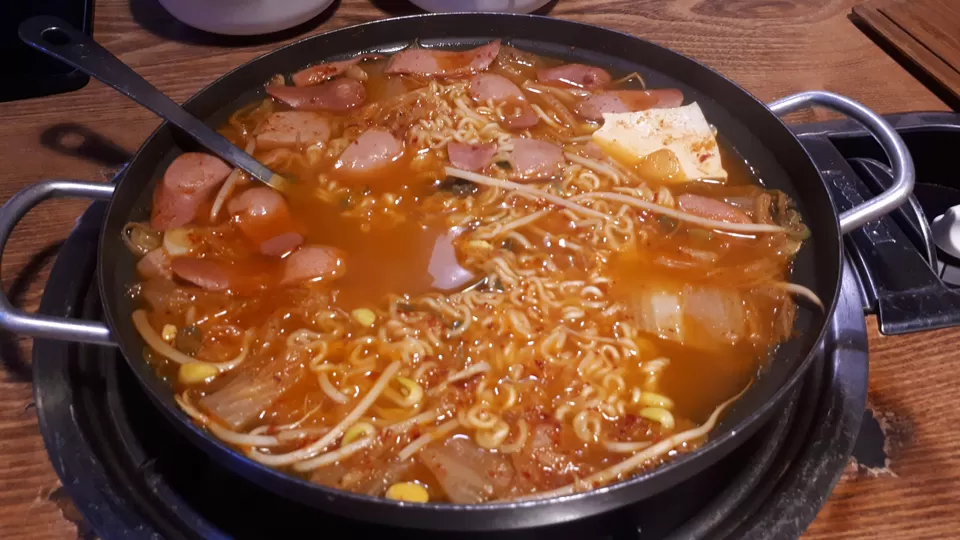
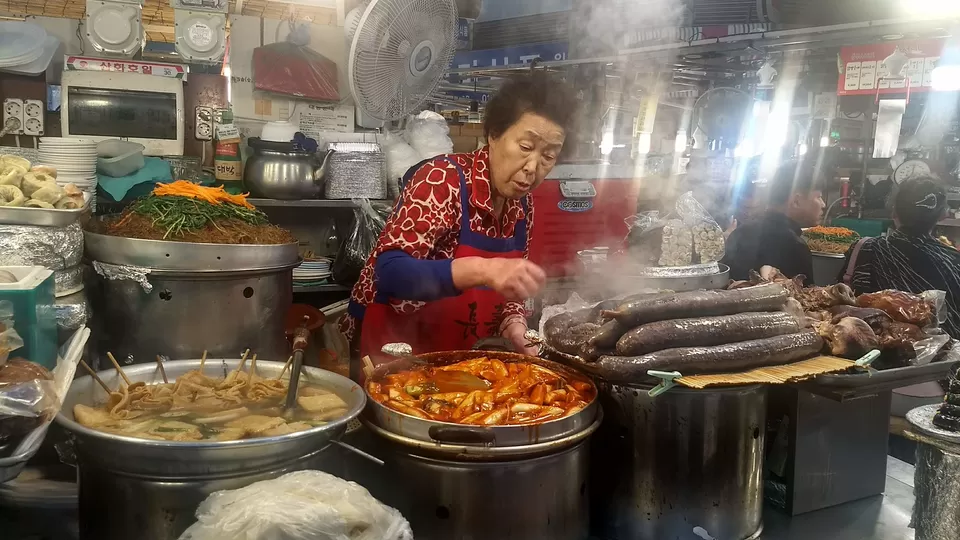
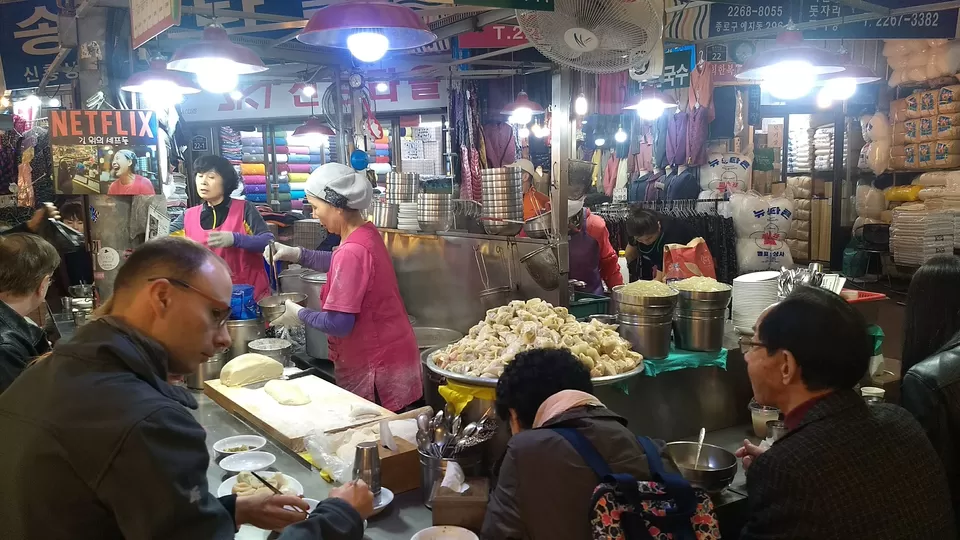
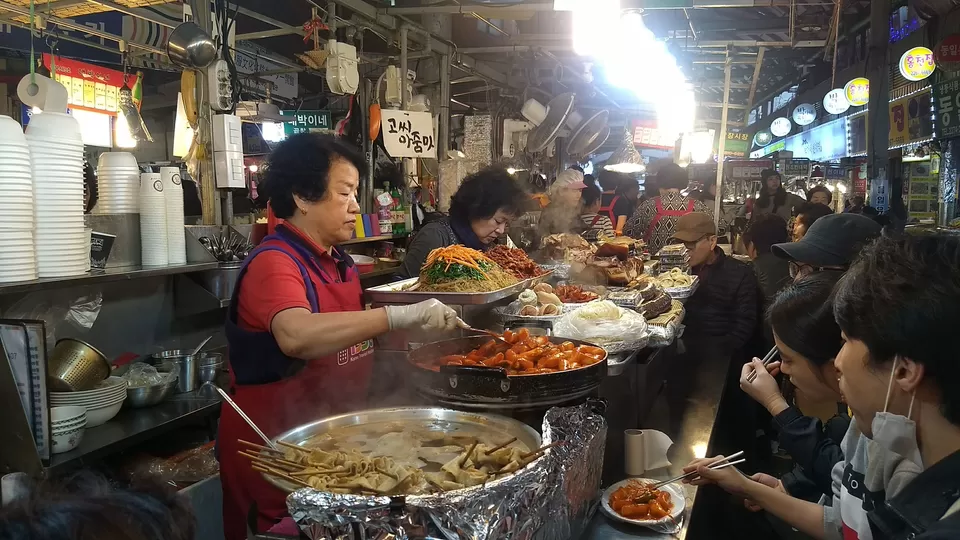
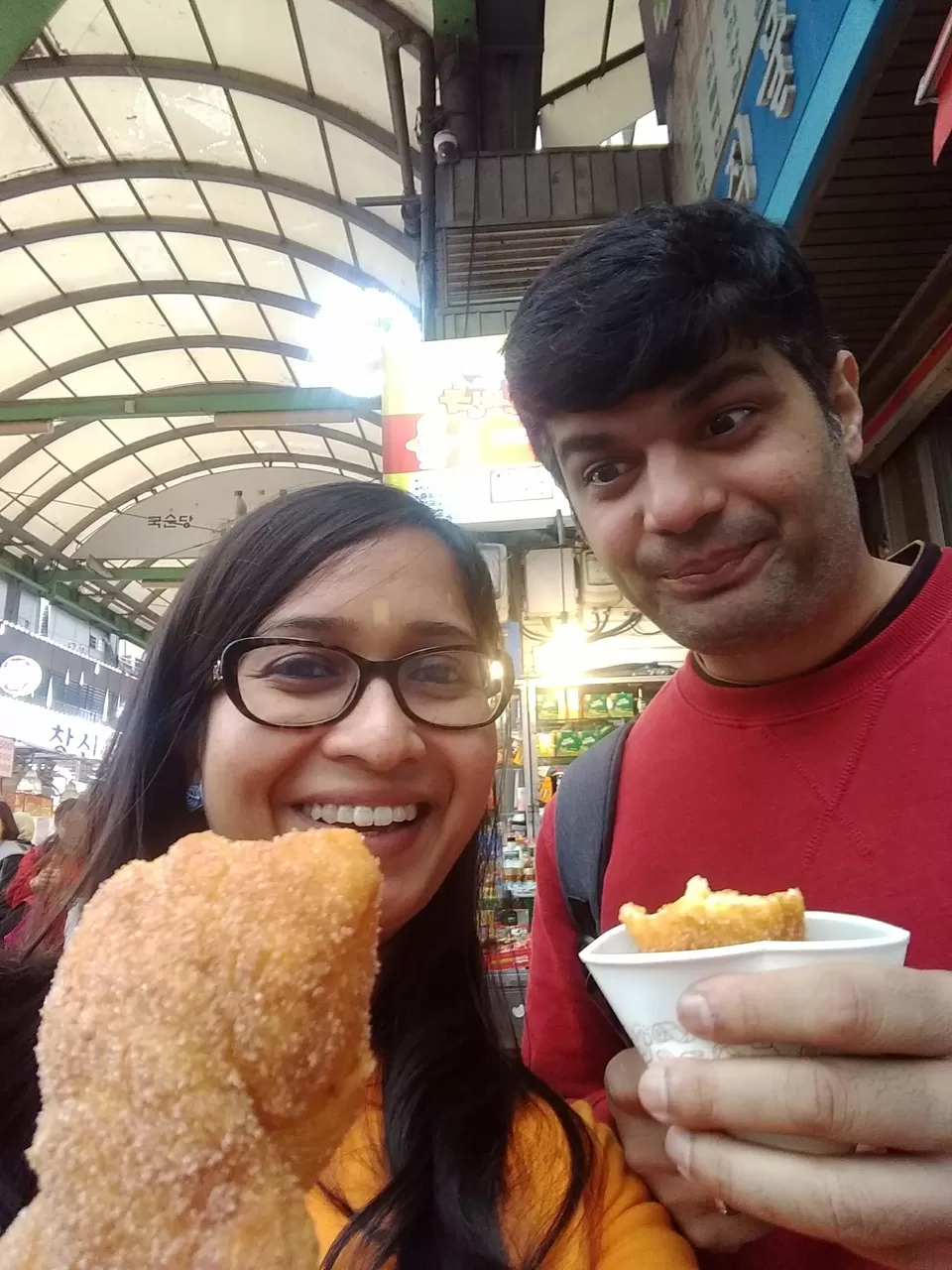
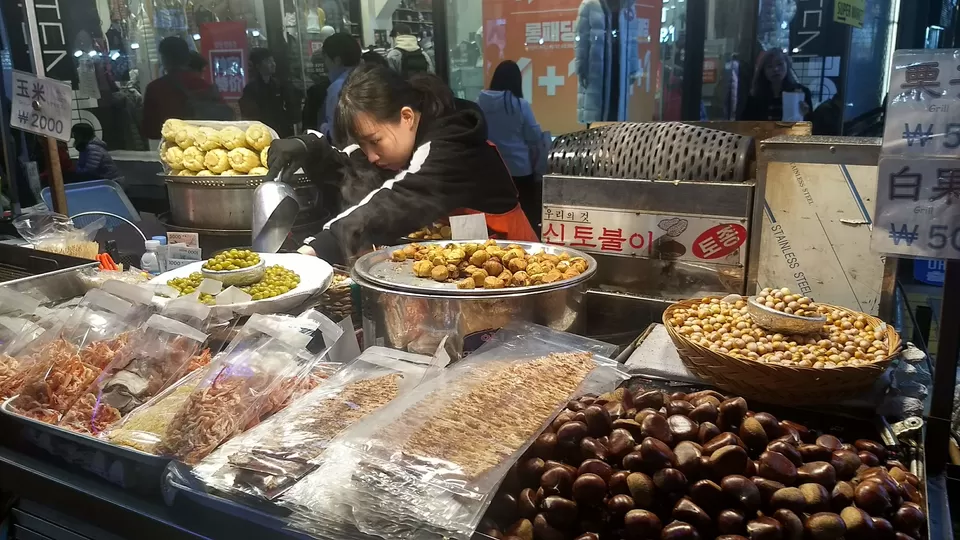
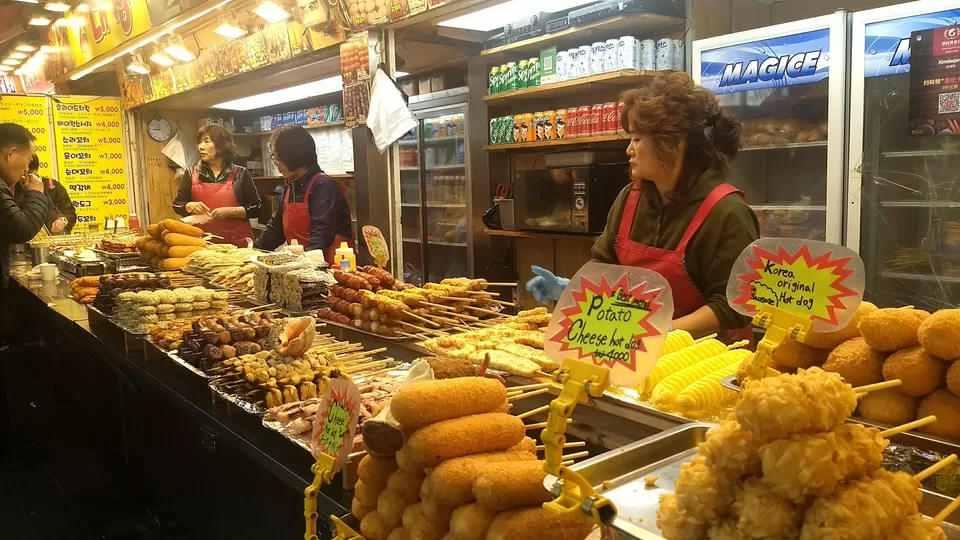
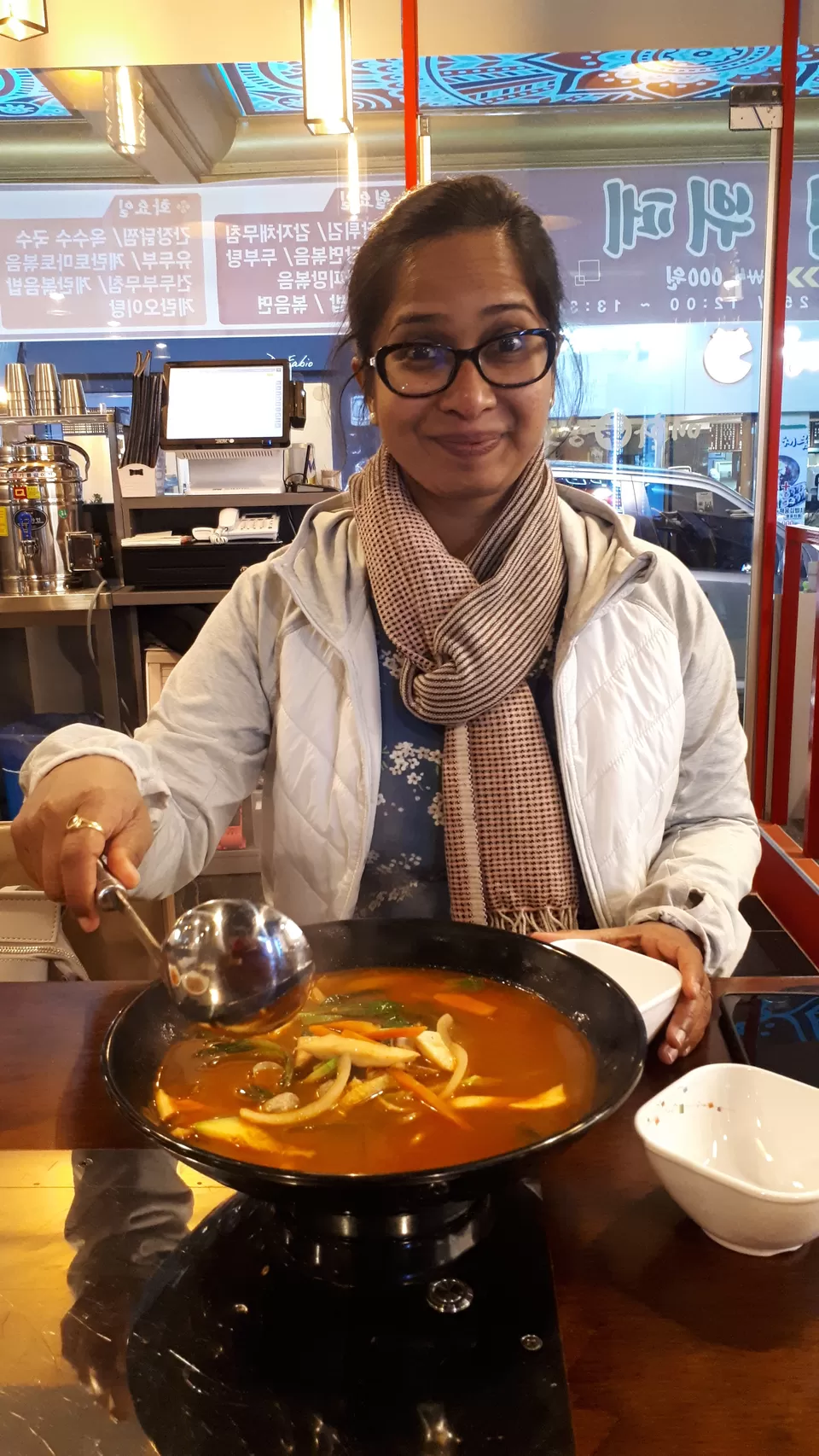
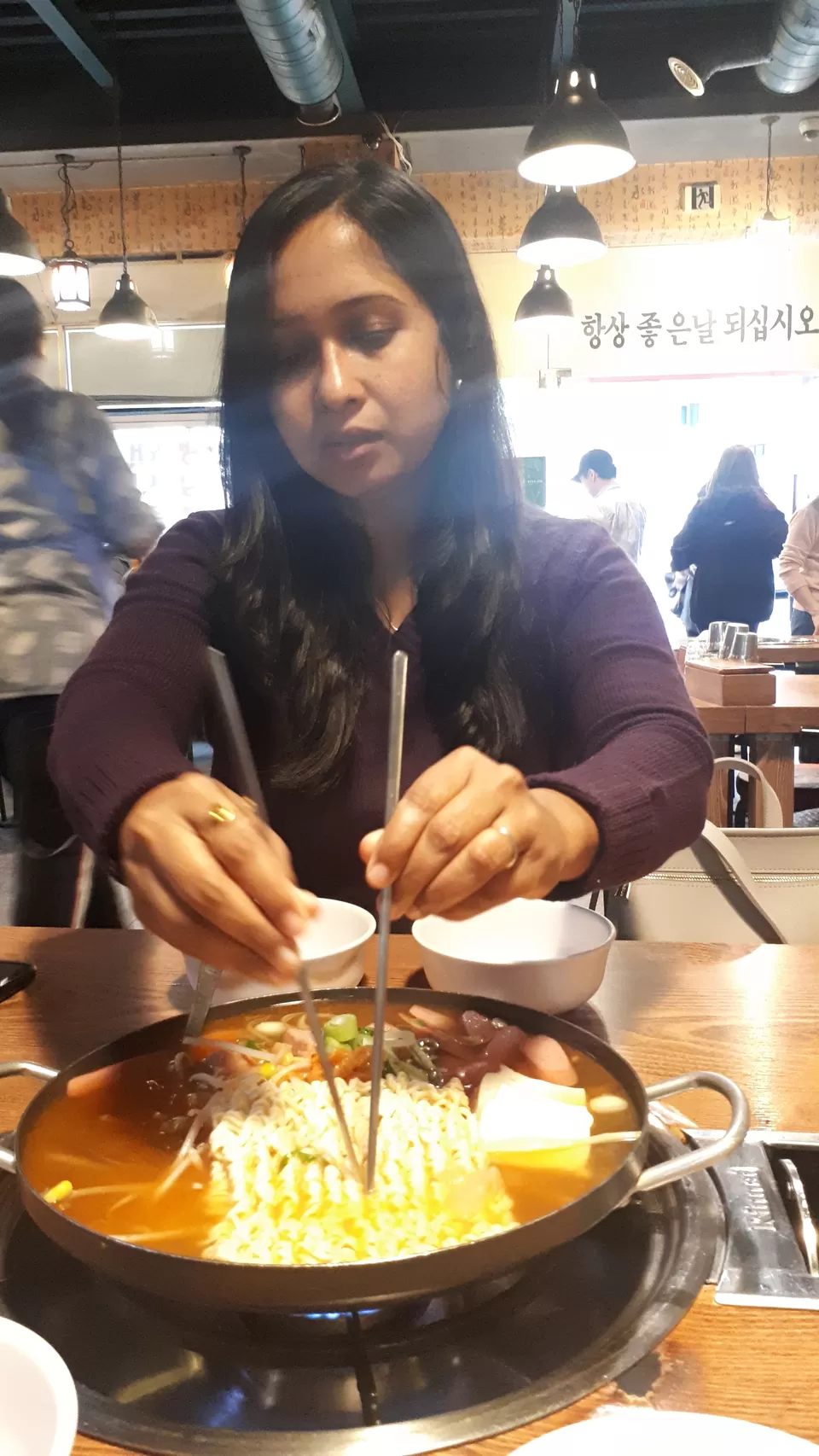
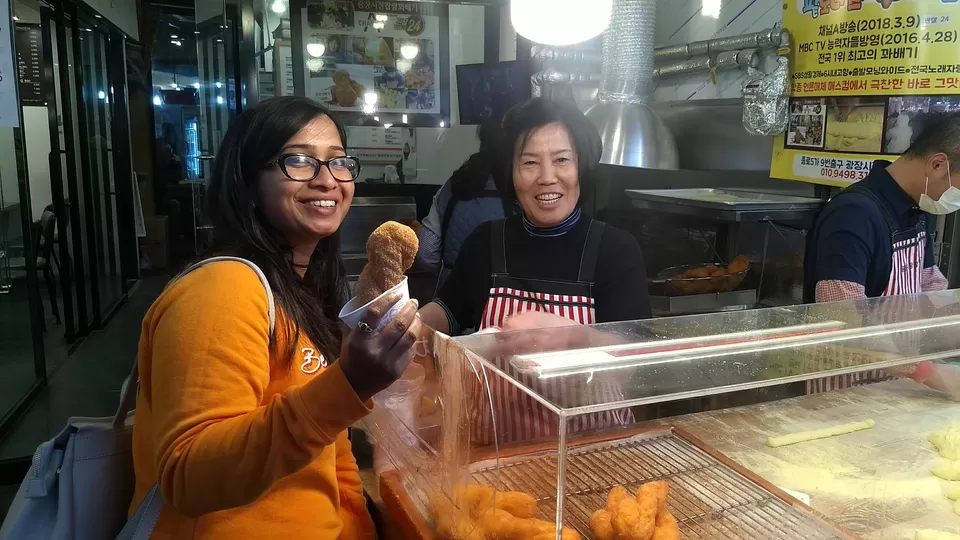
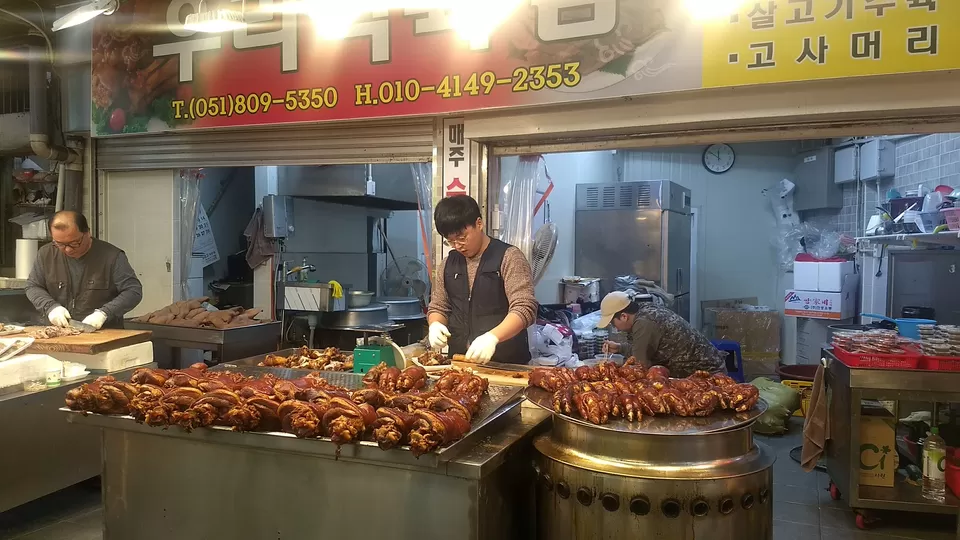
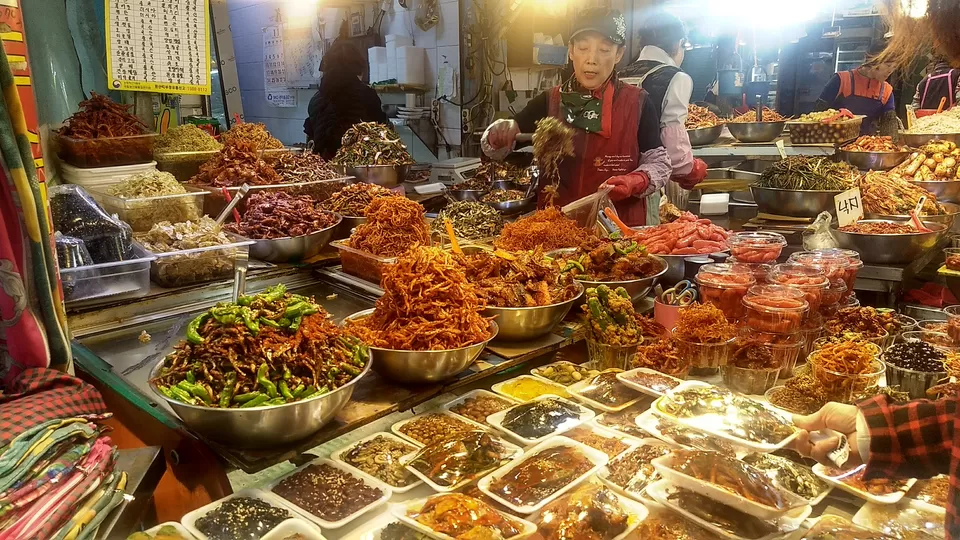
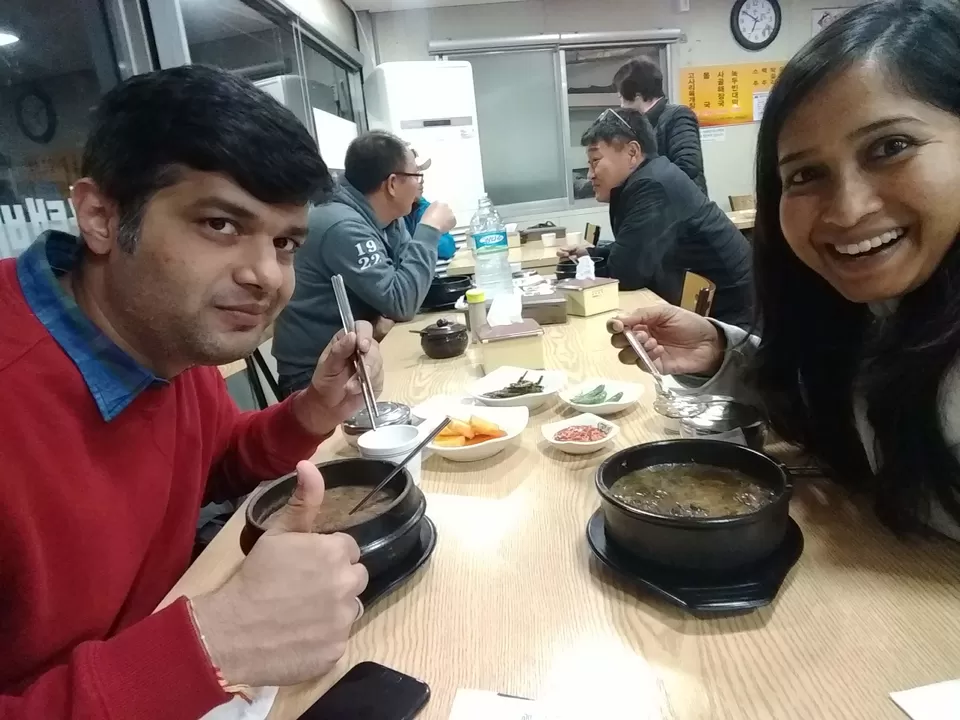
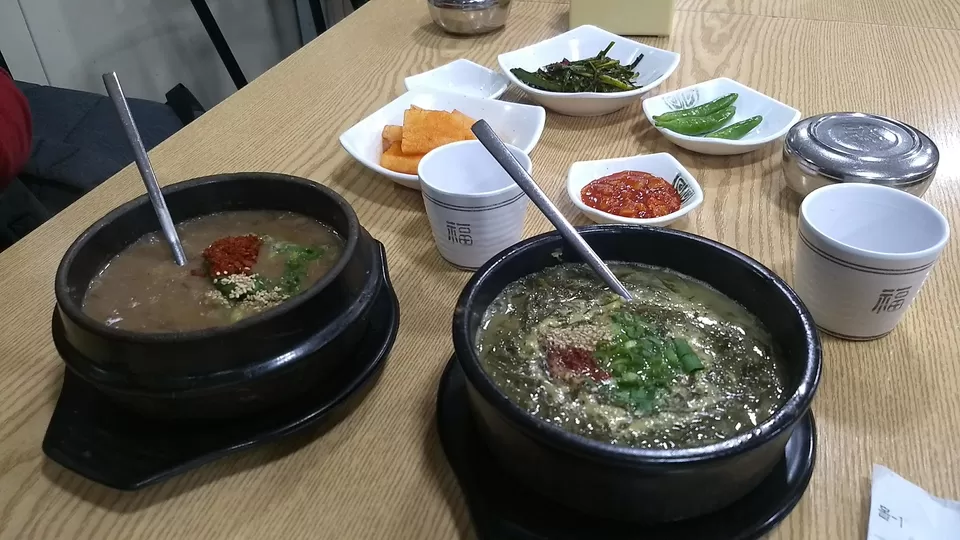
Happy travelling !

